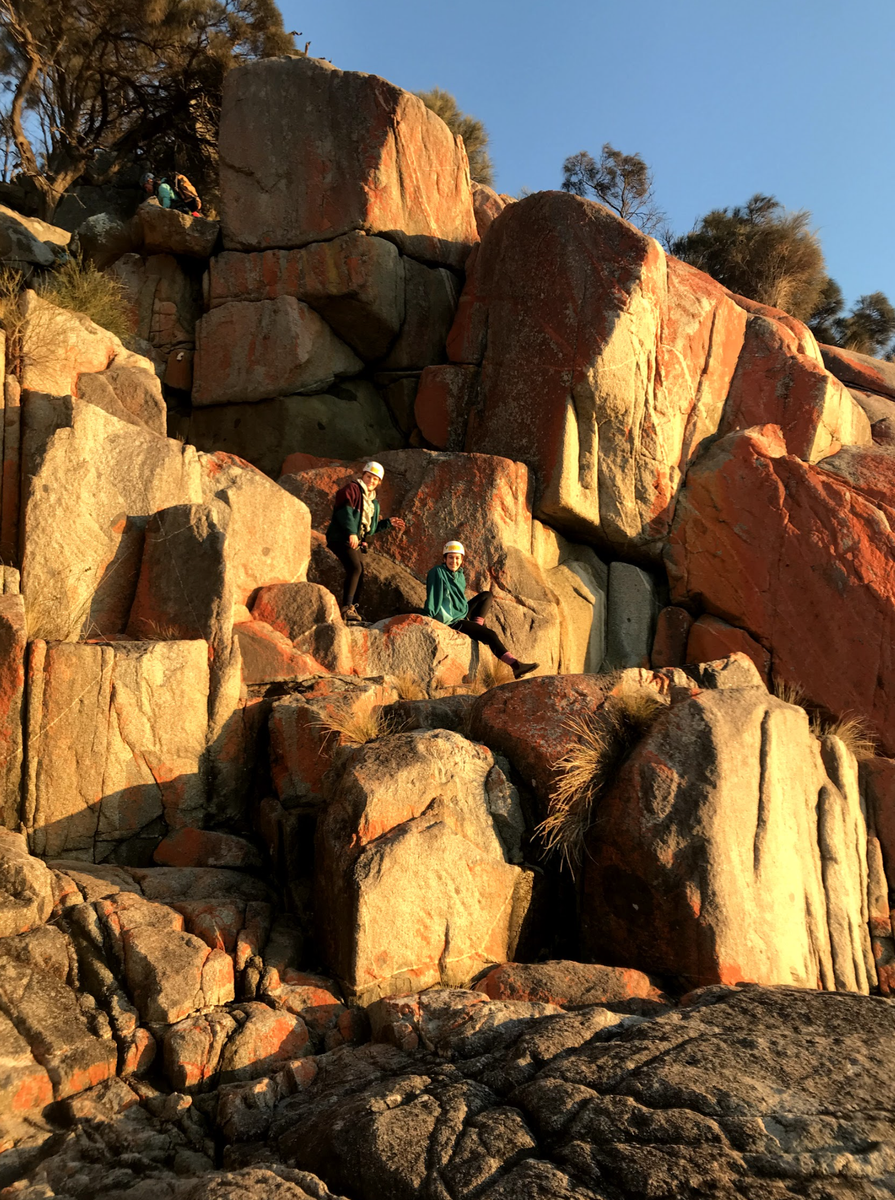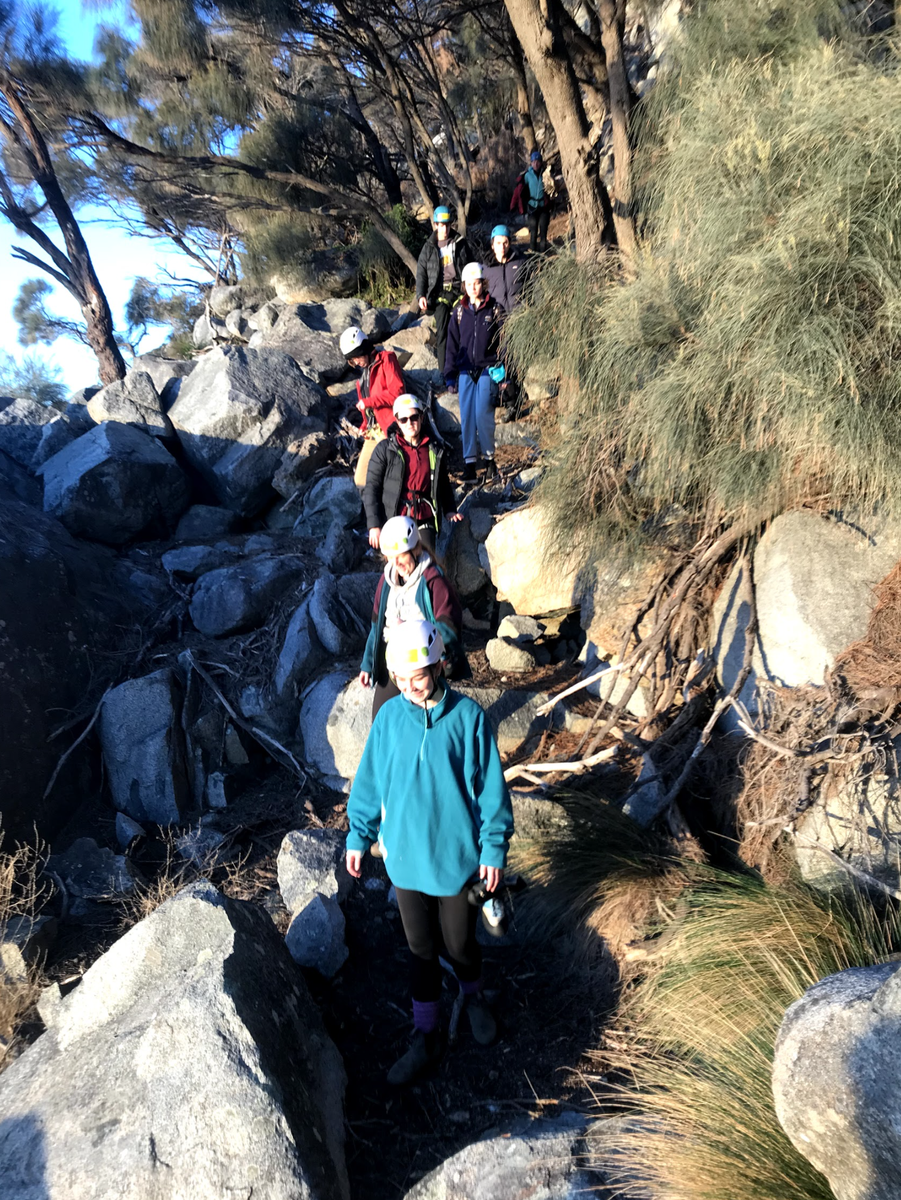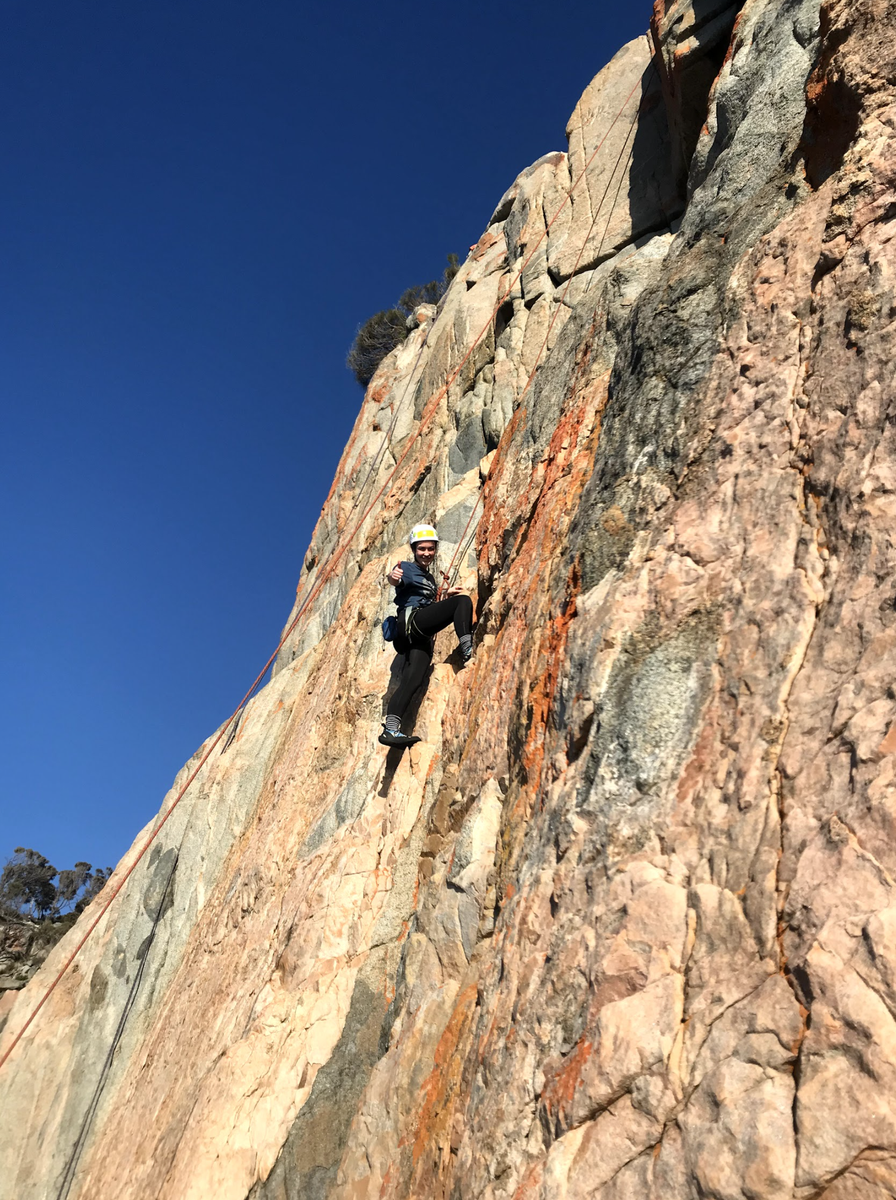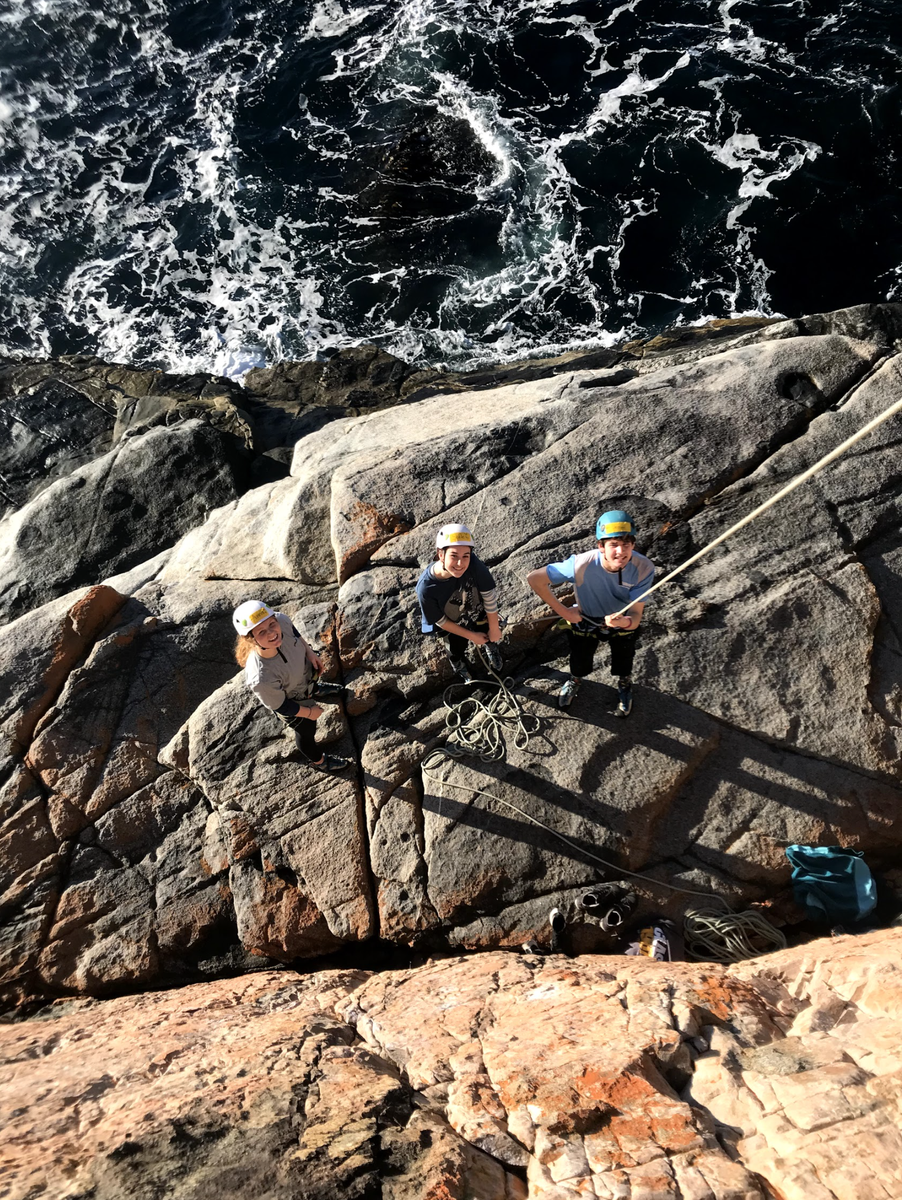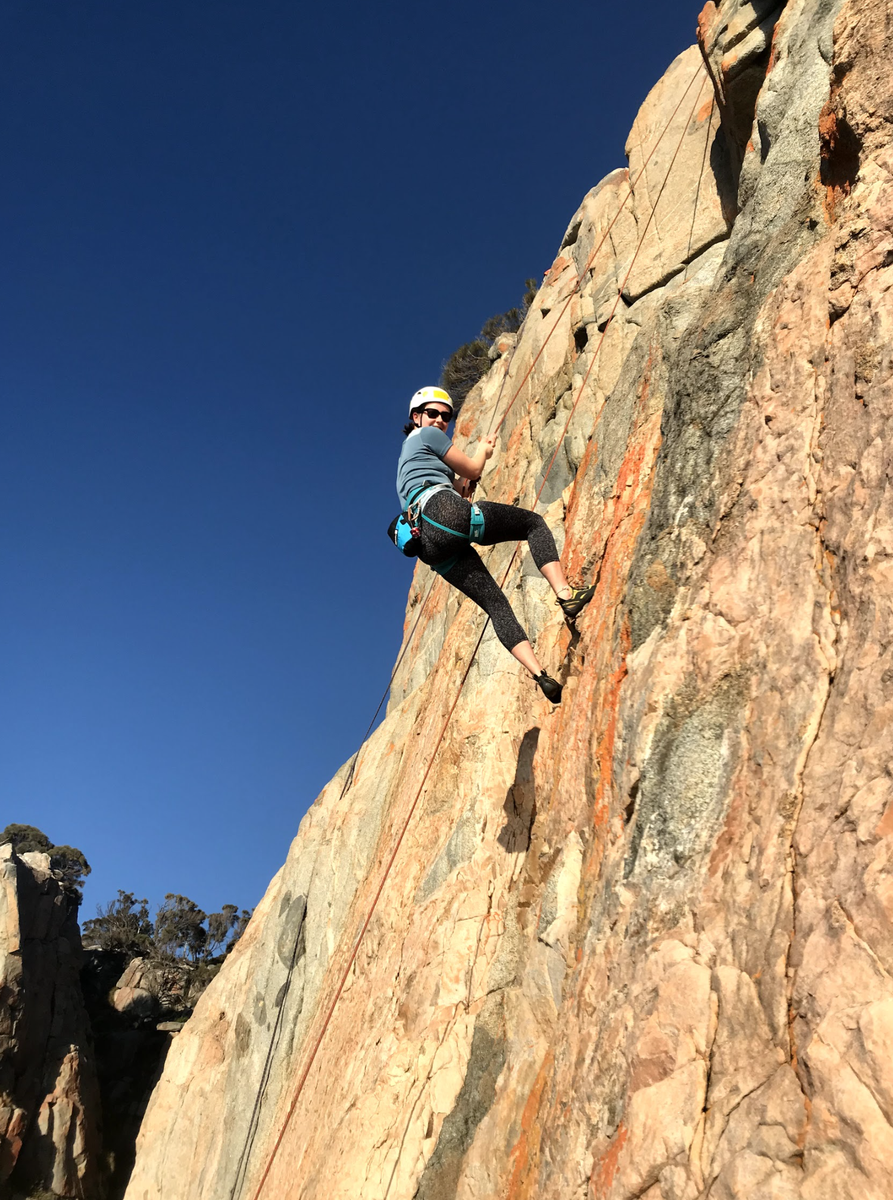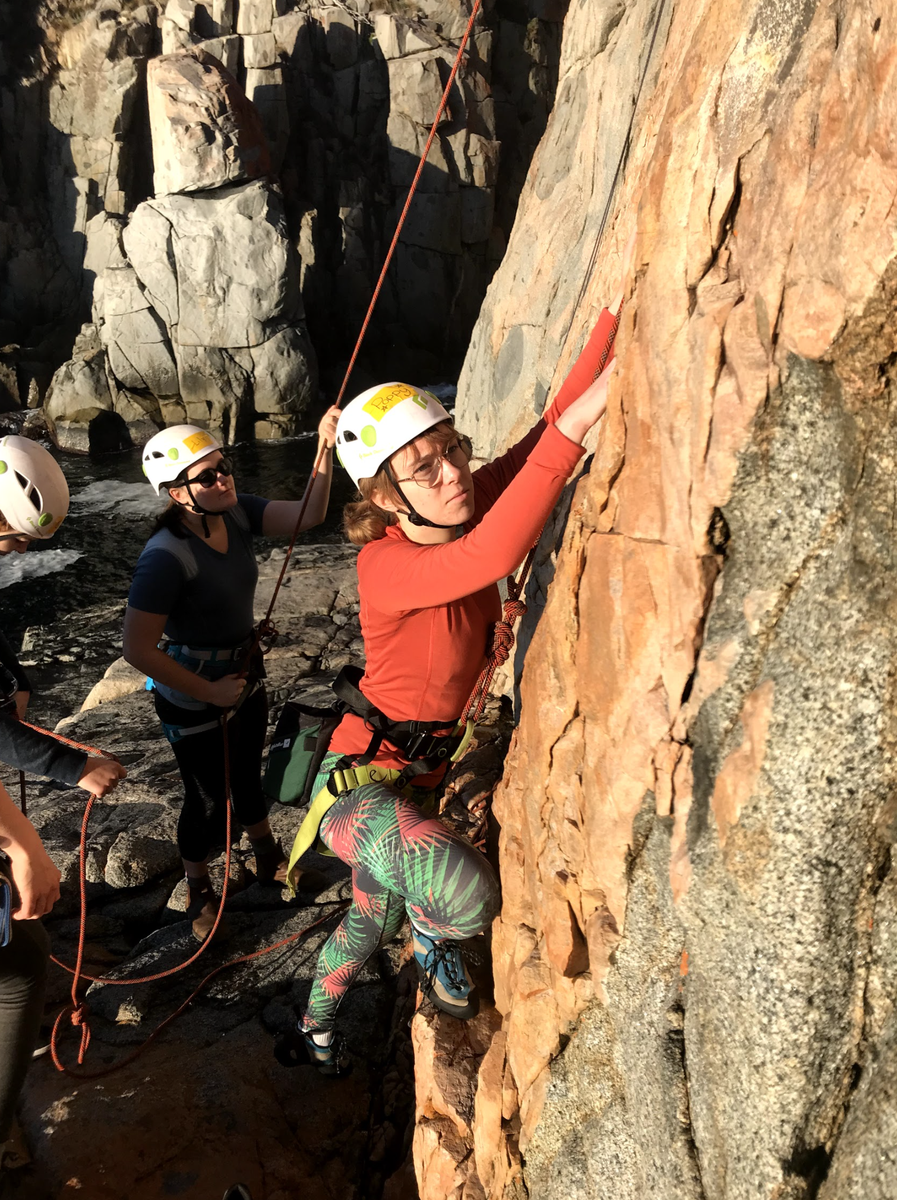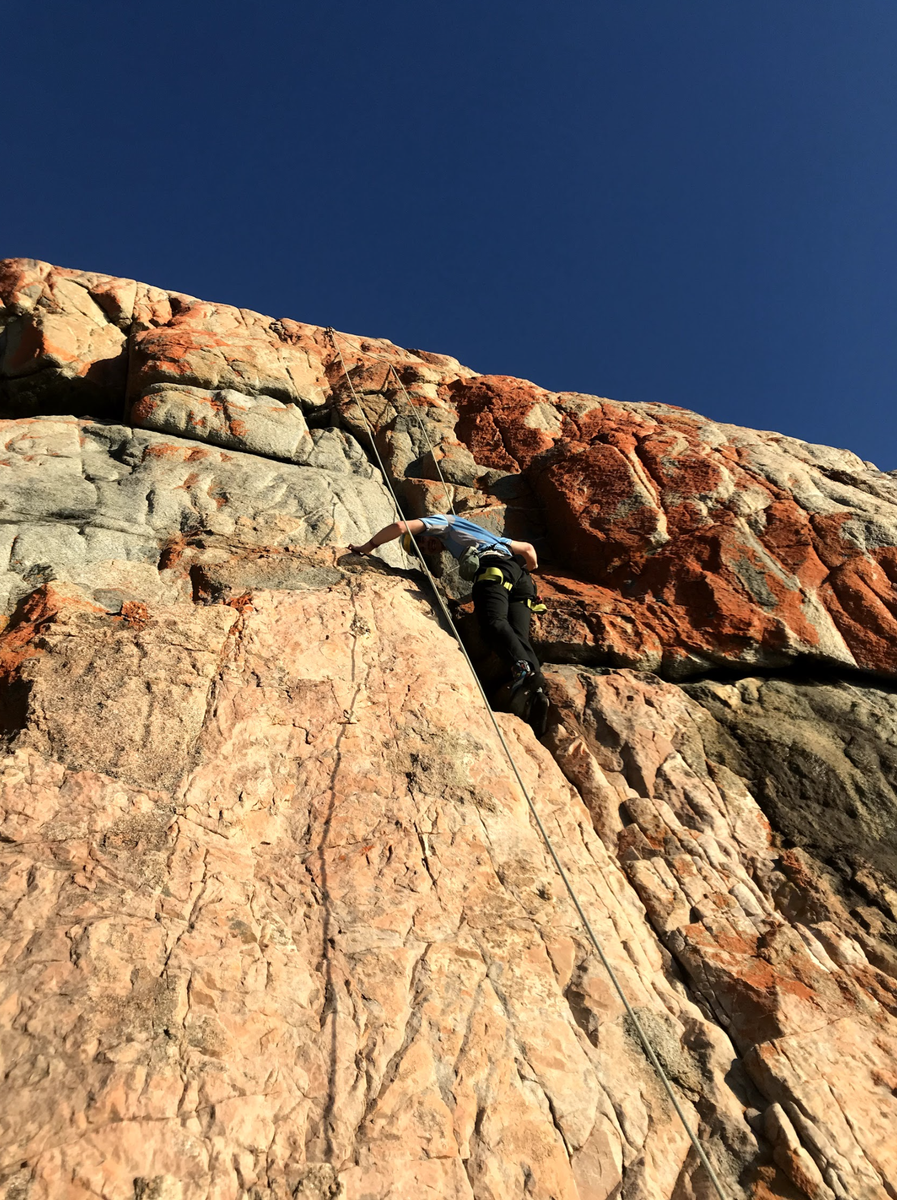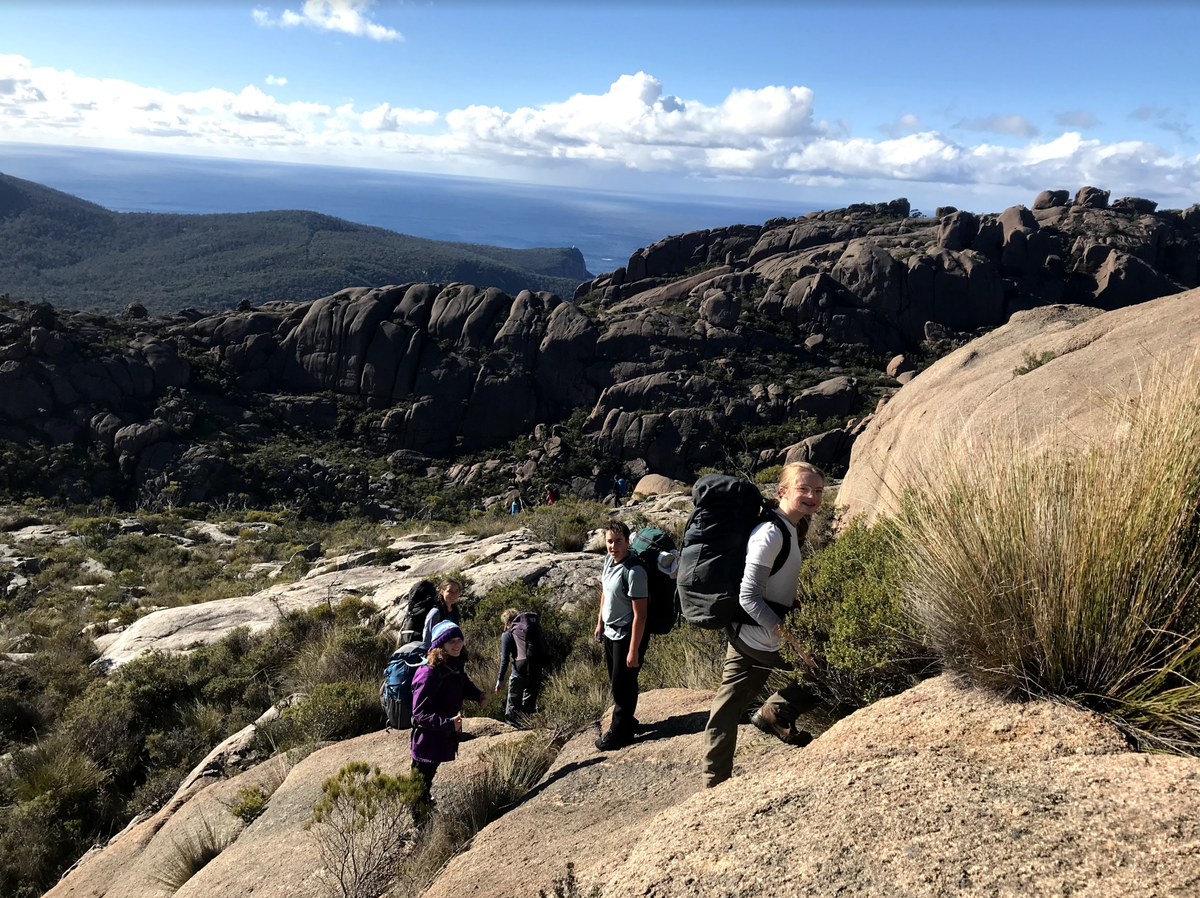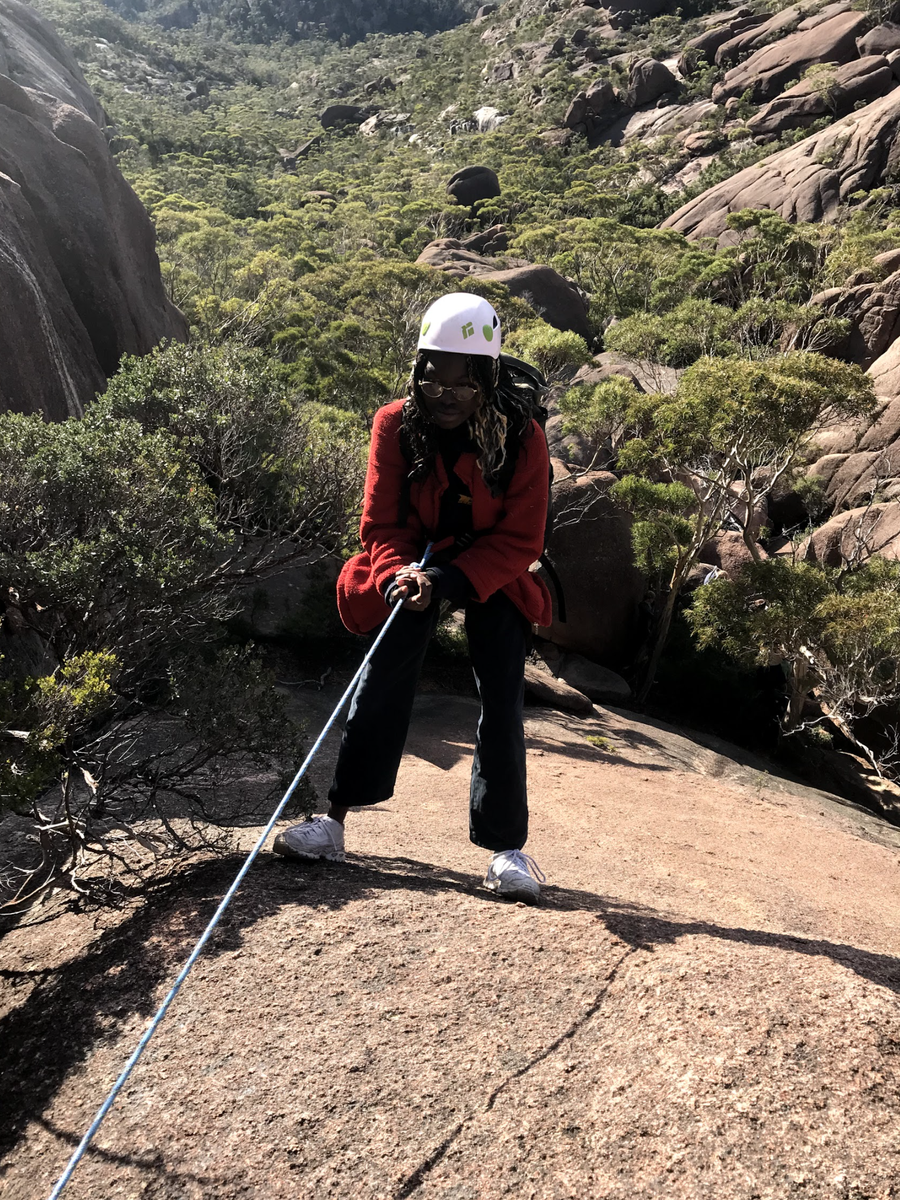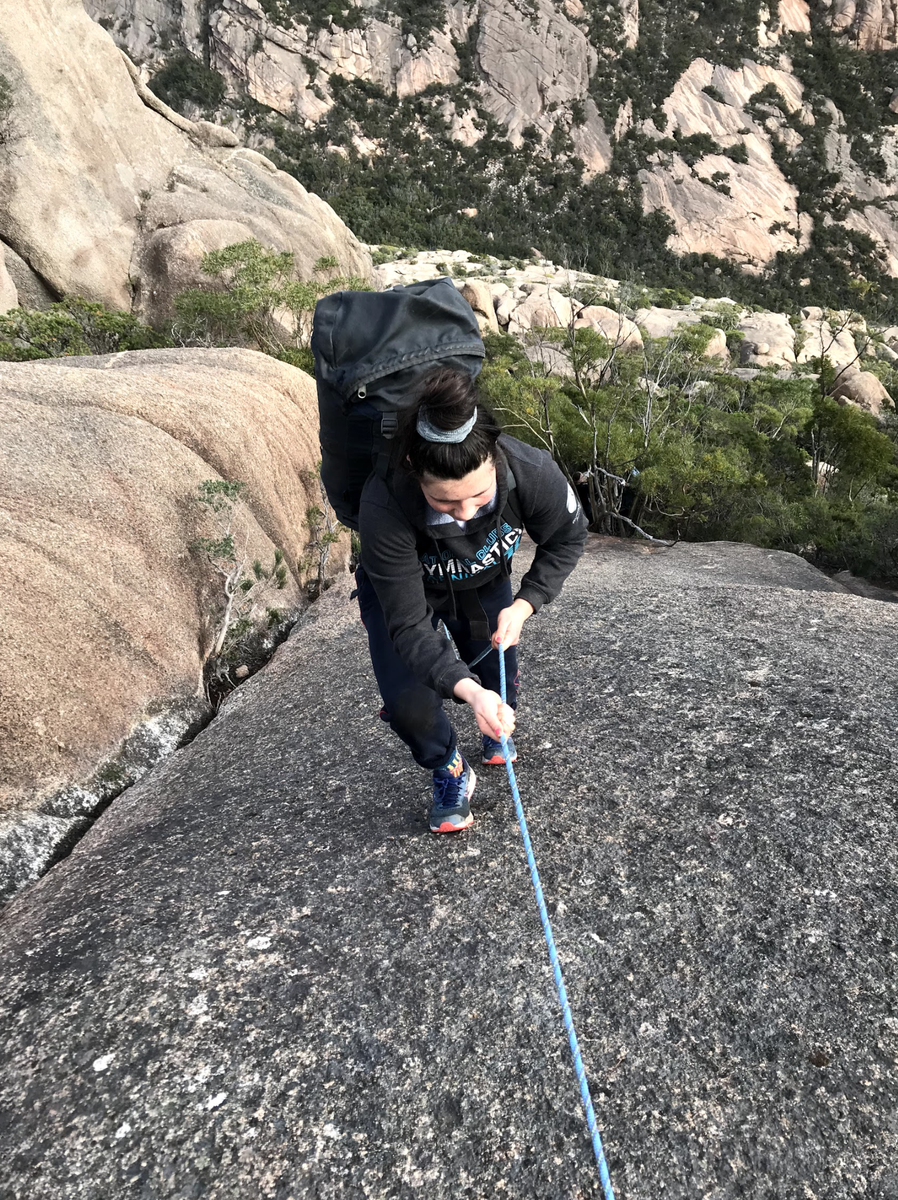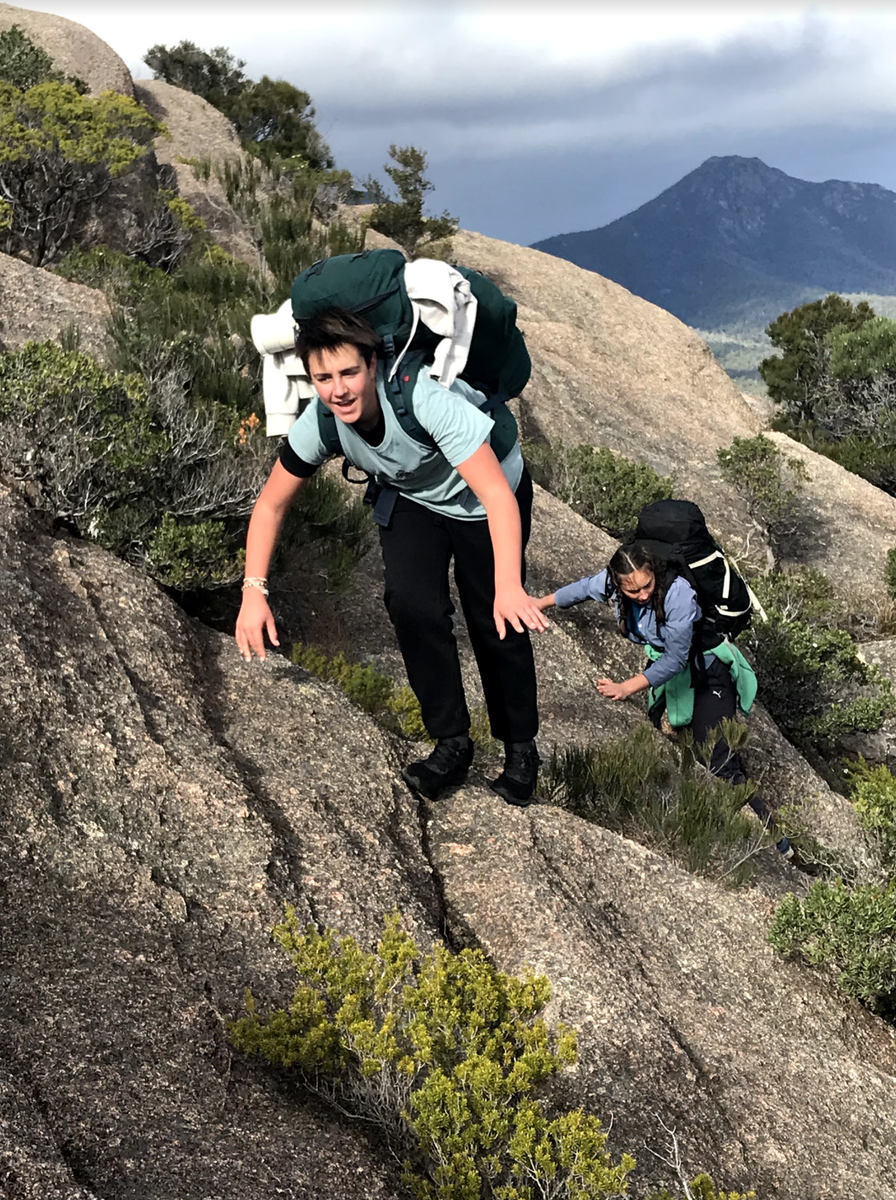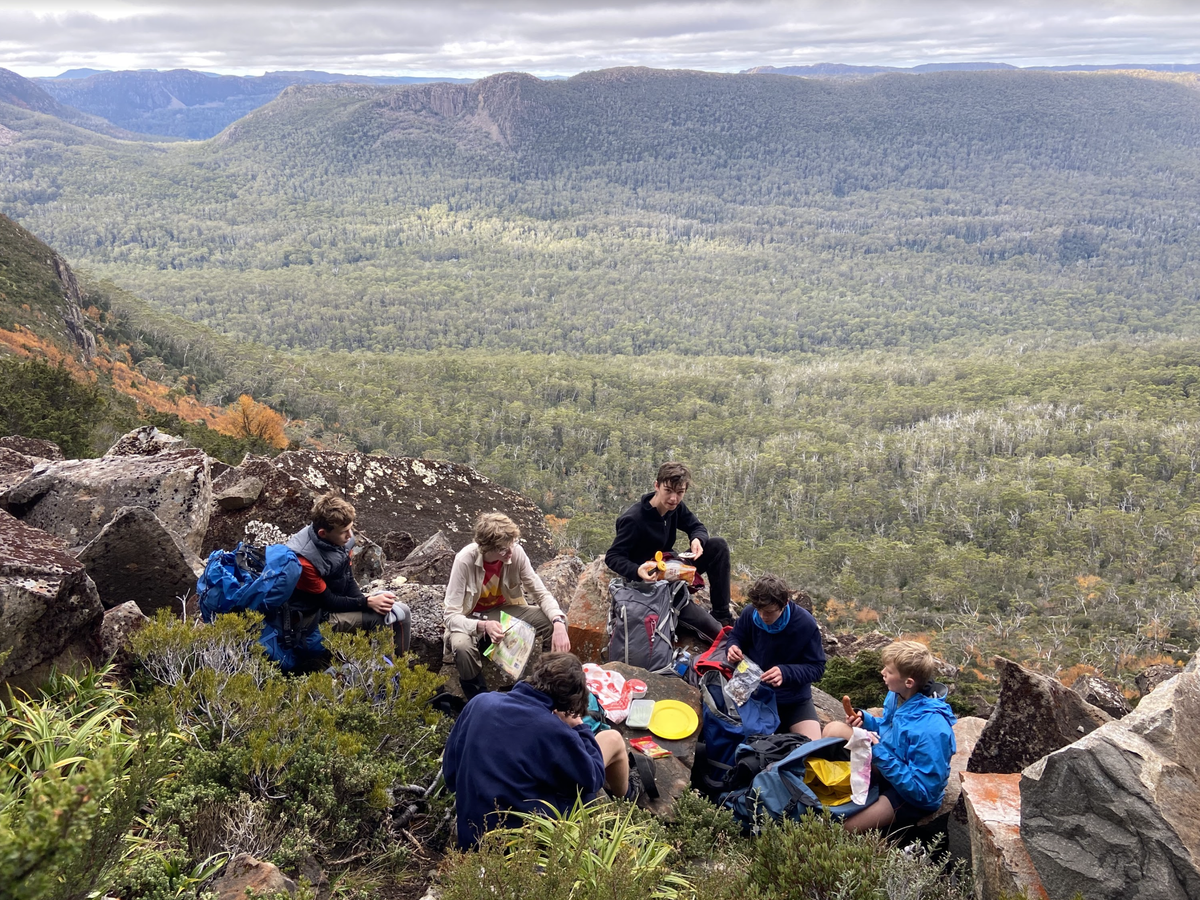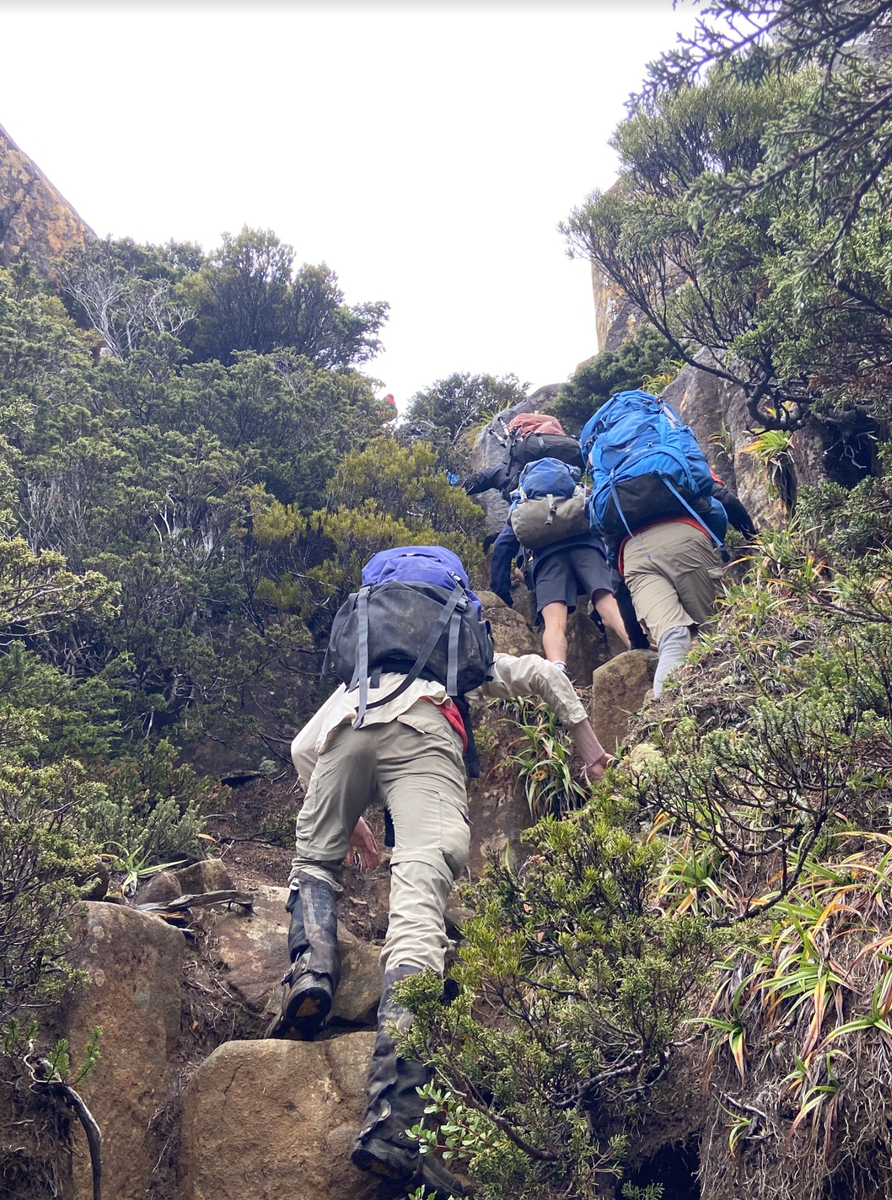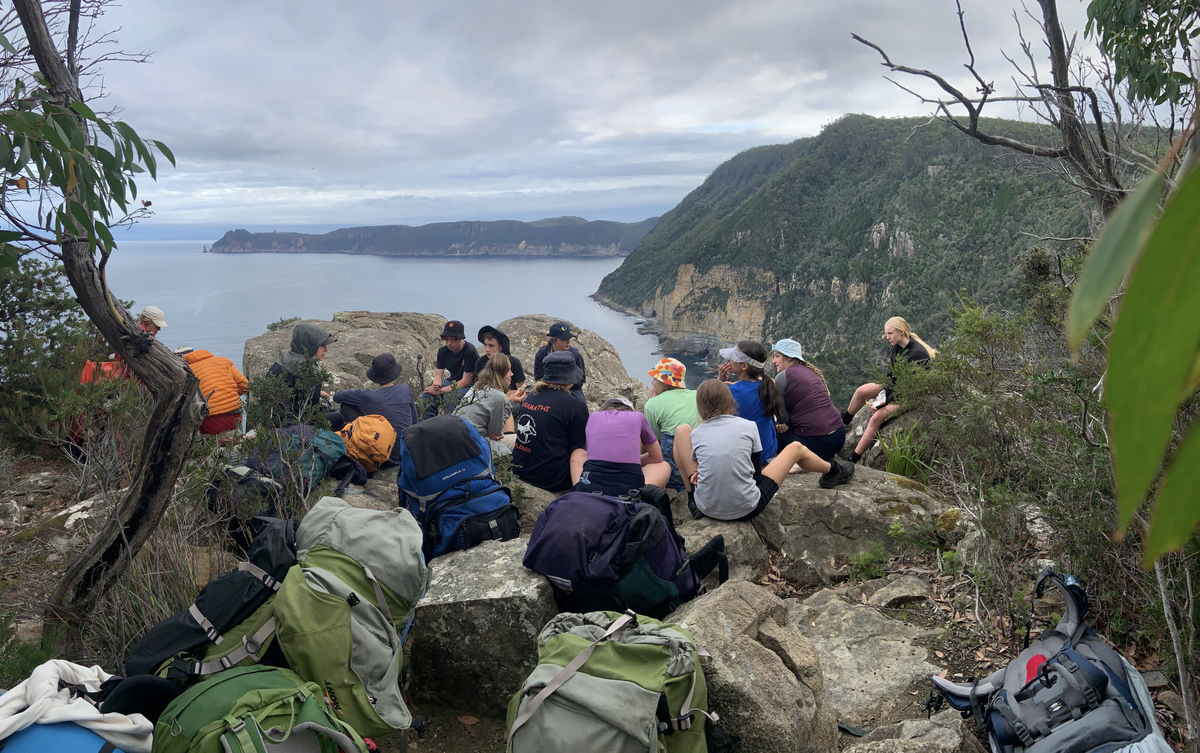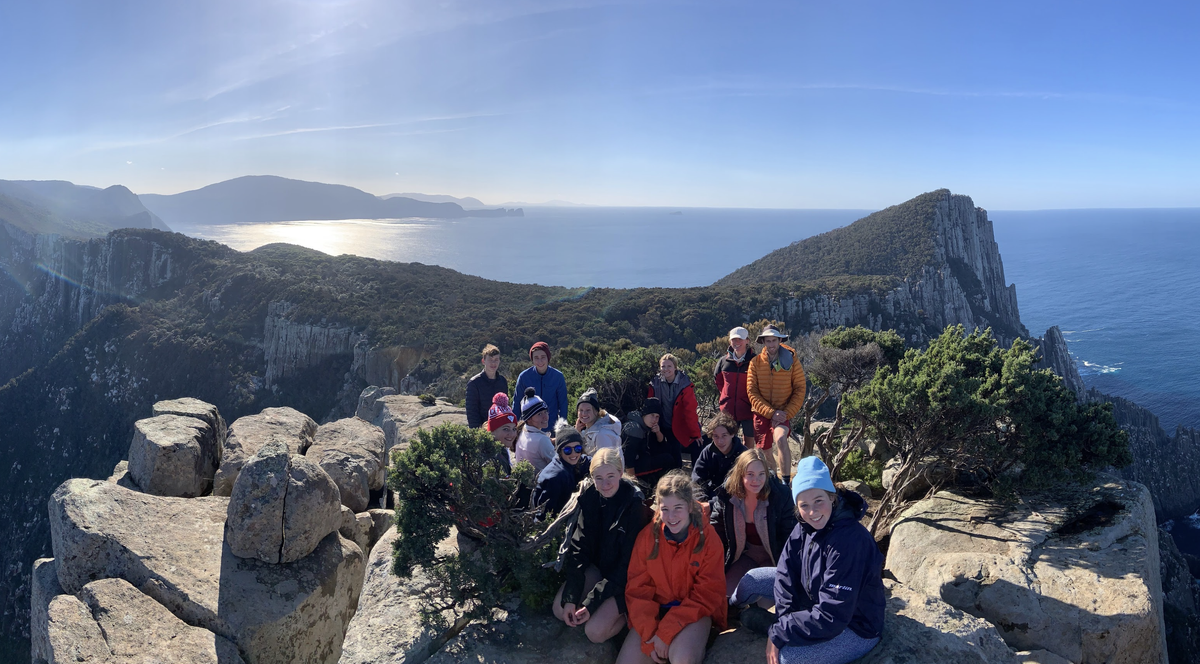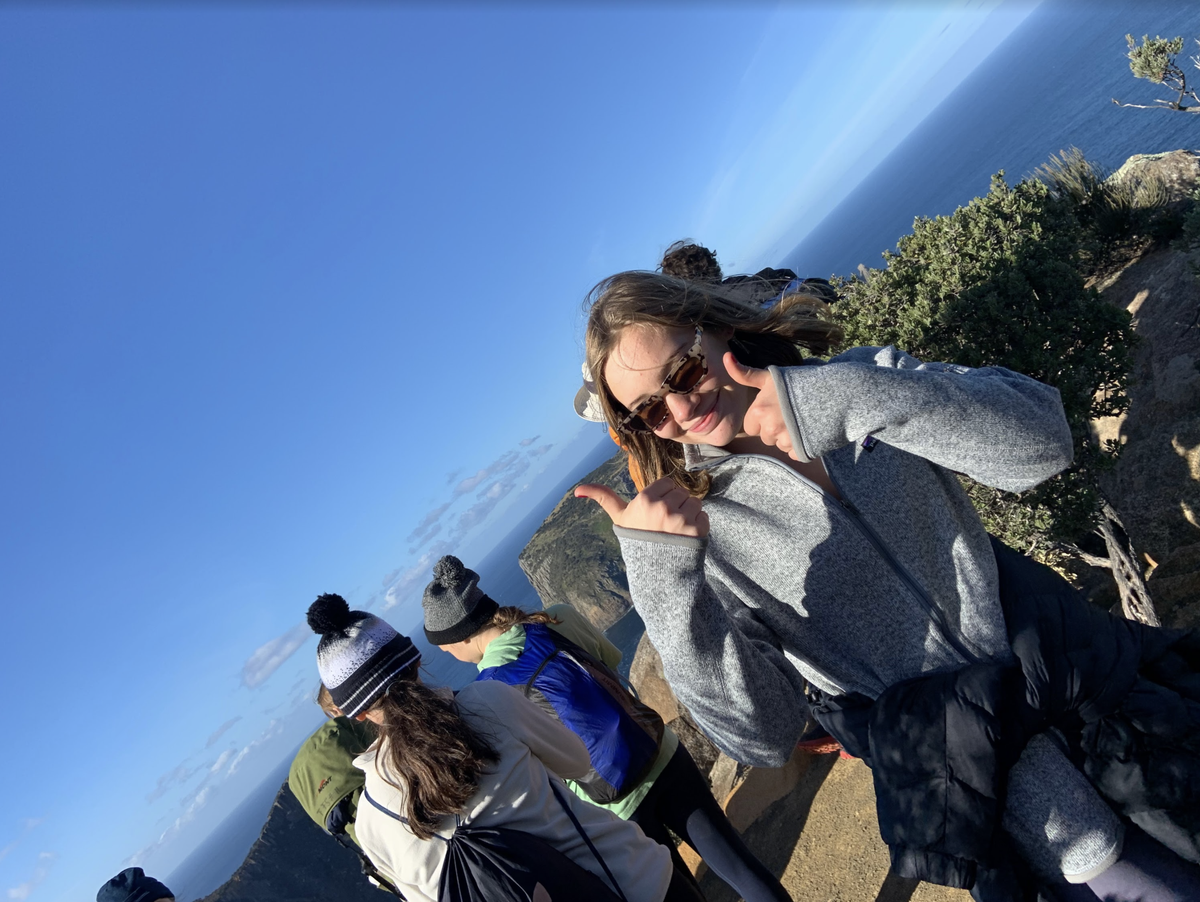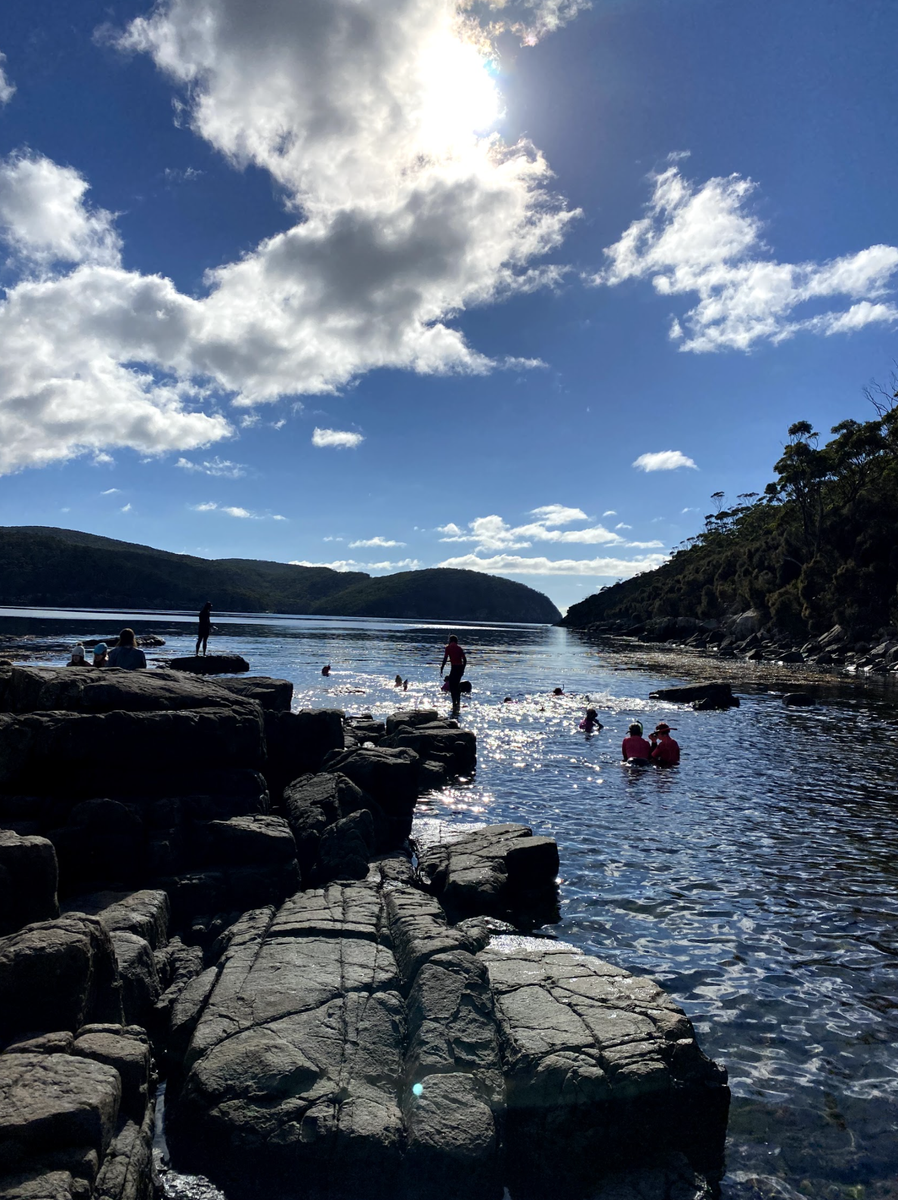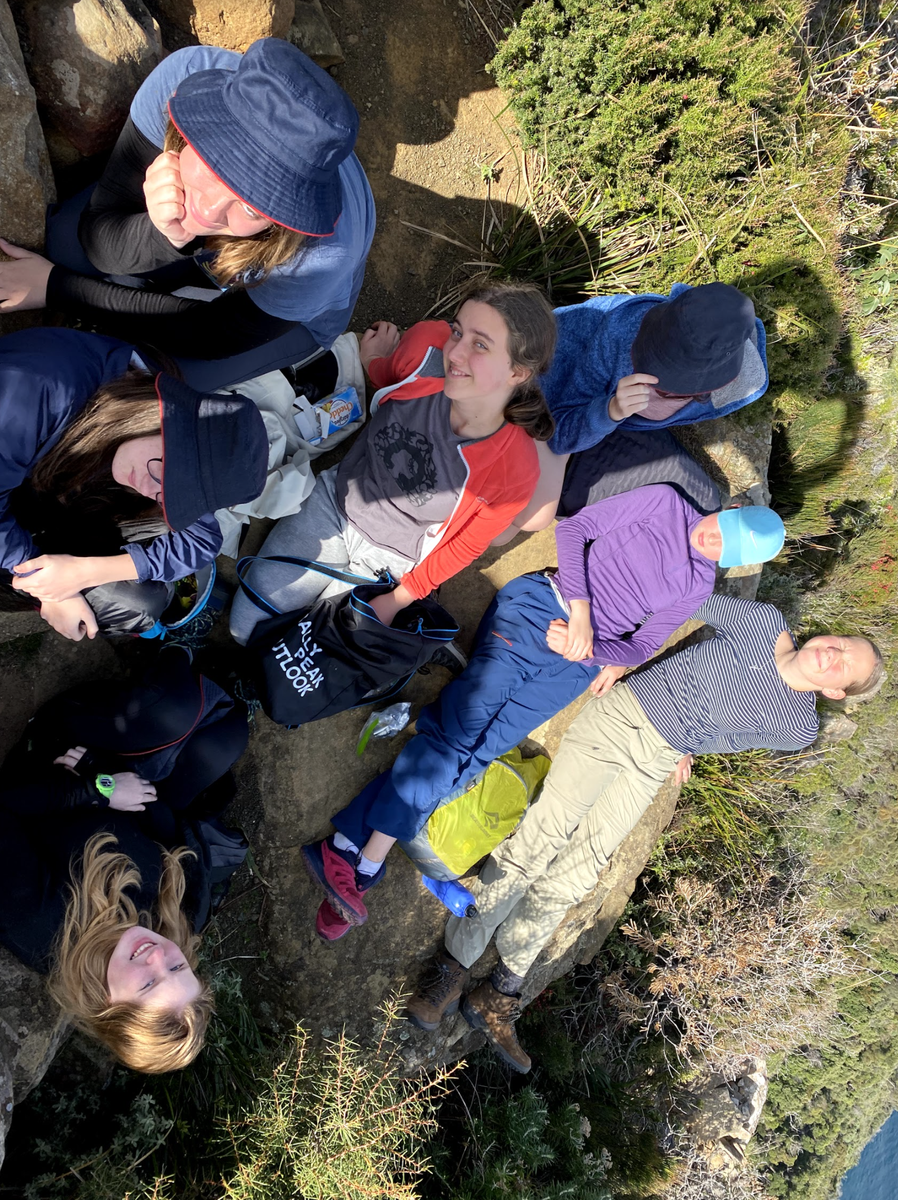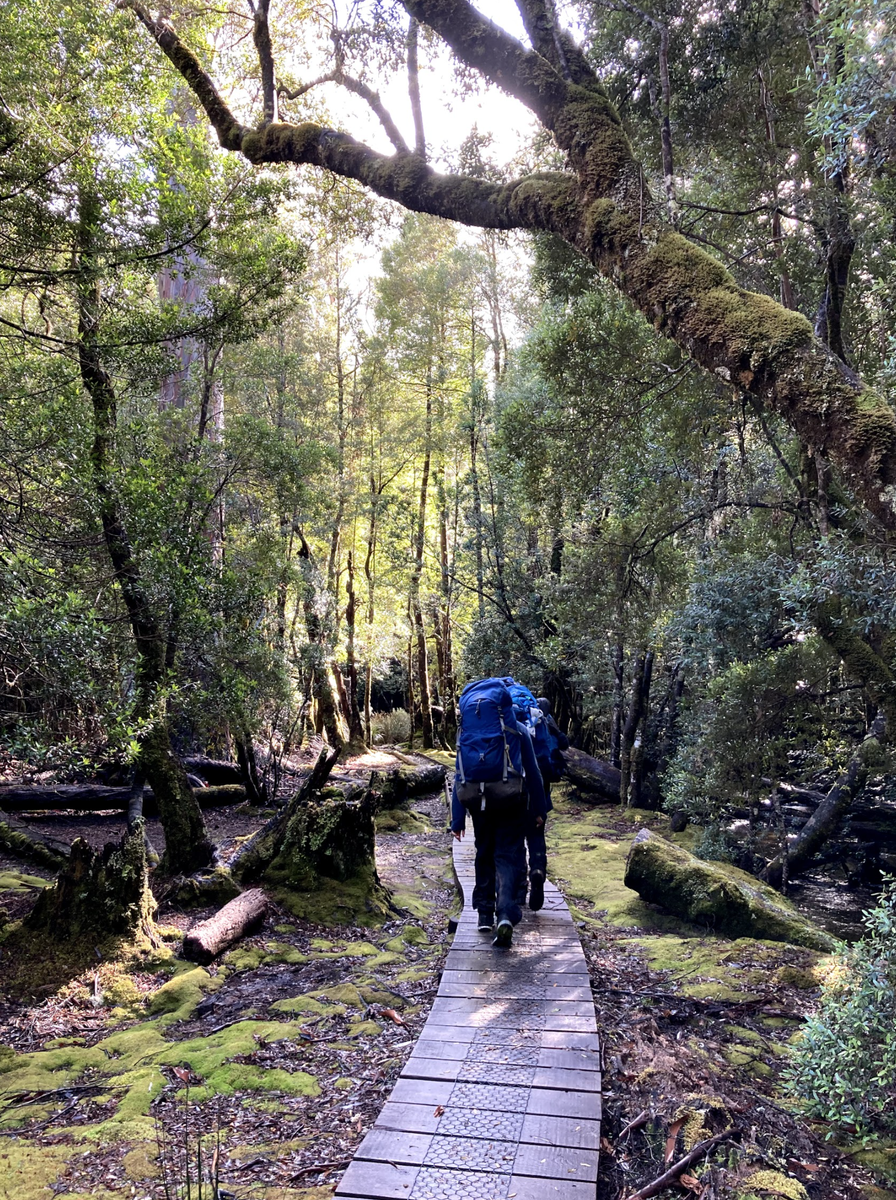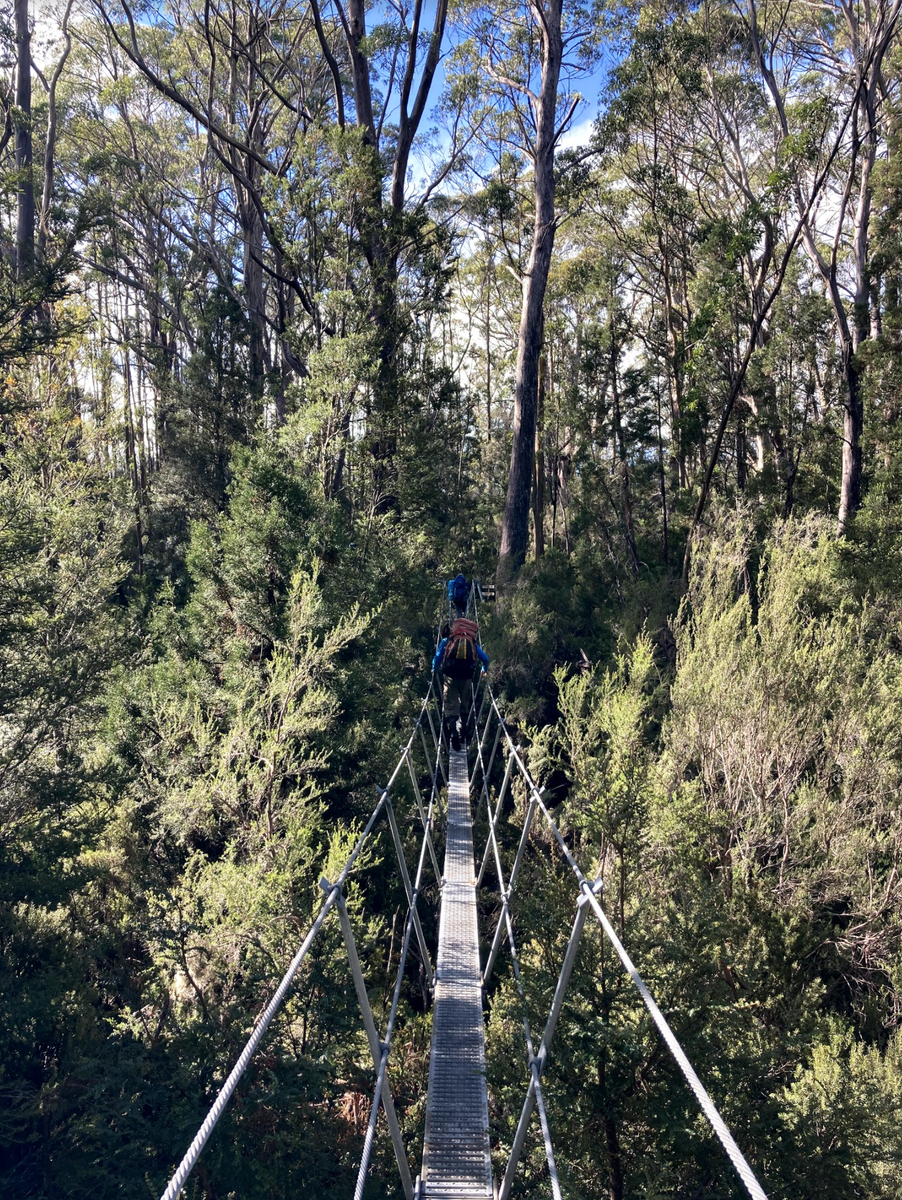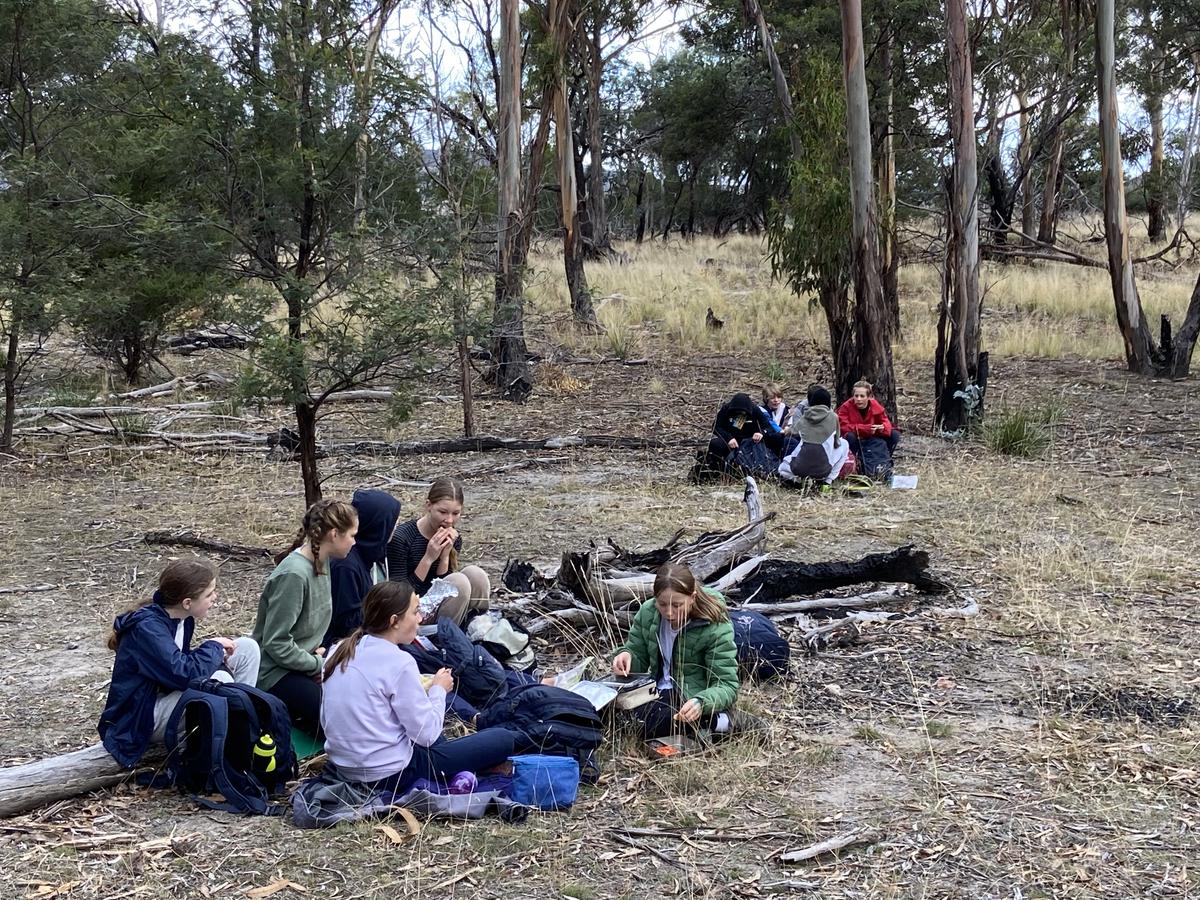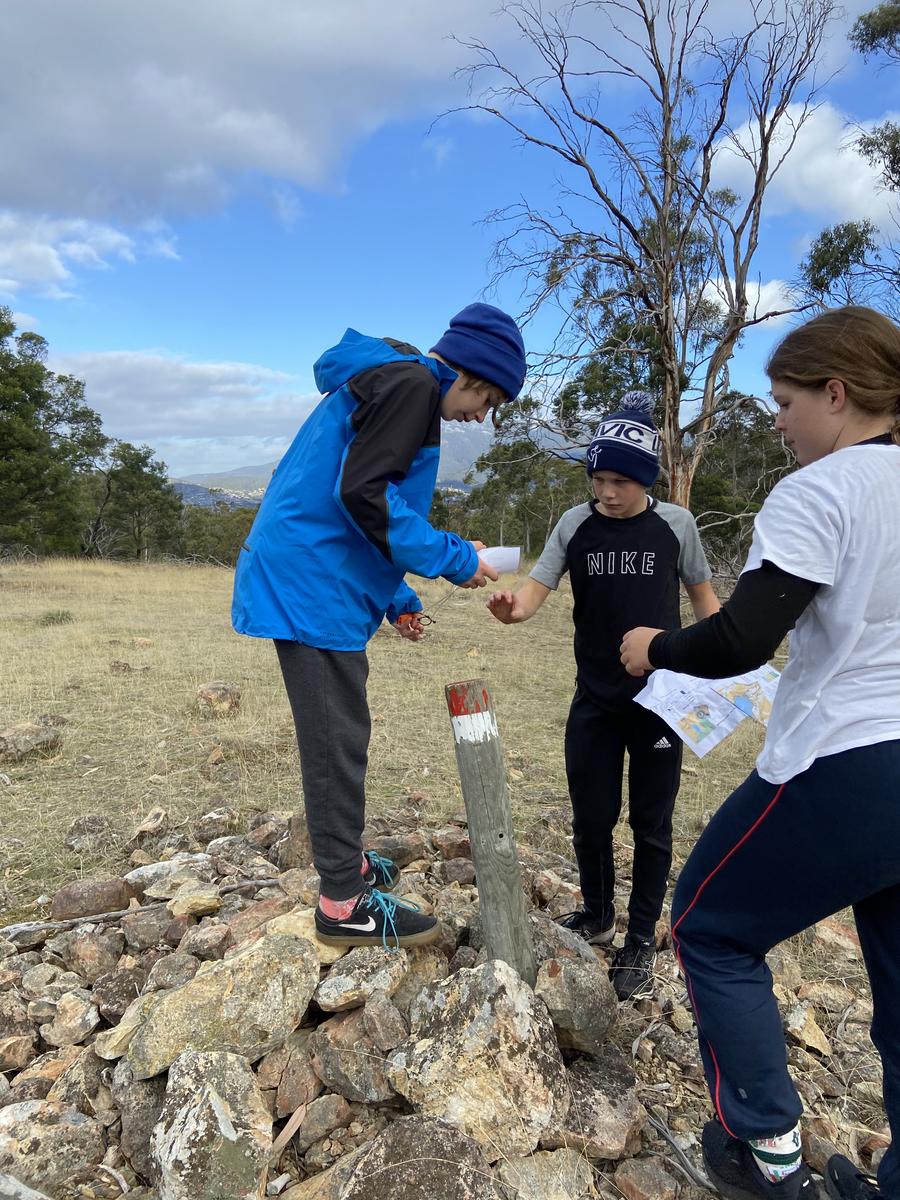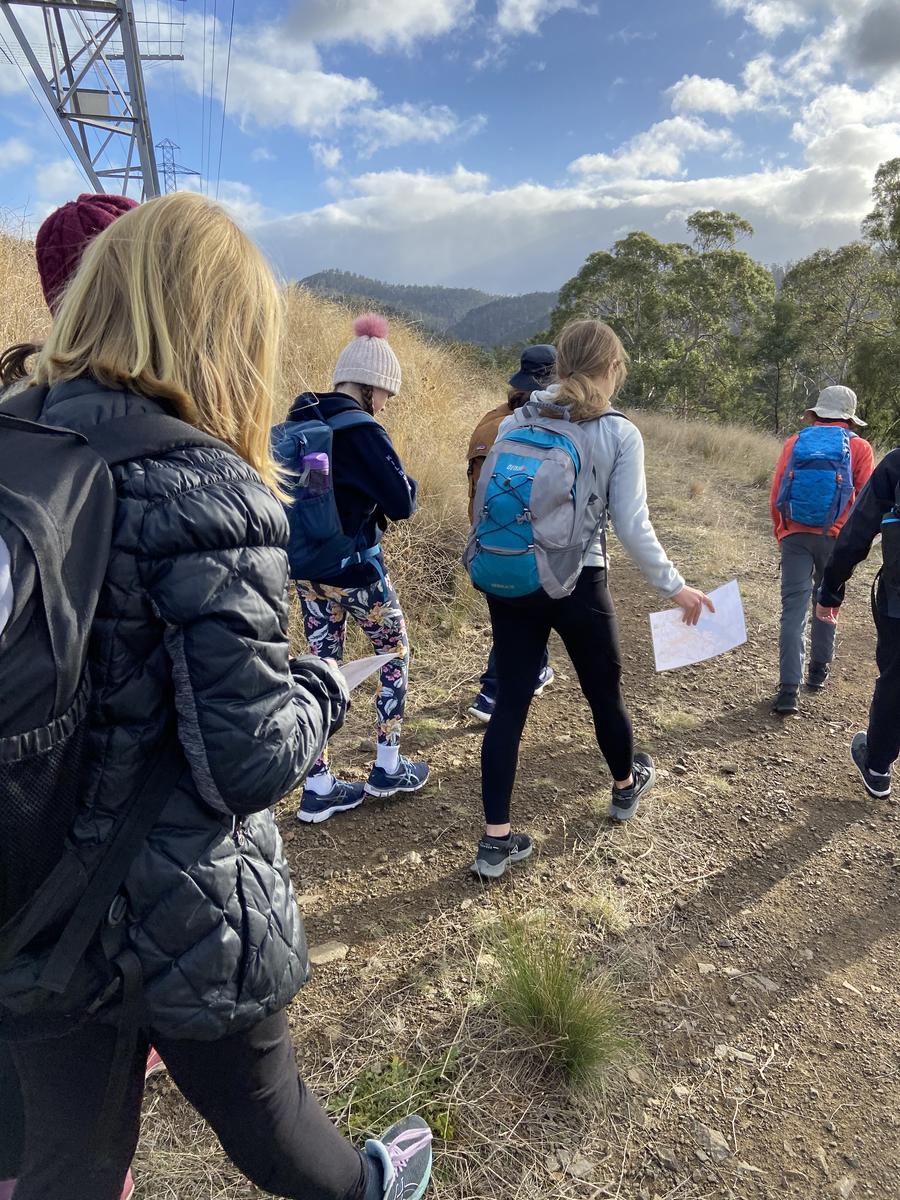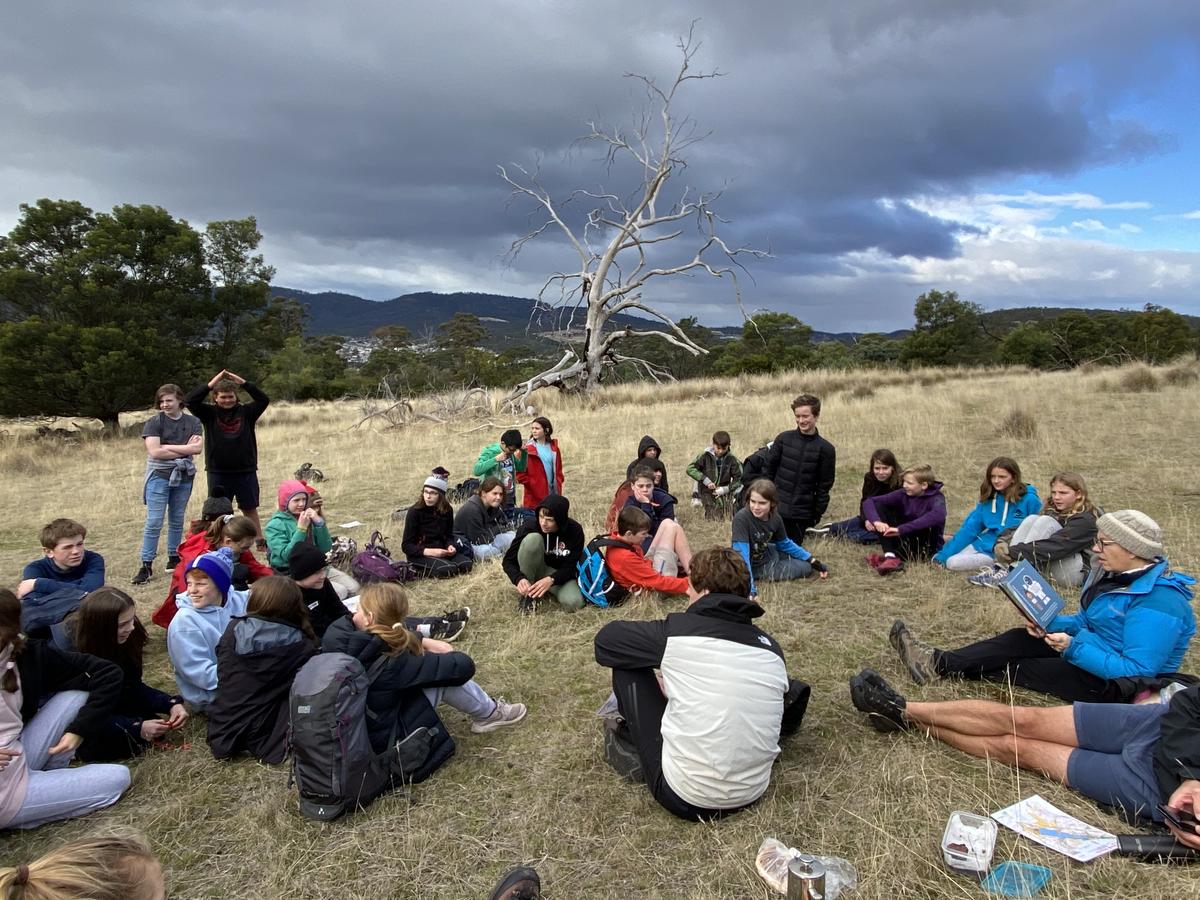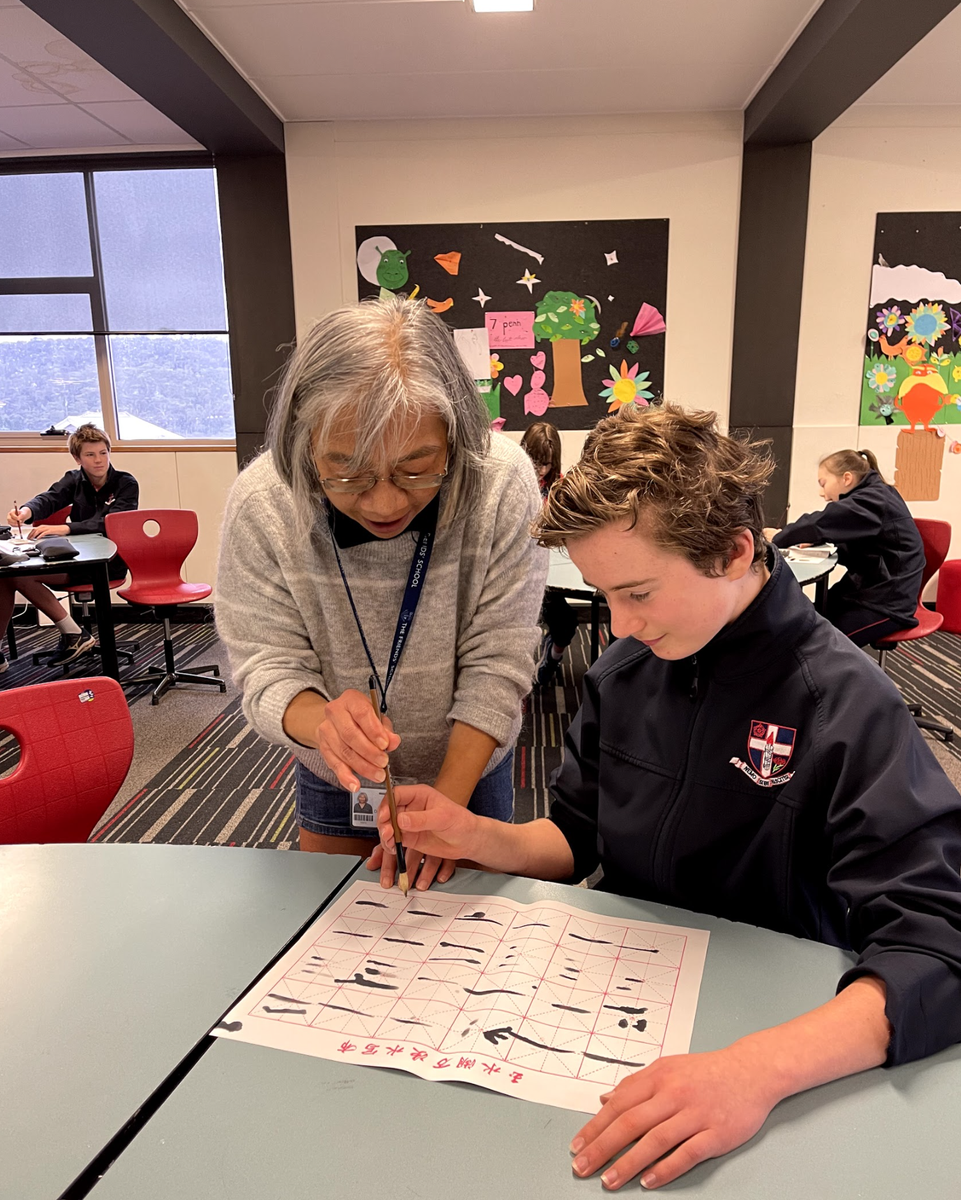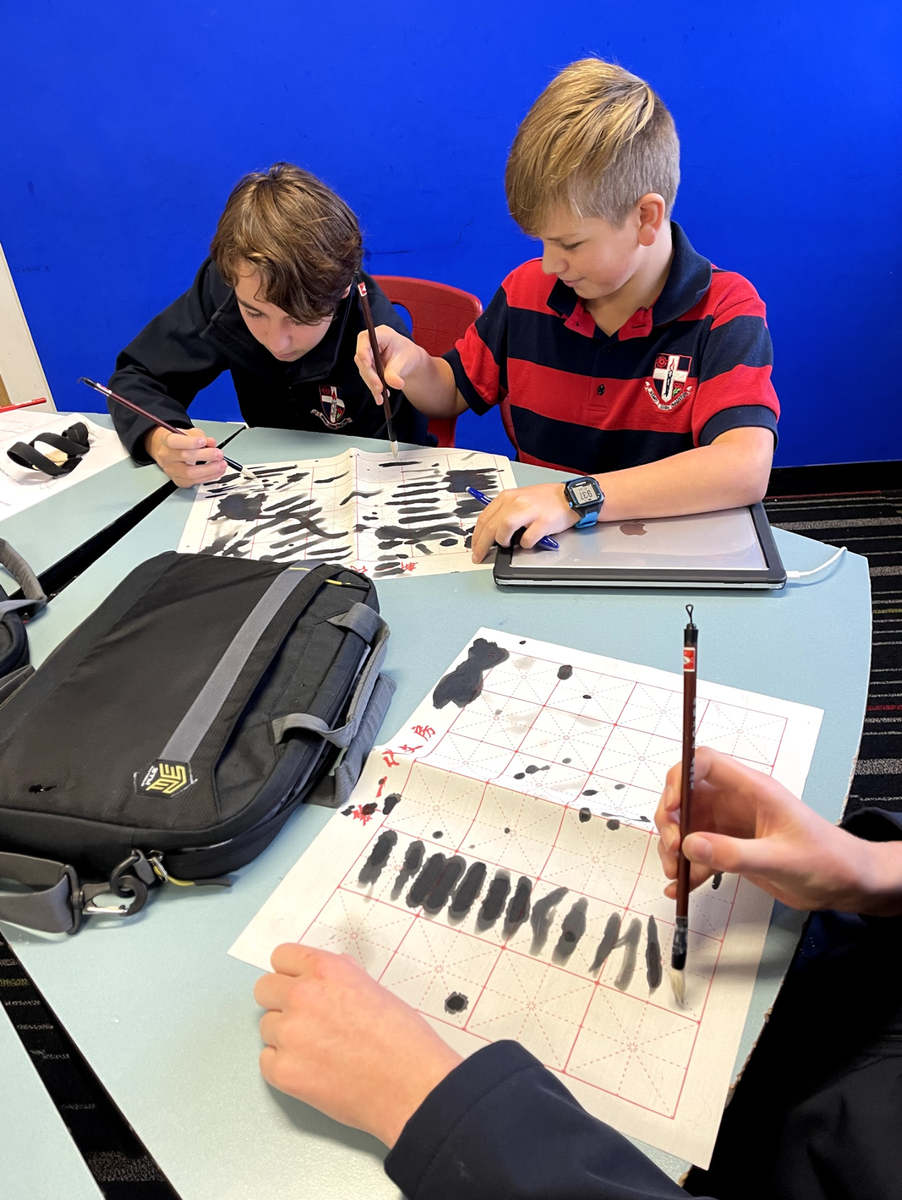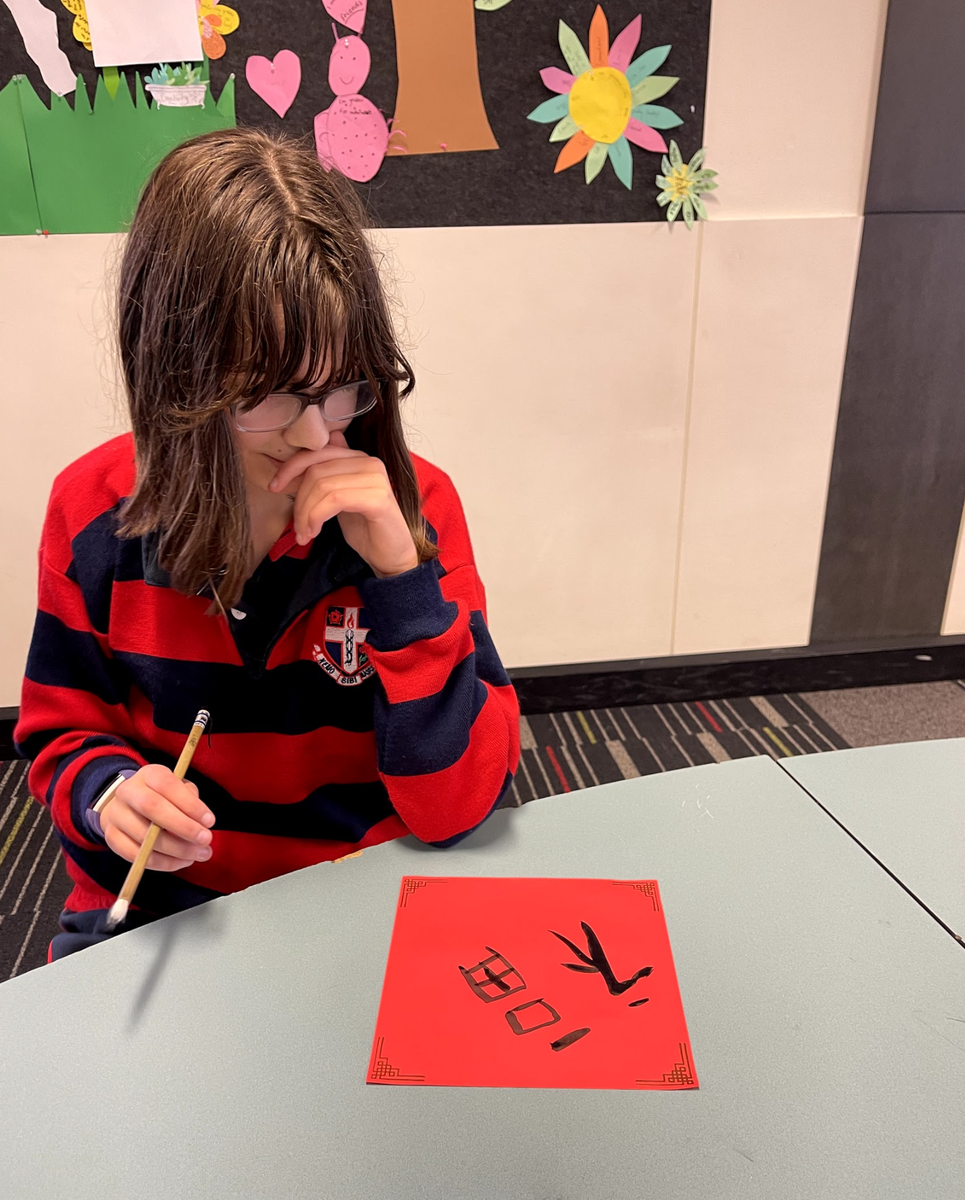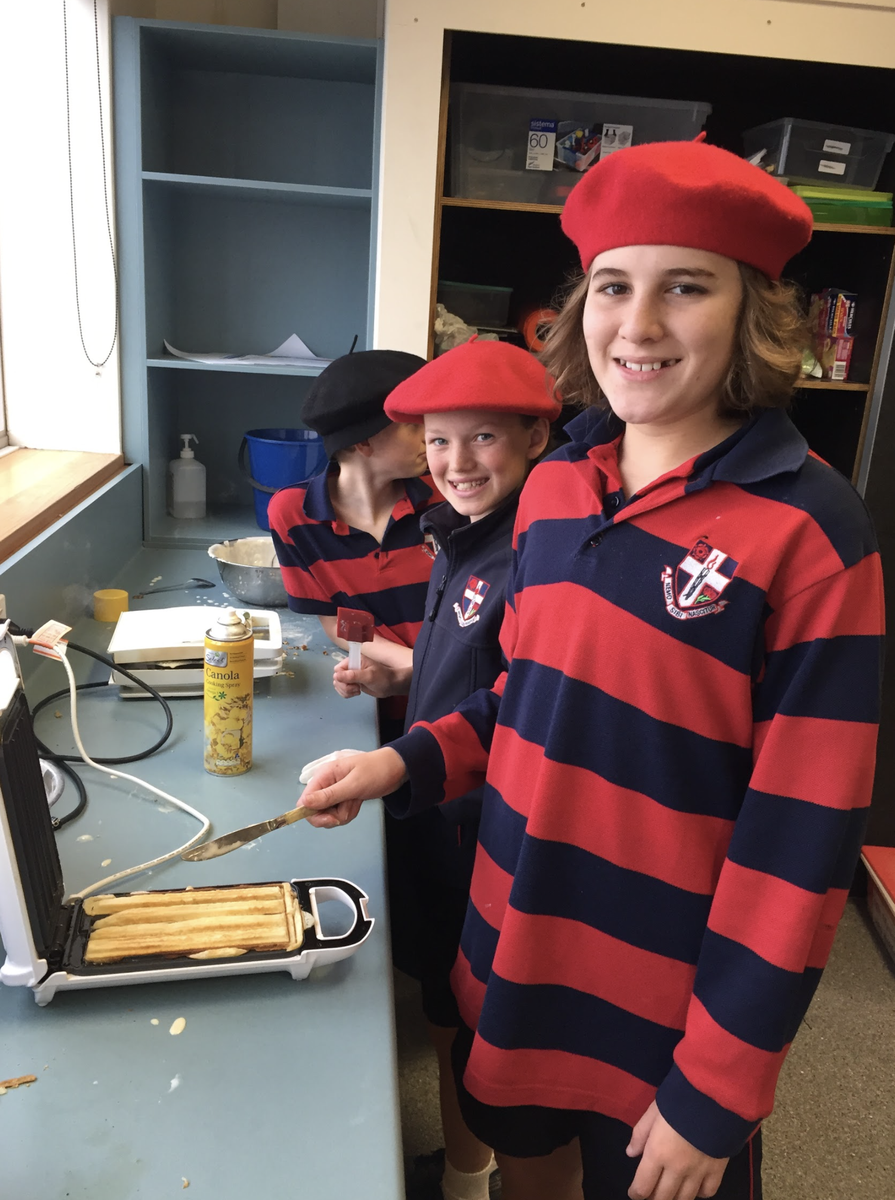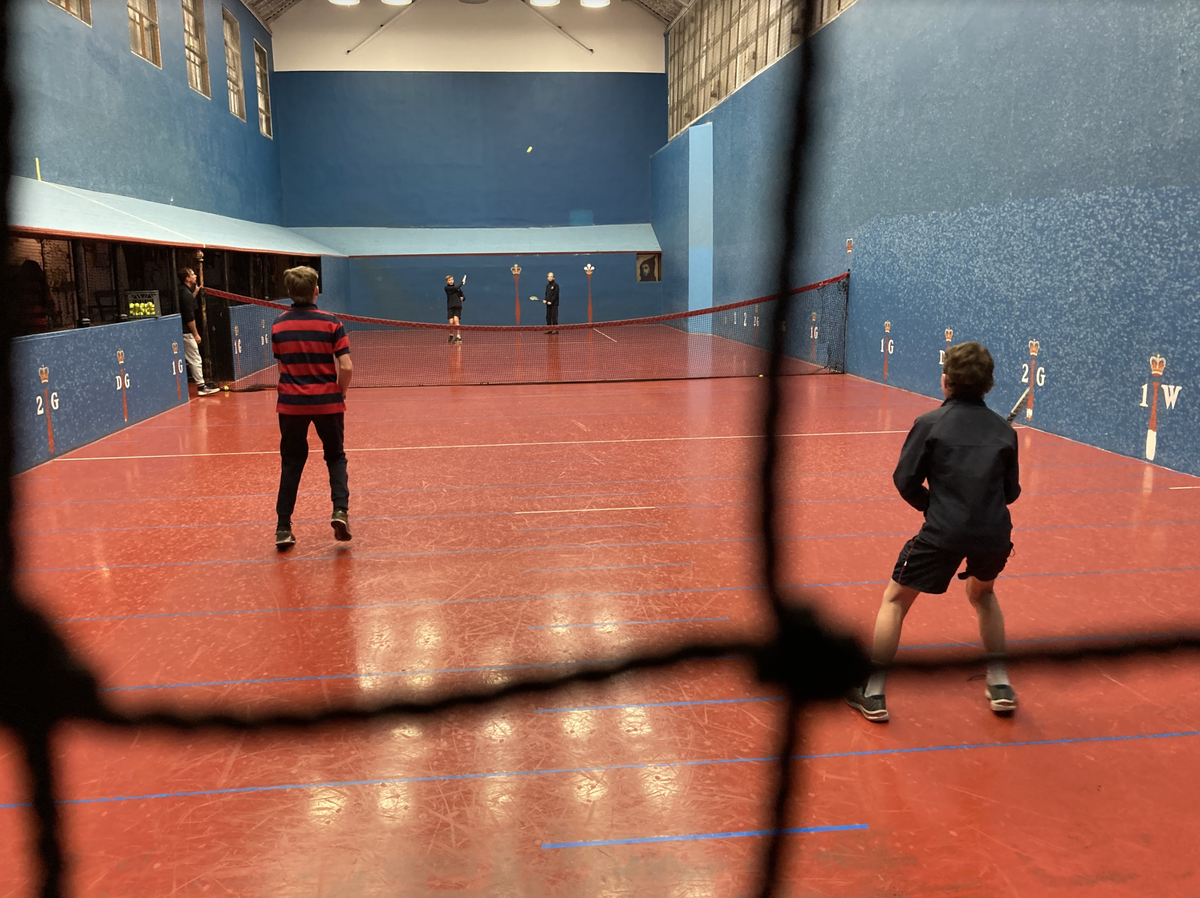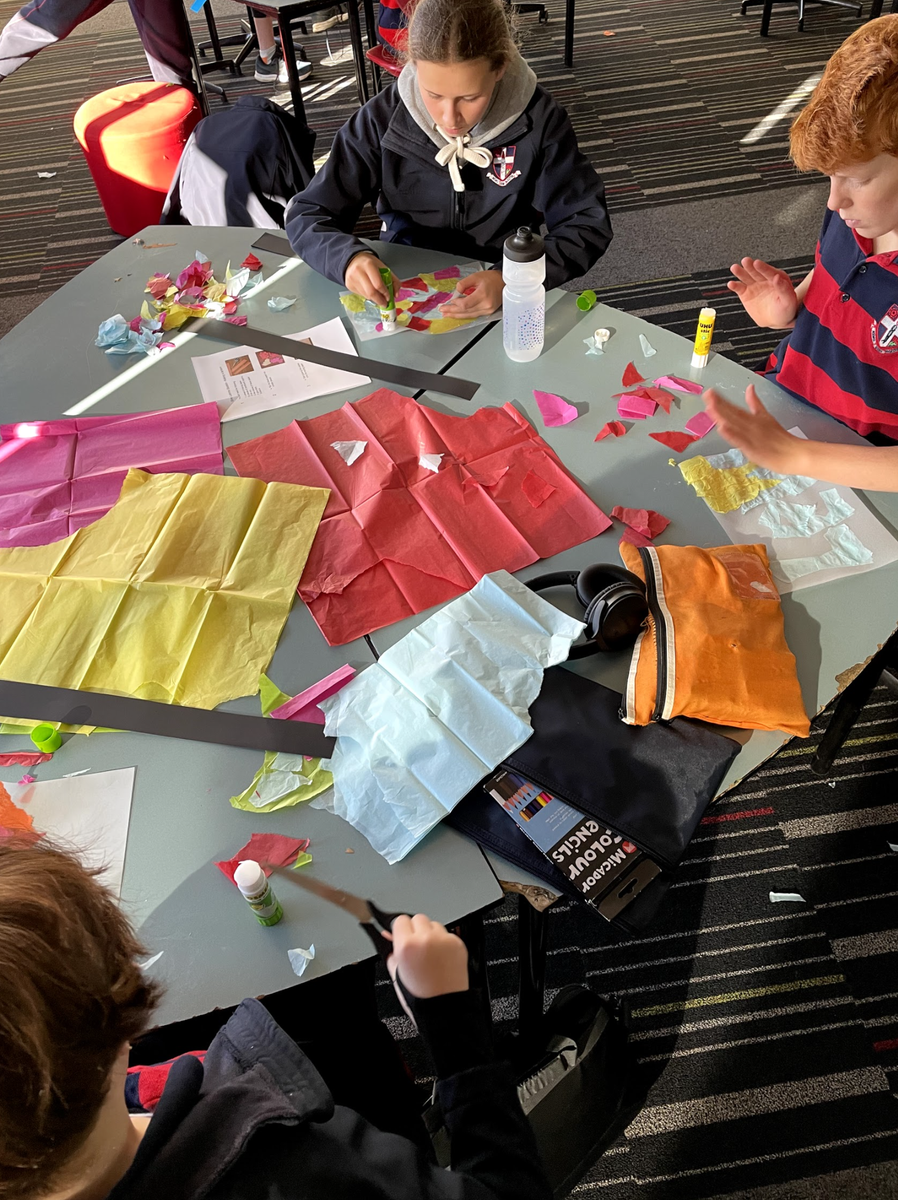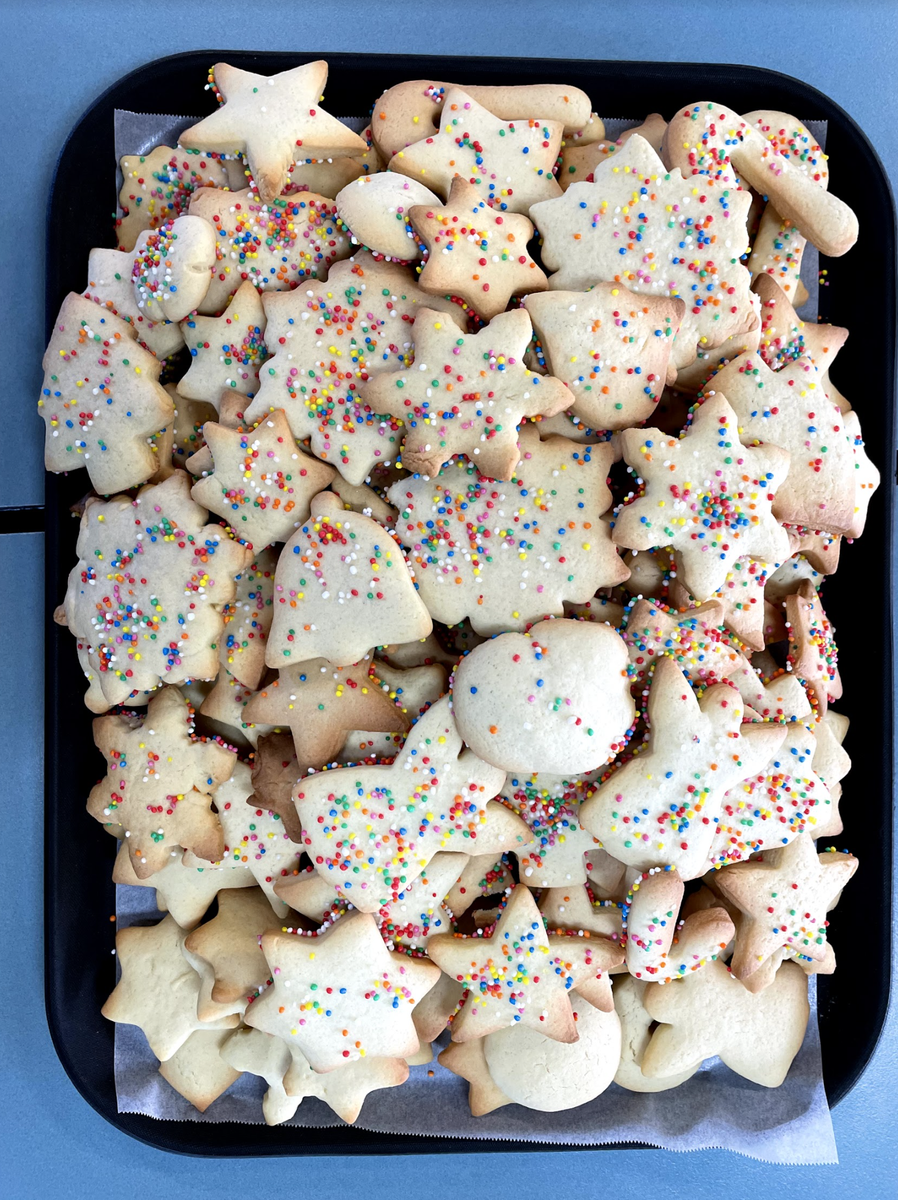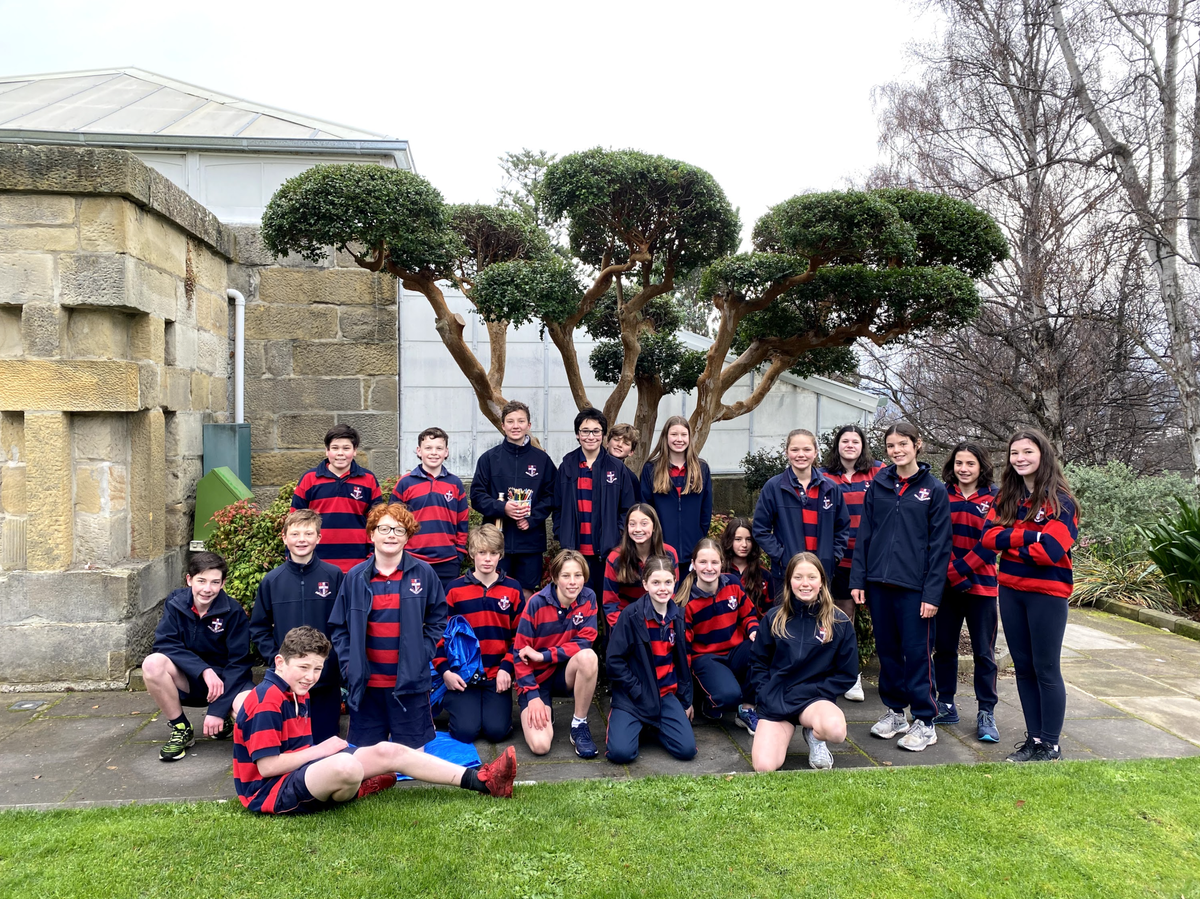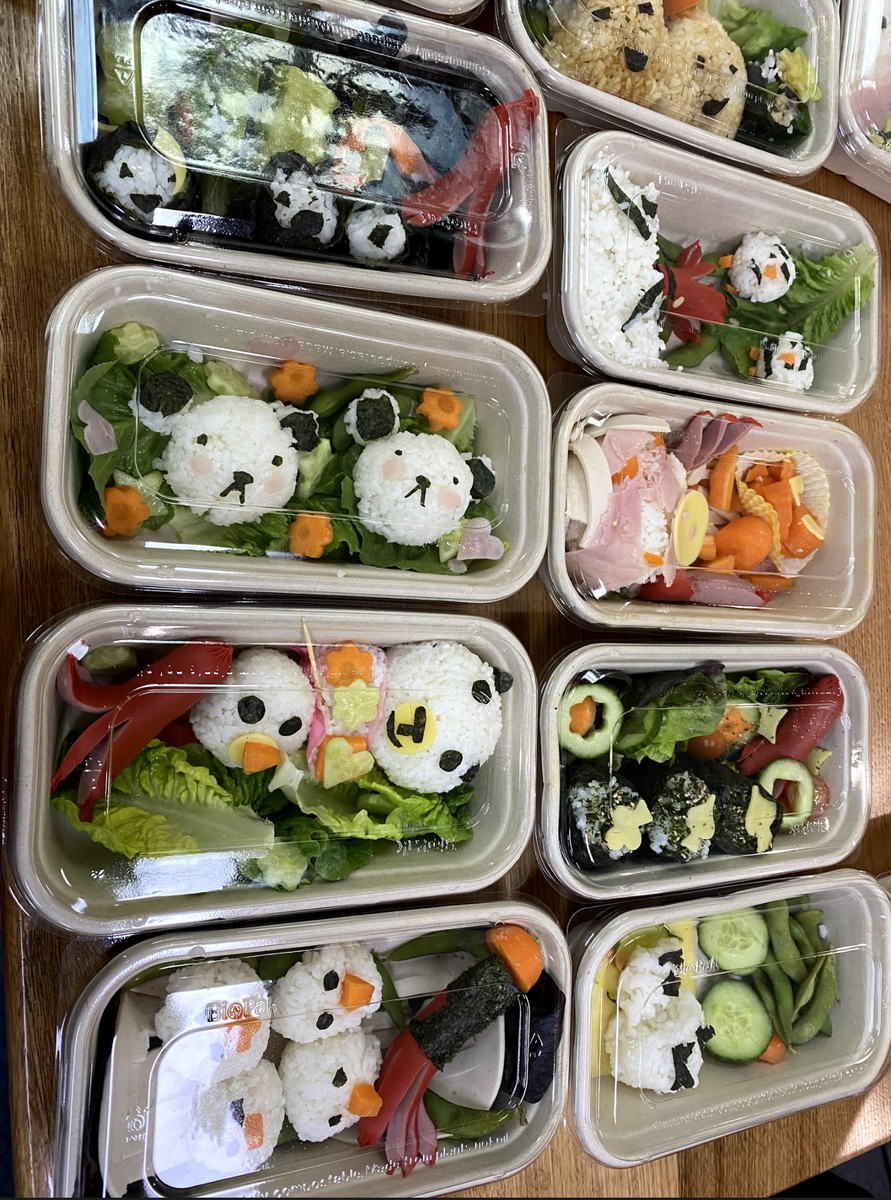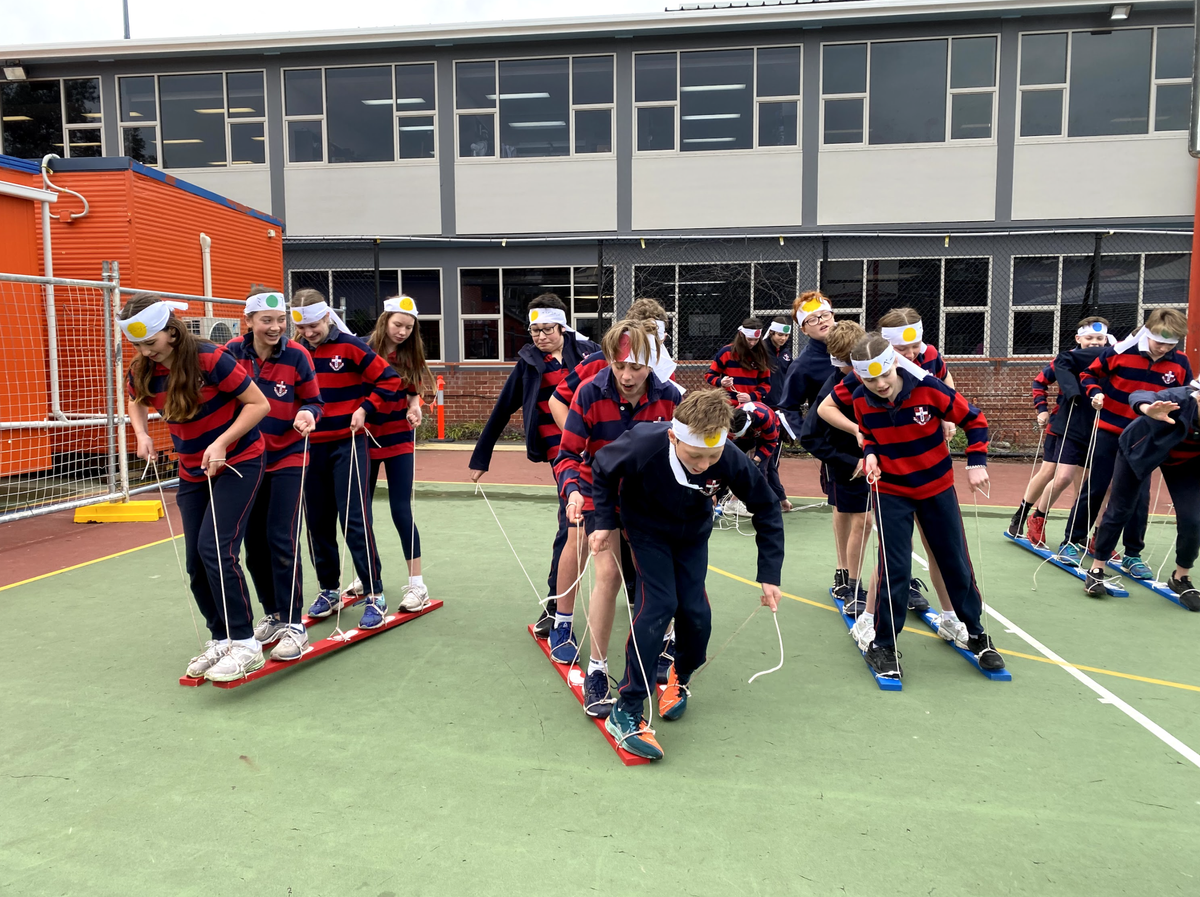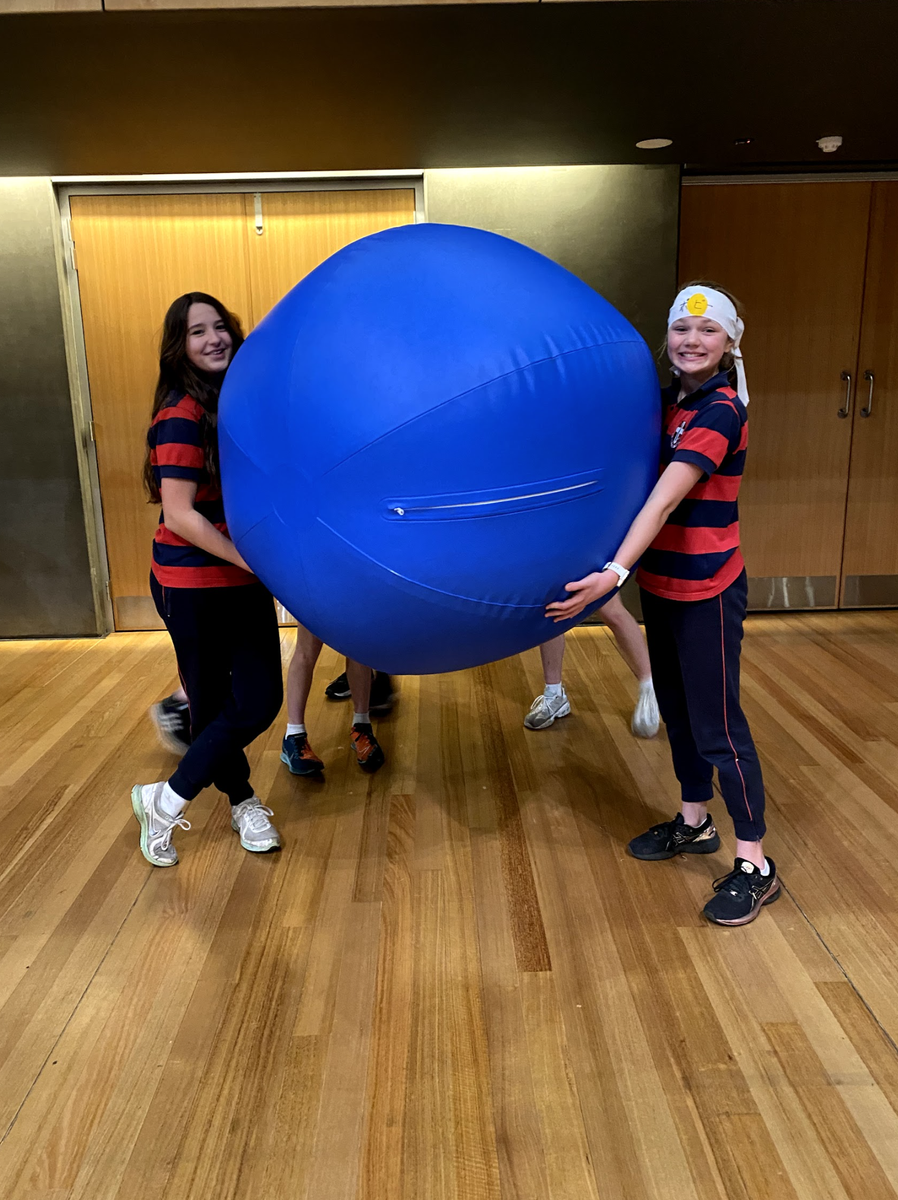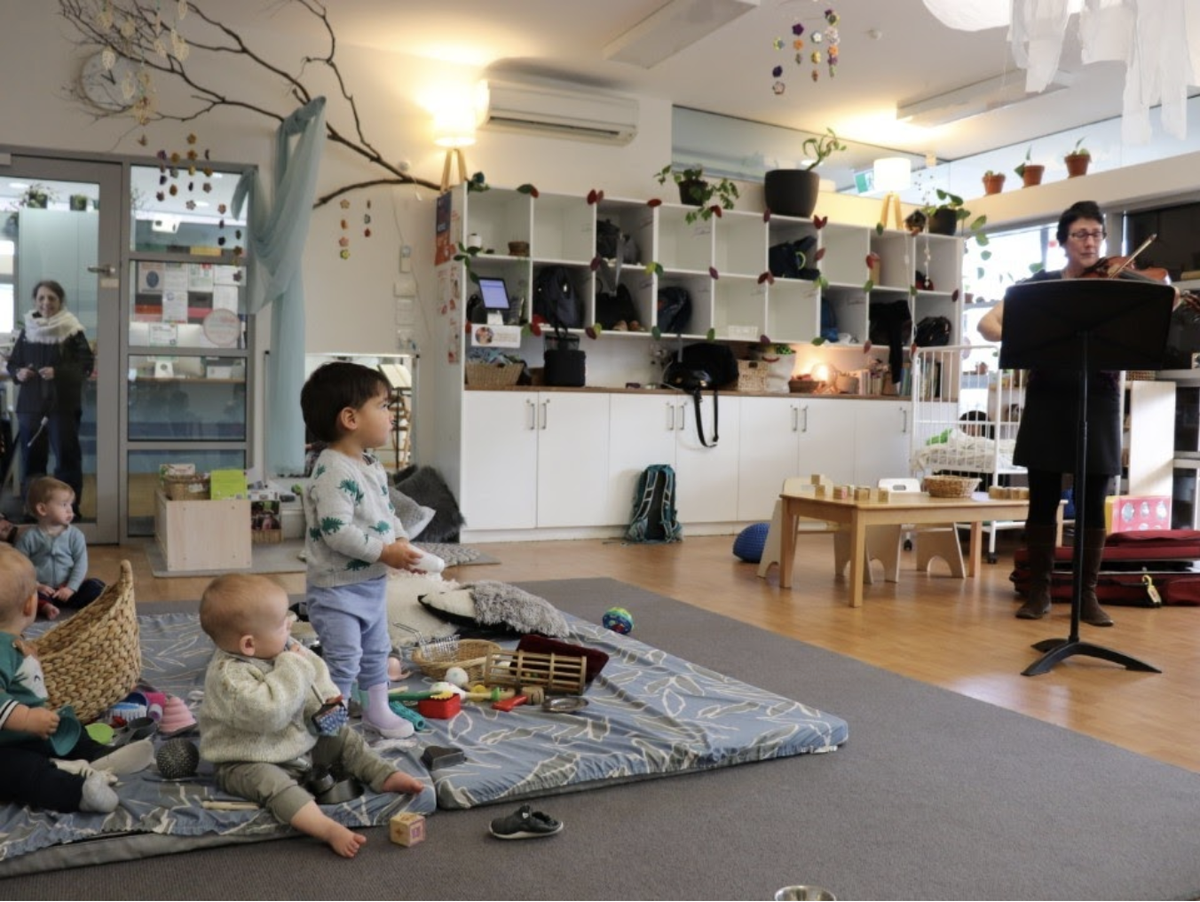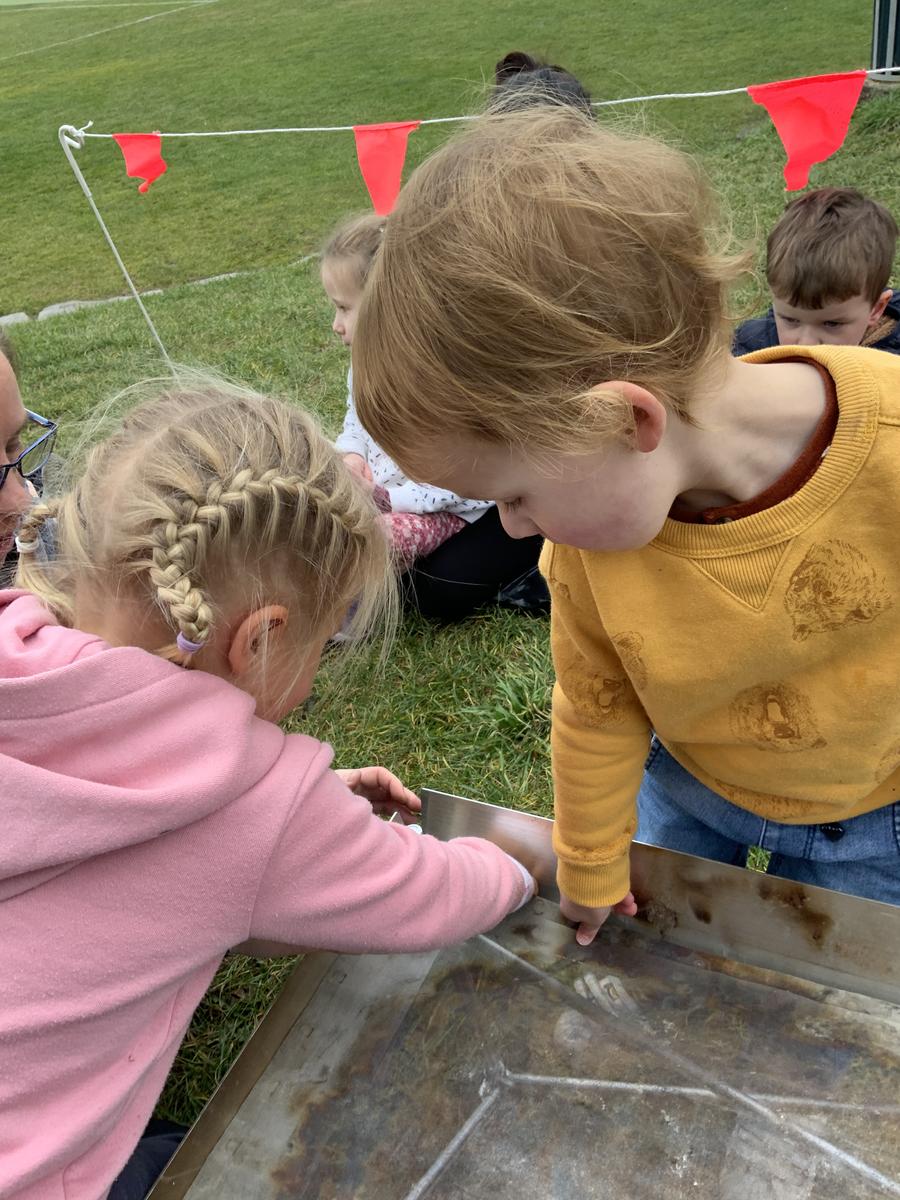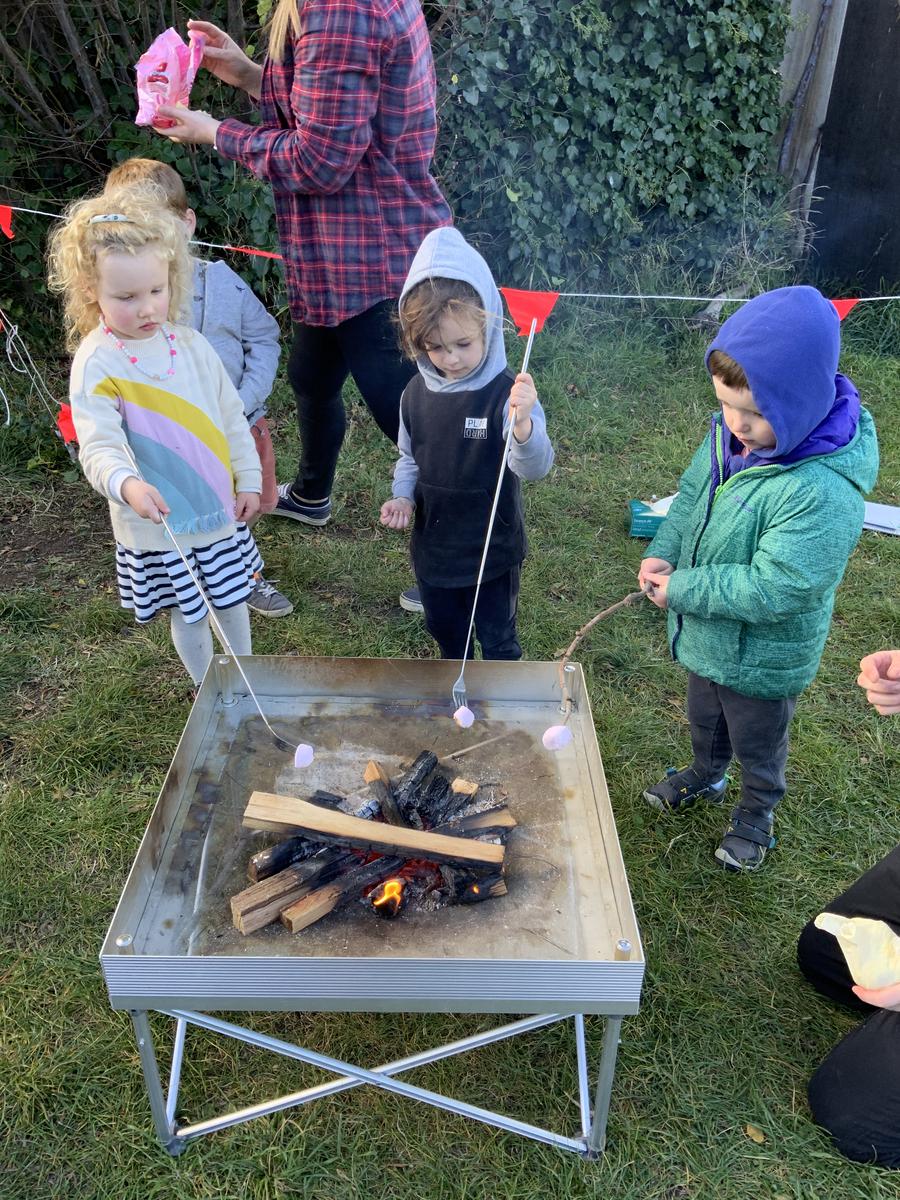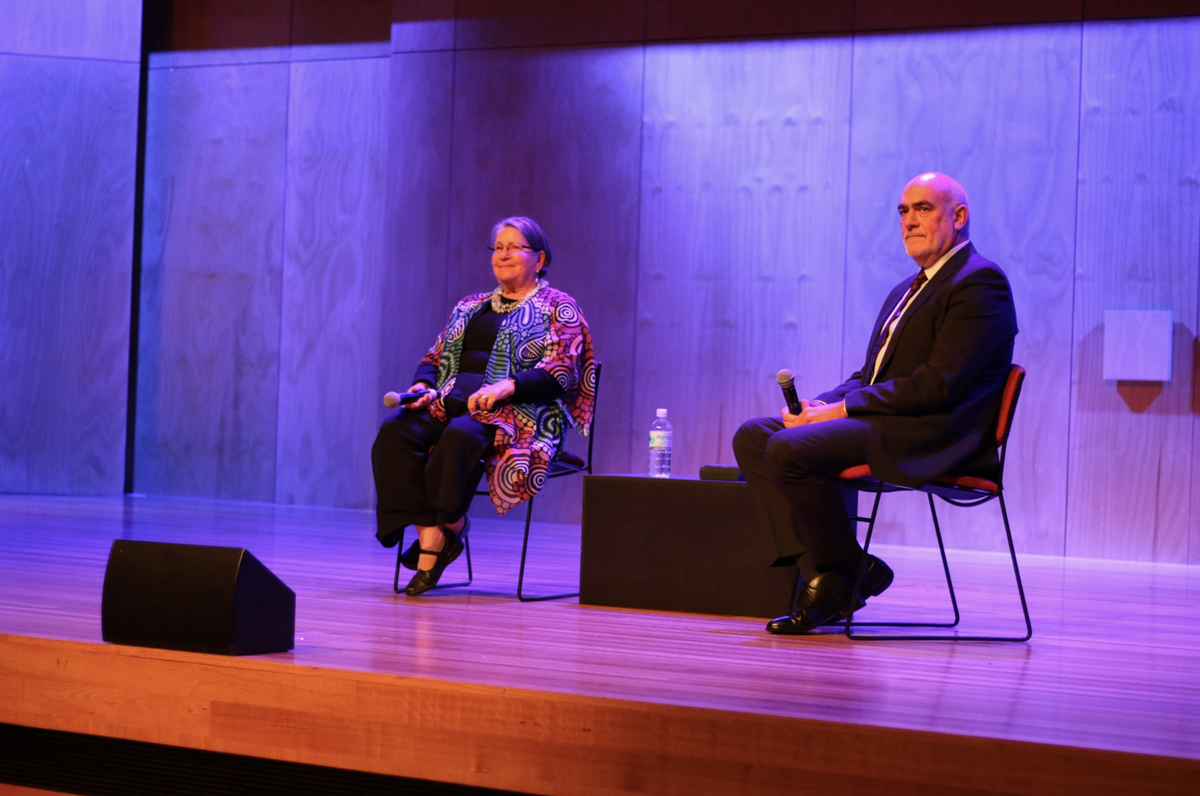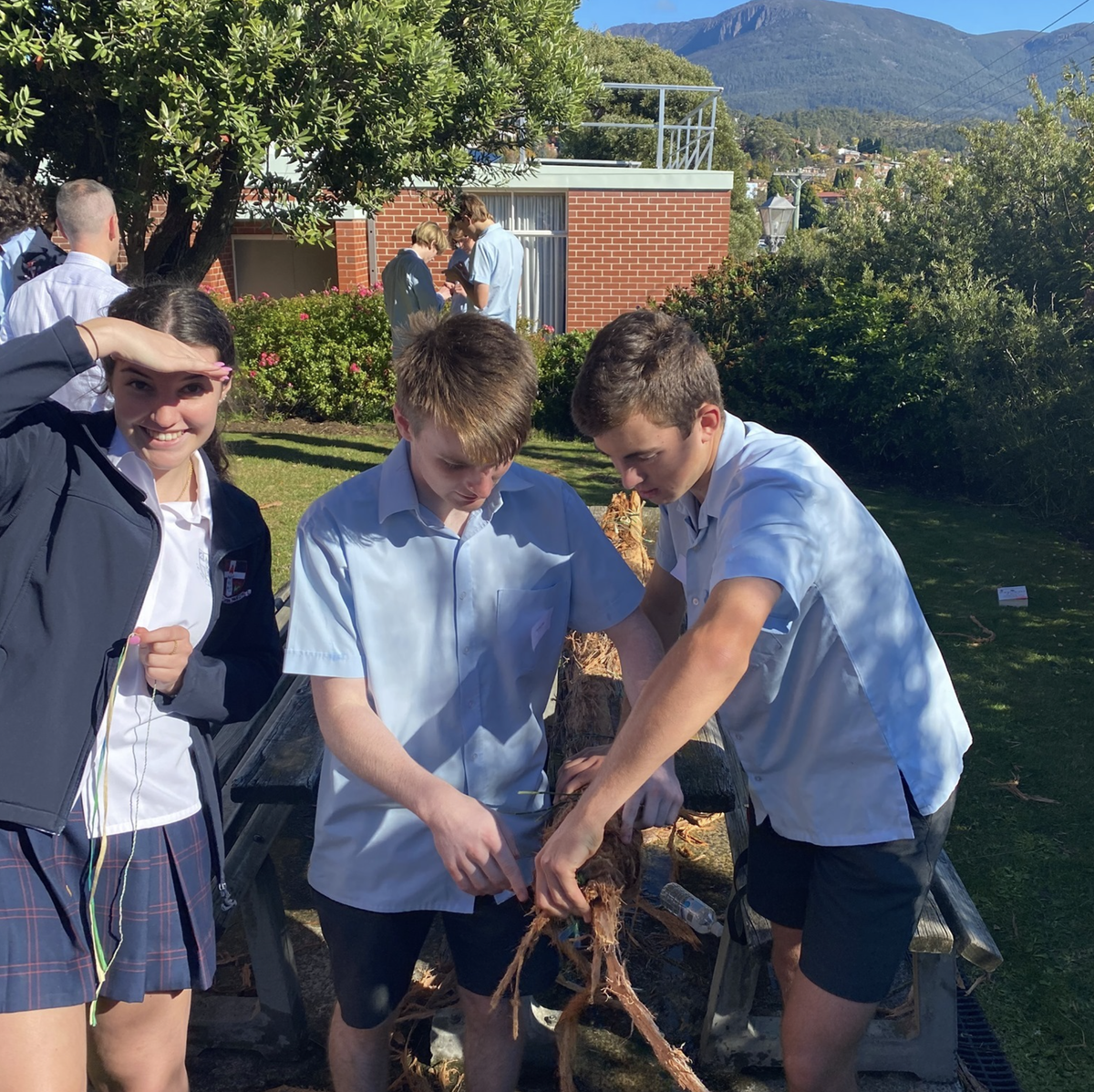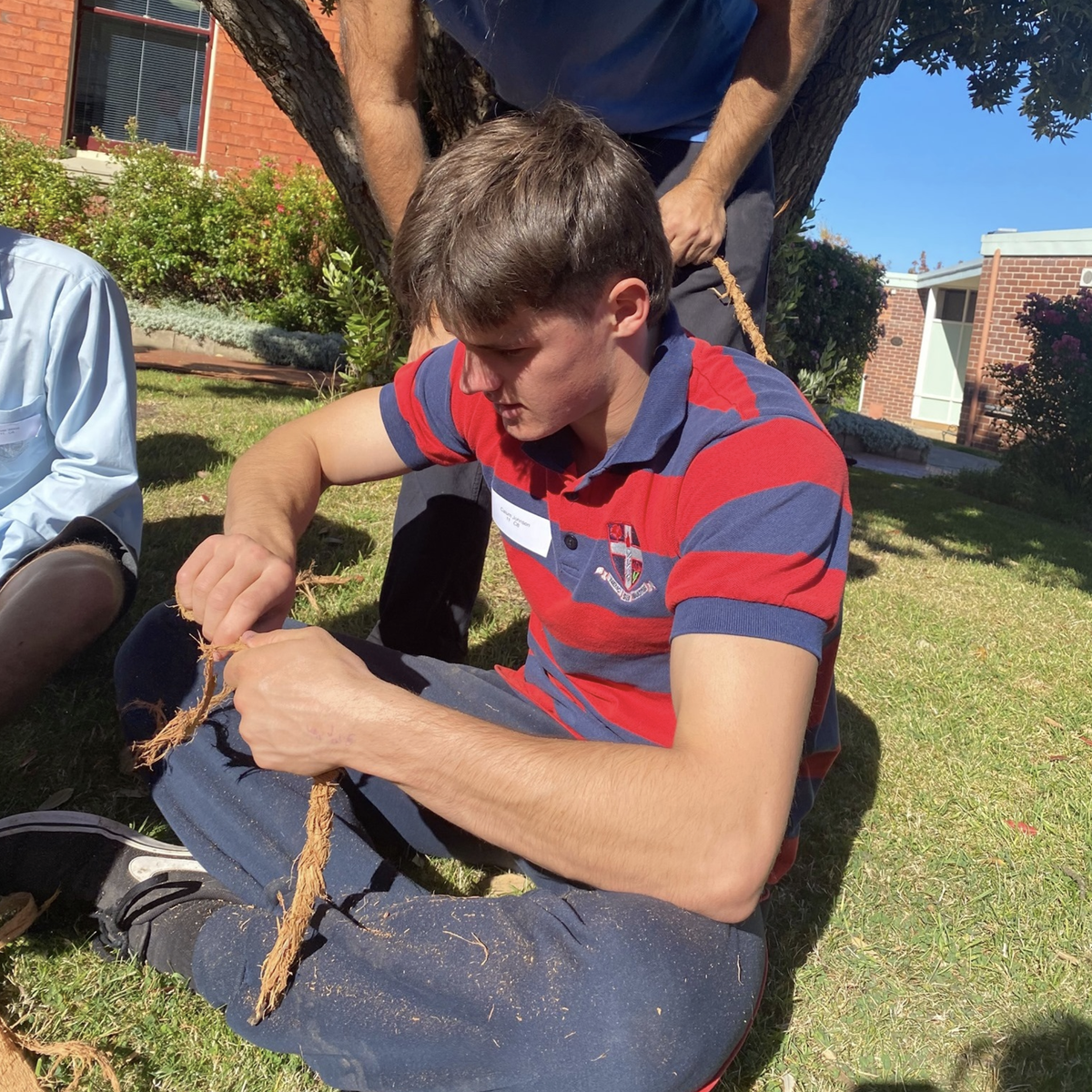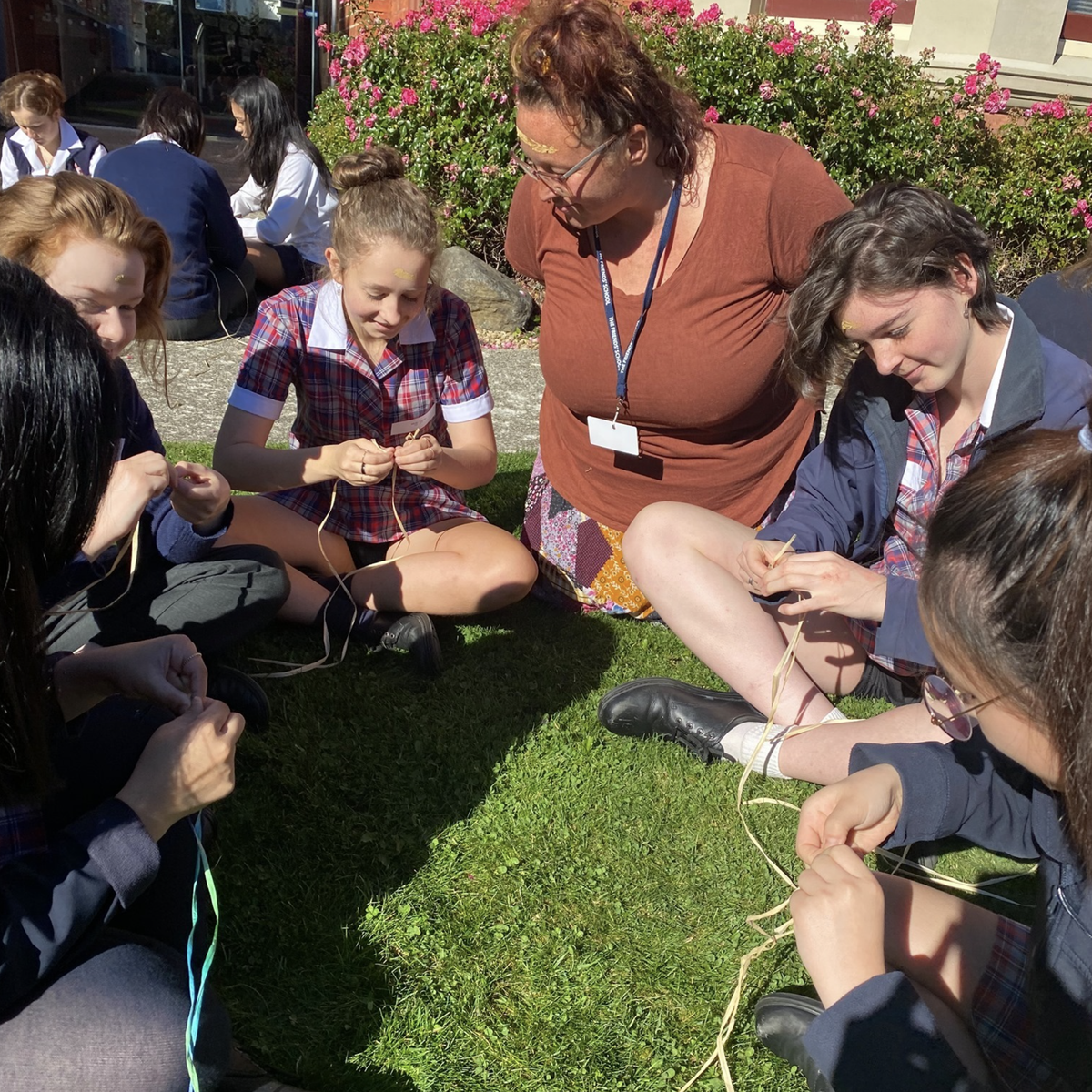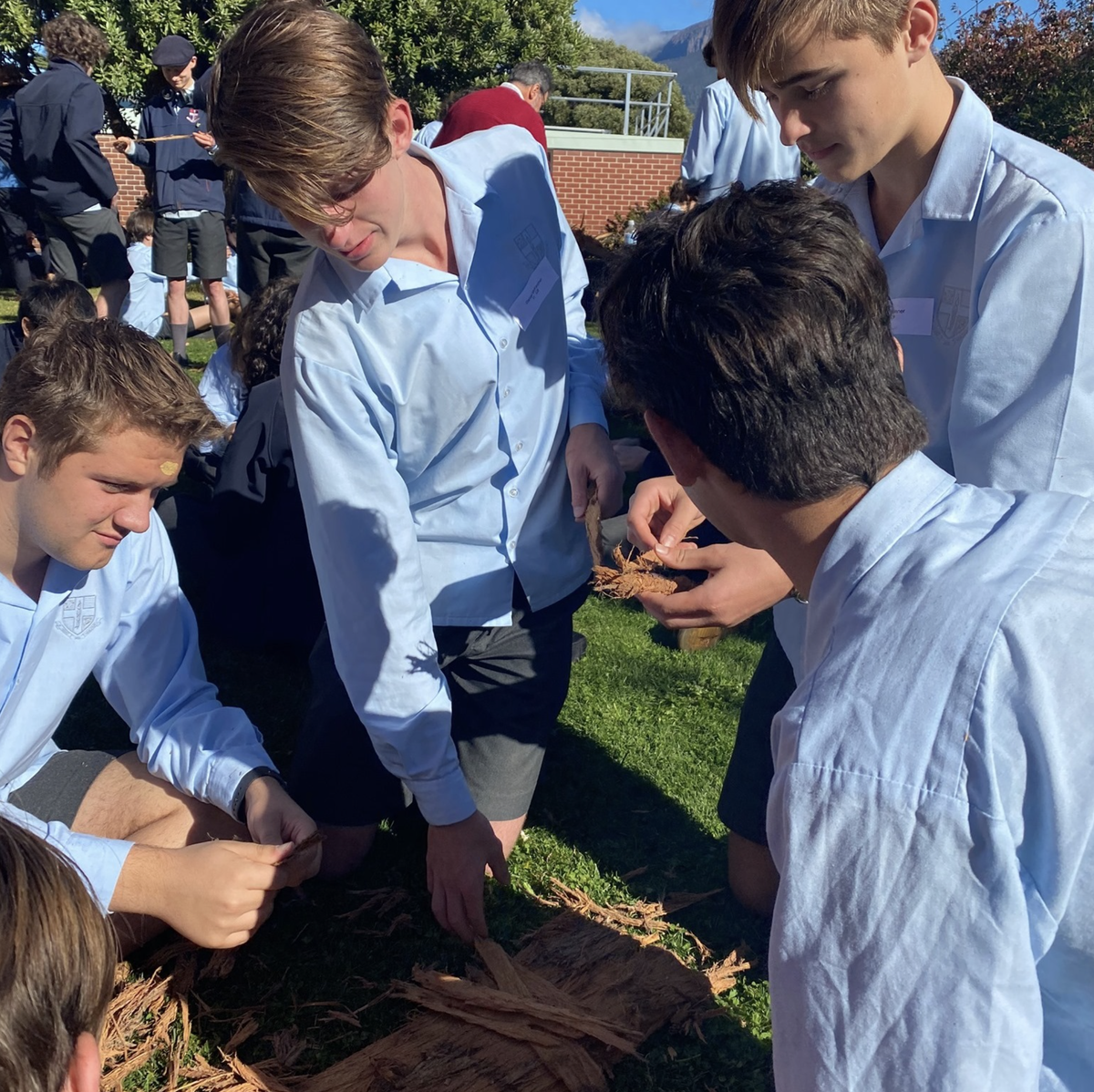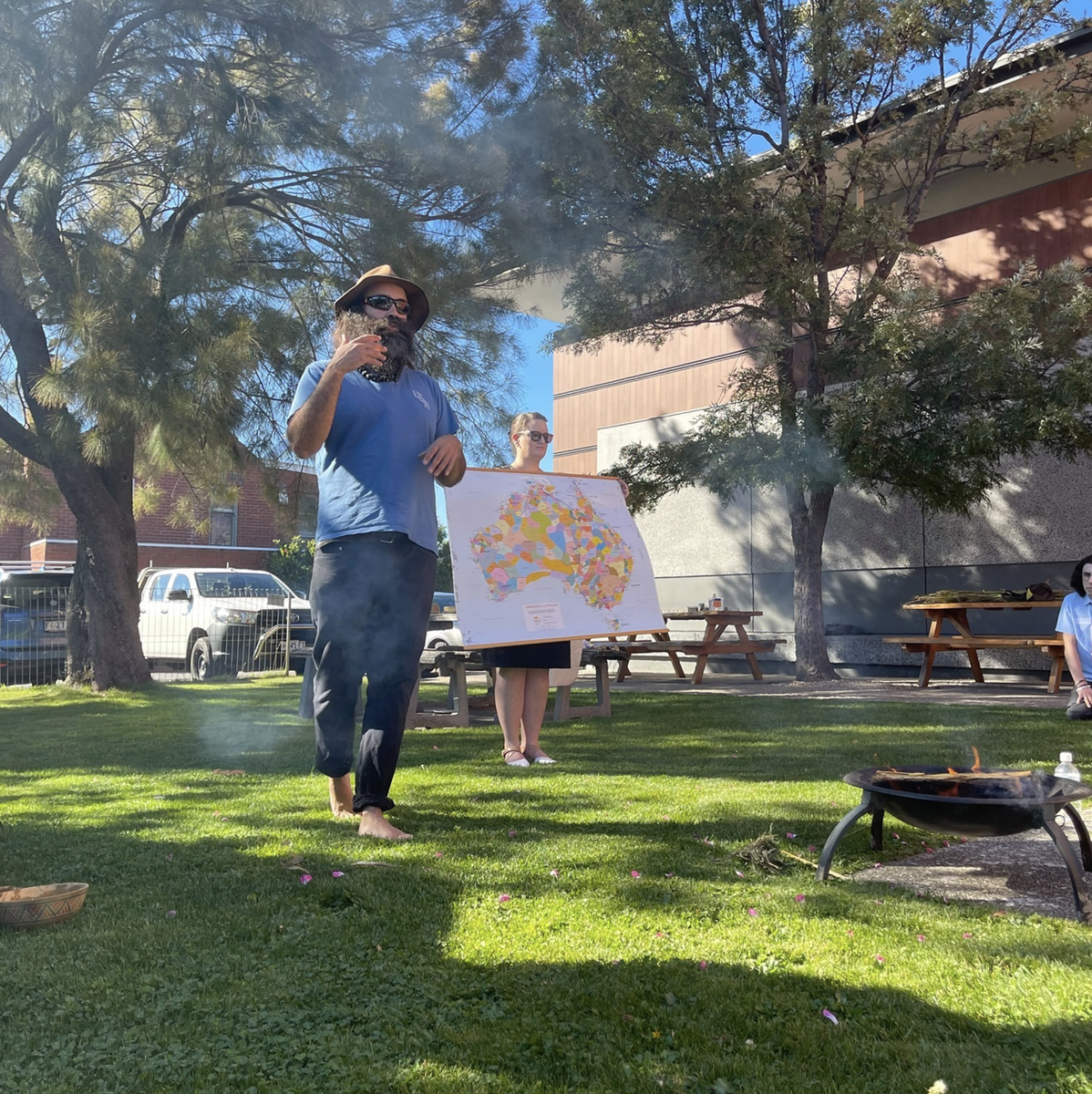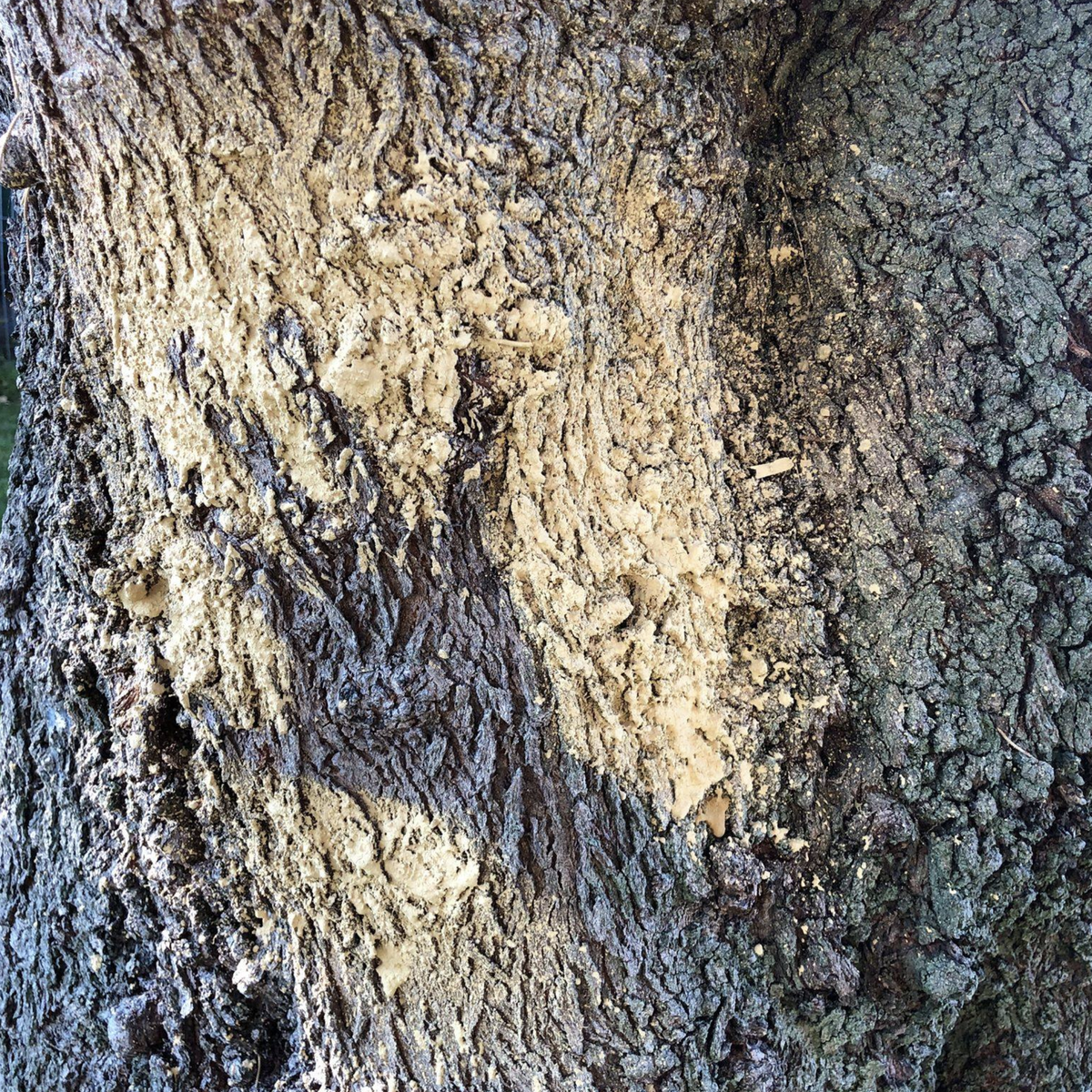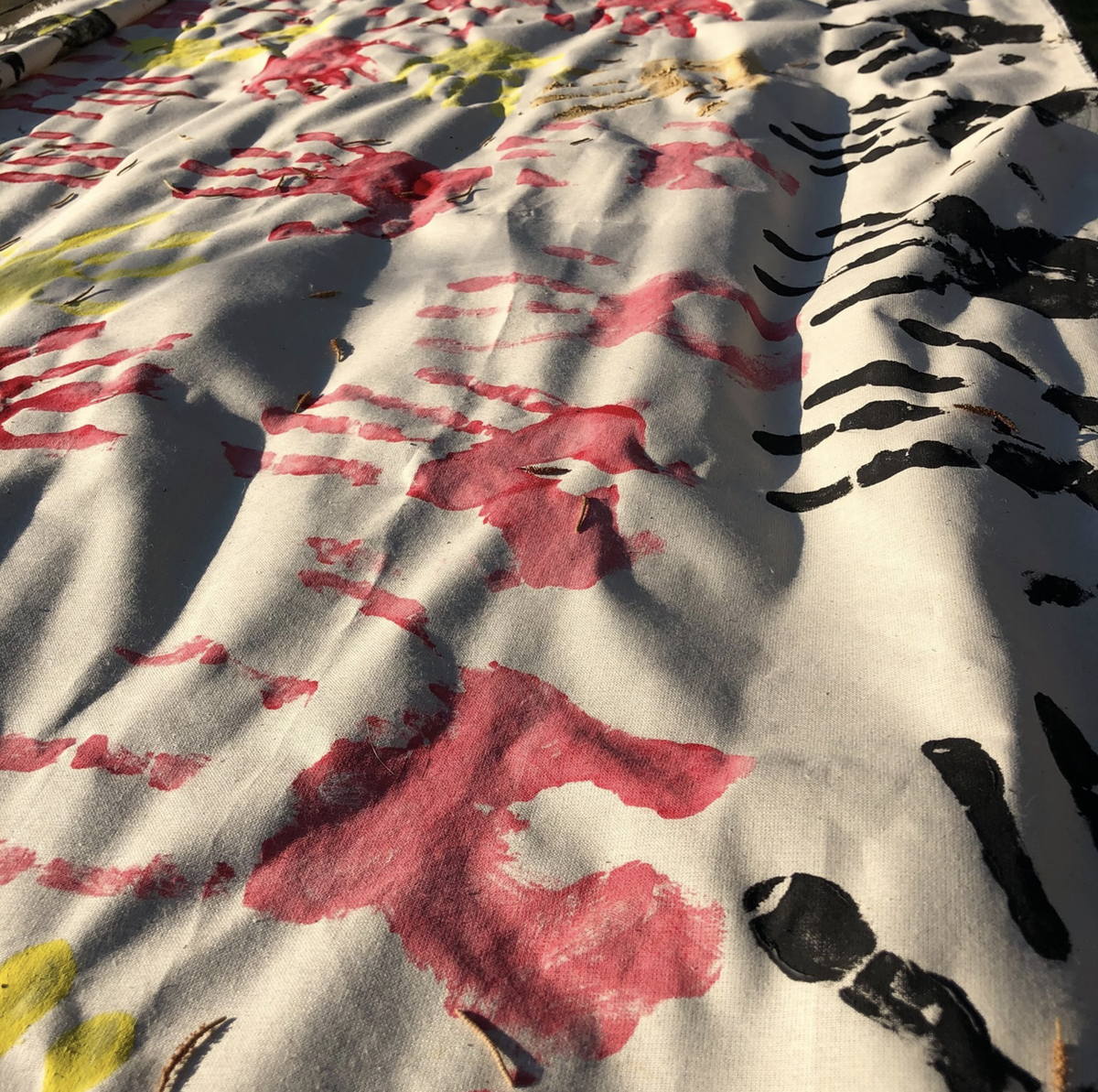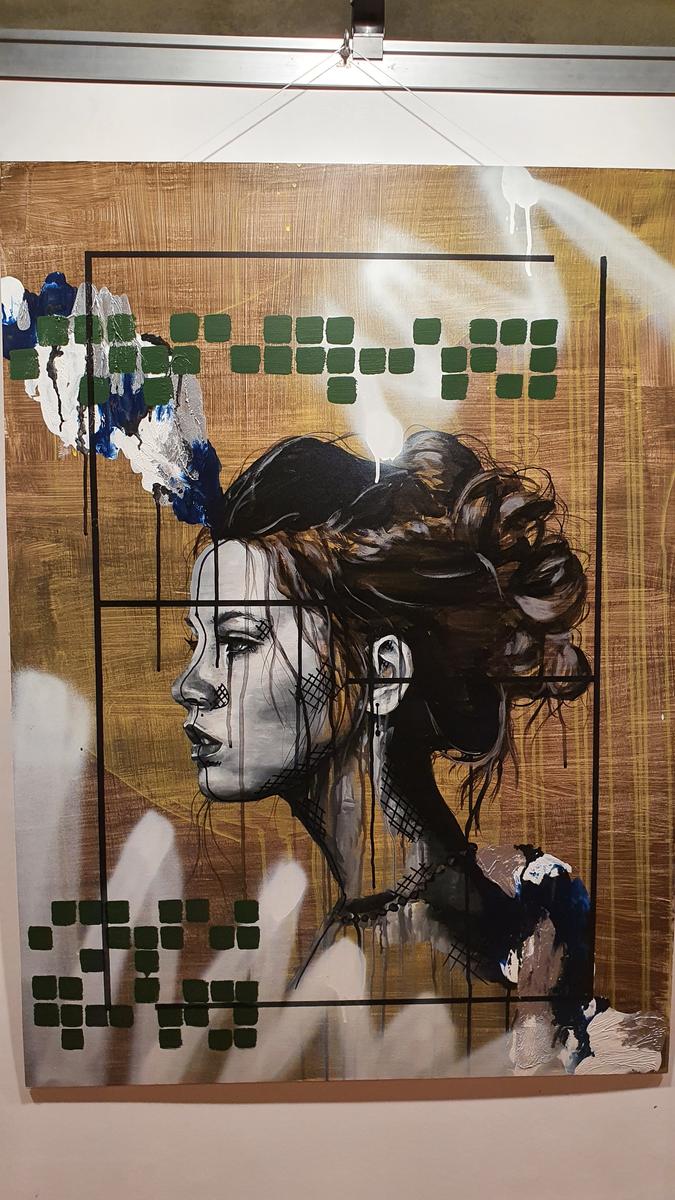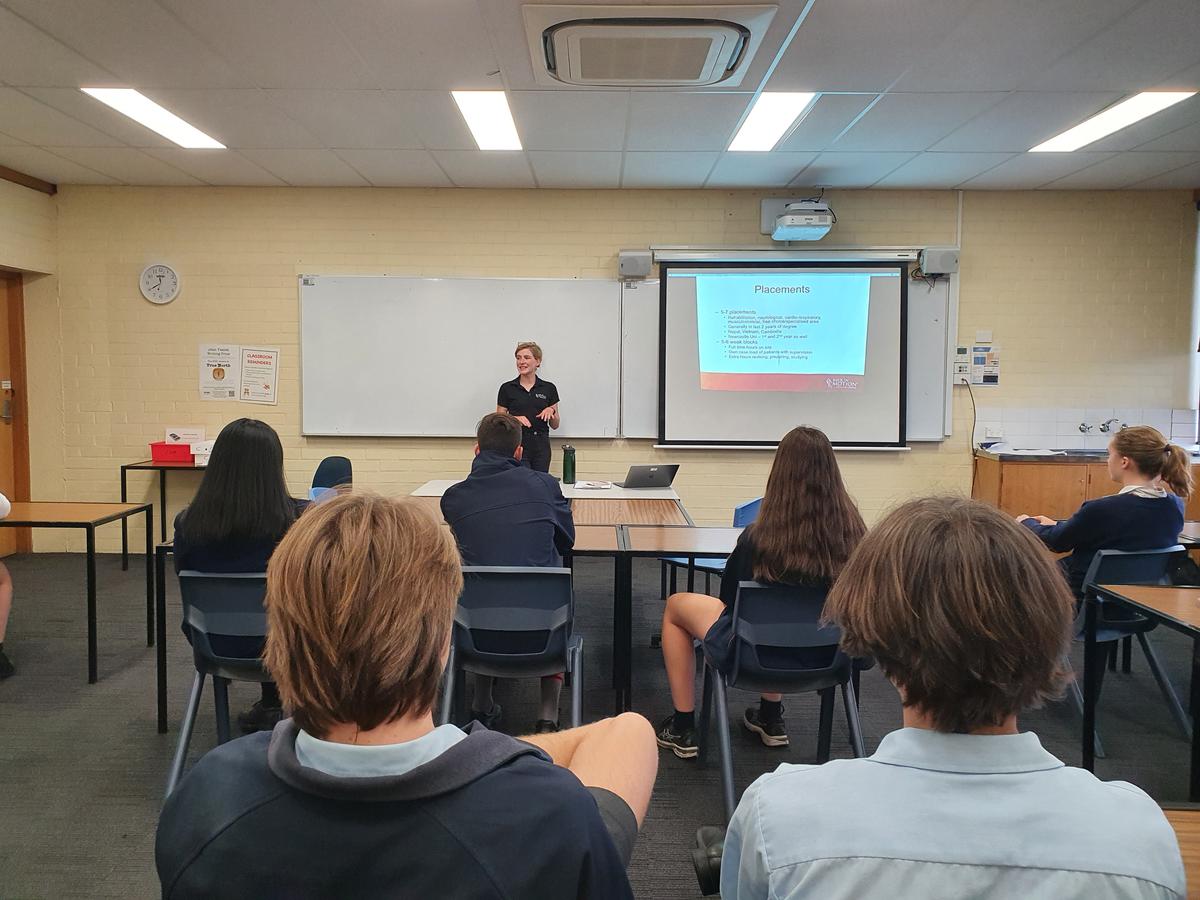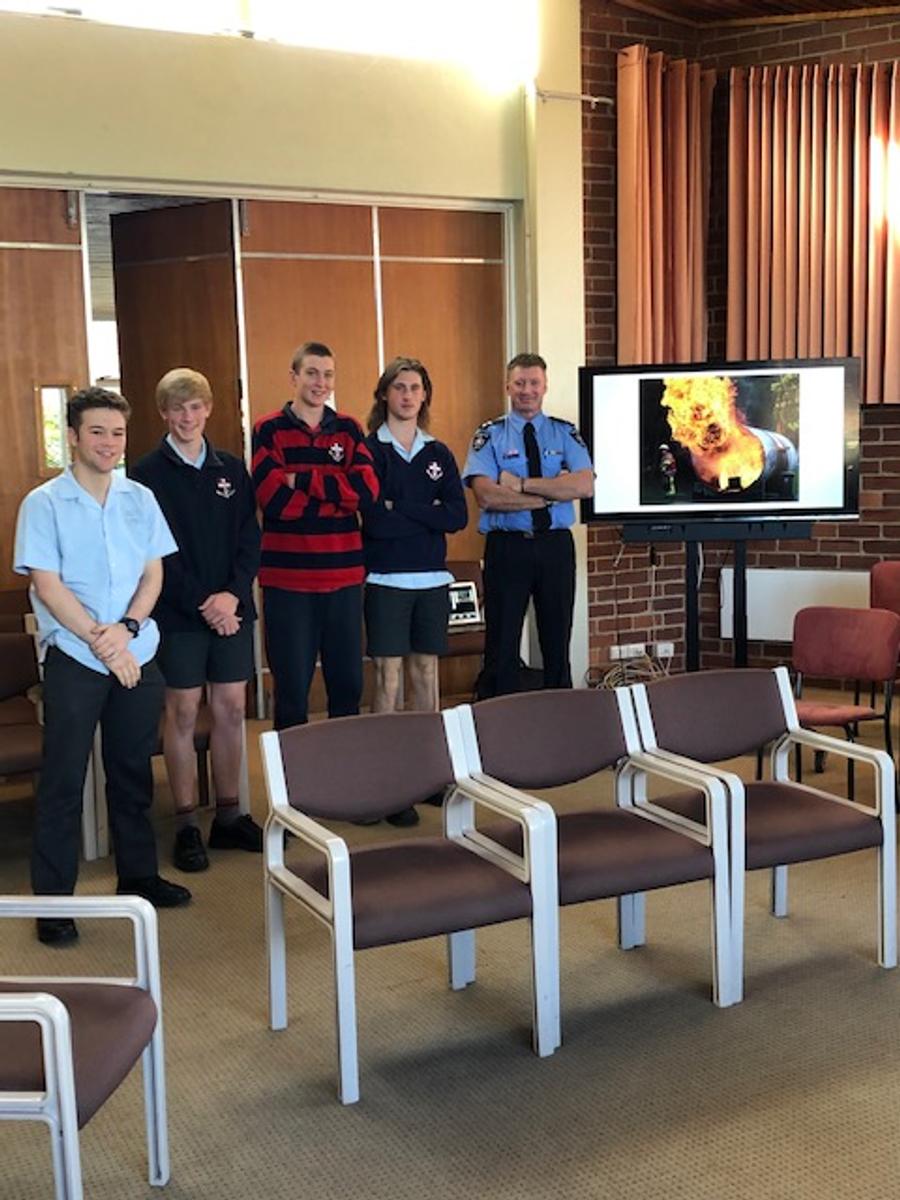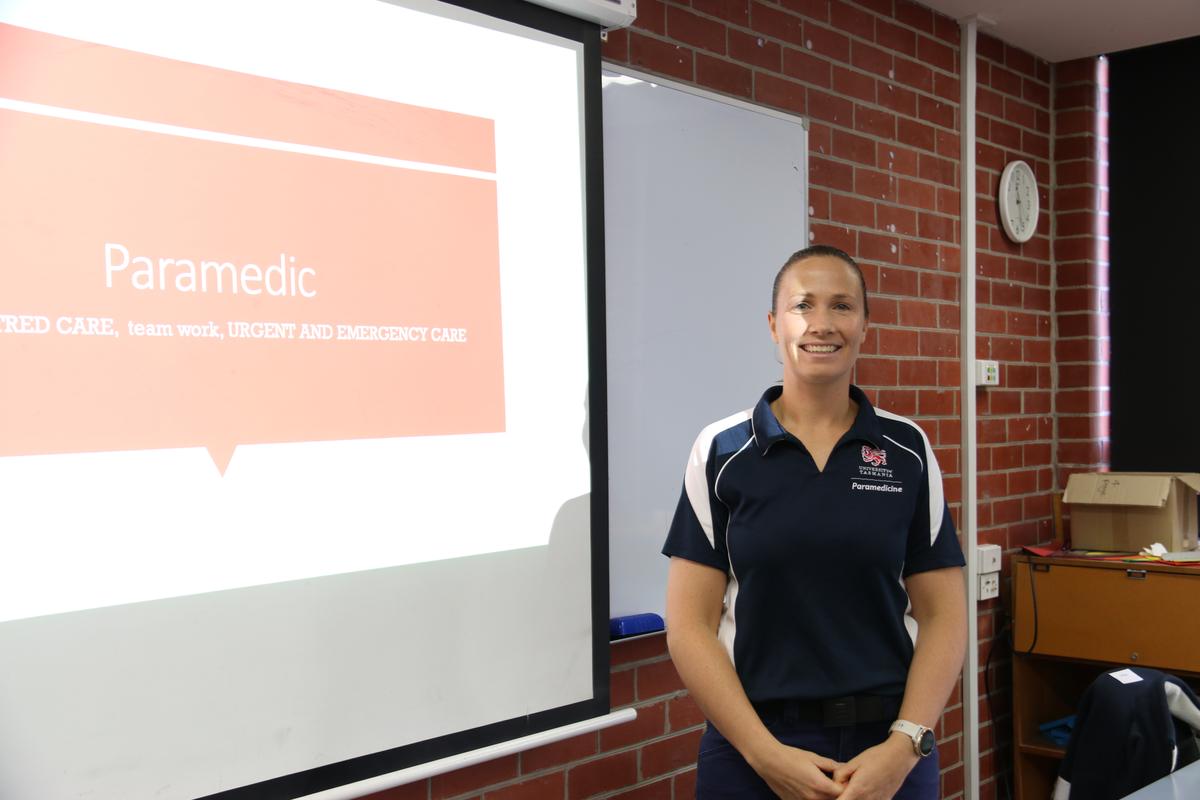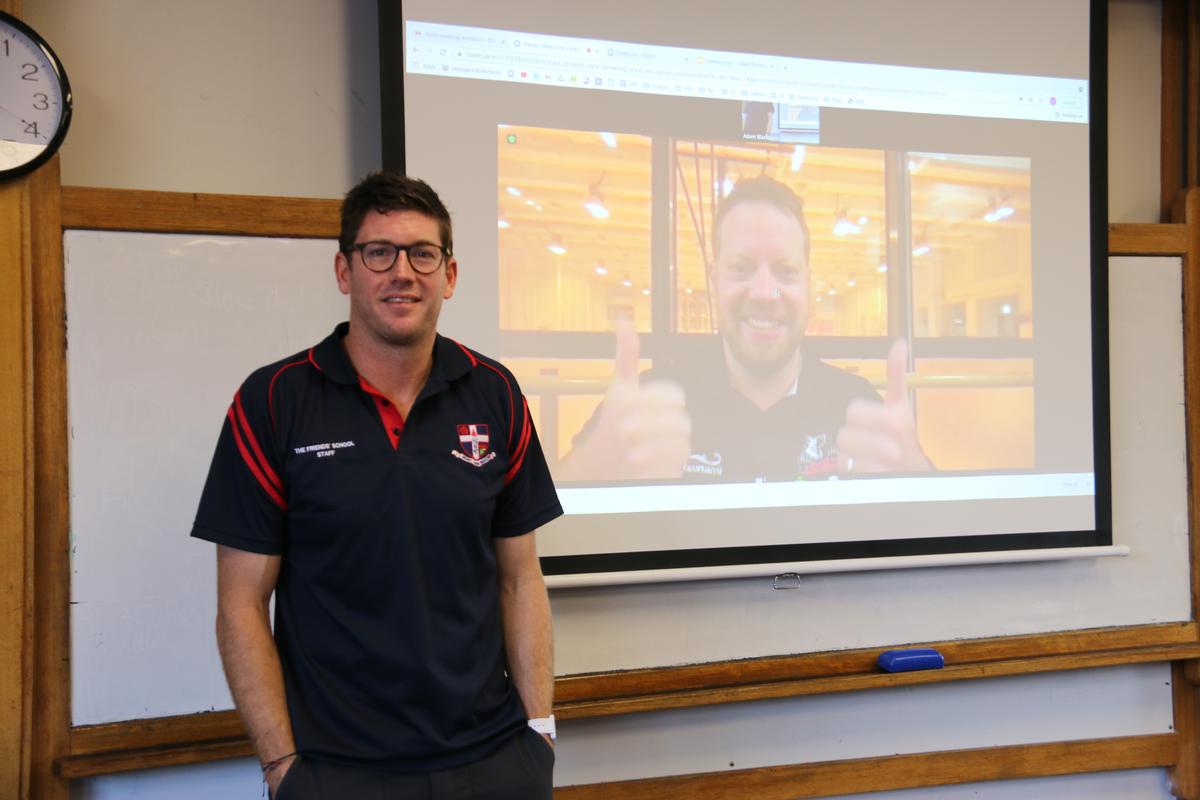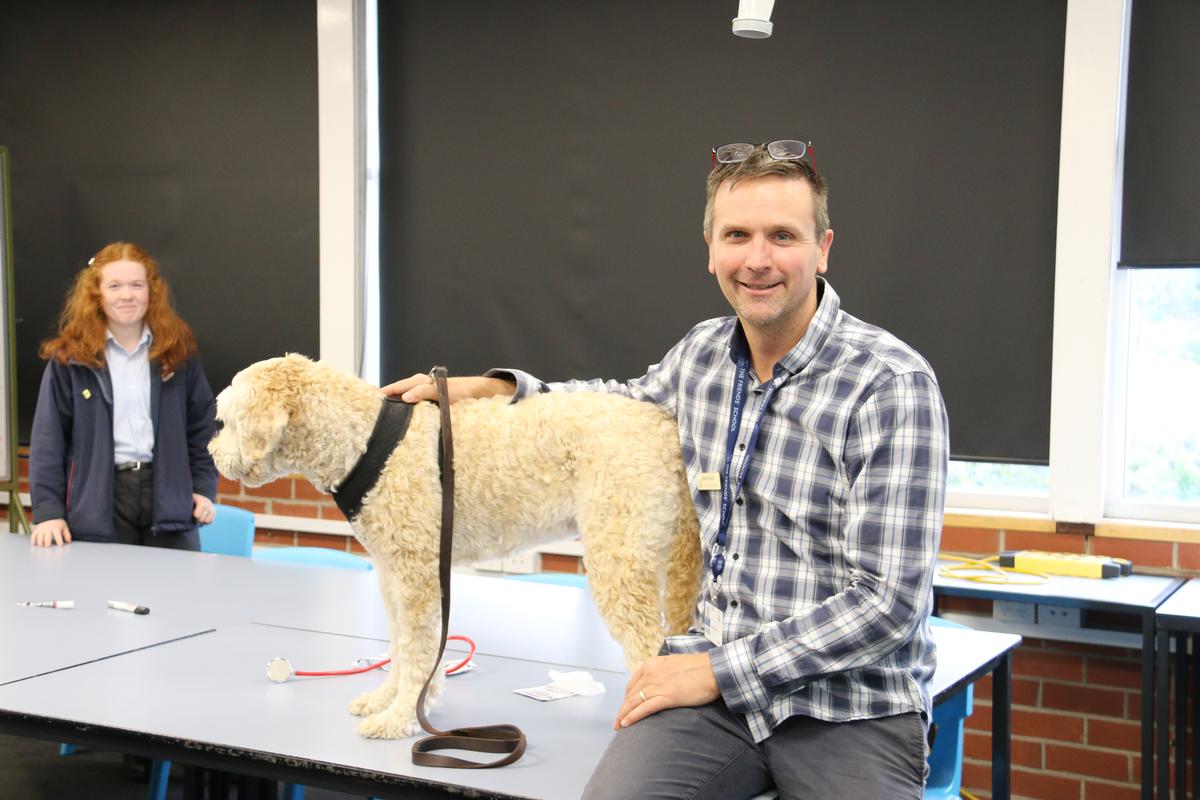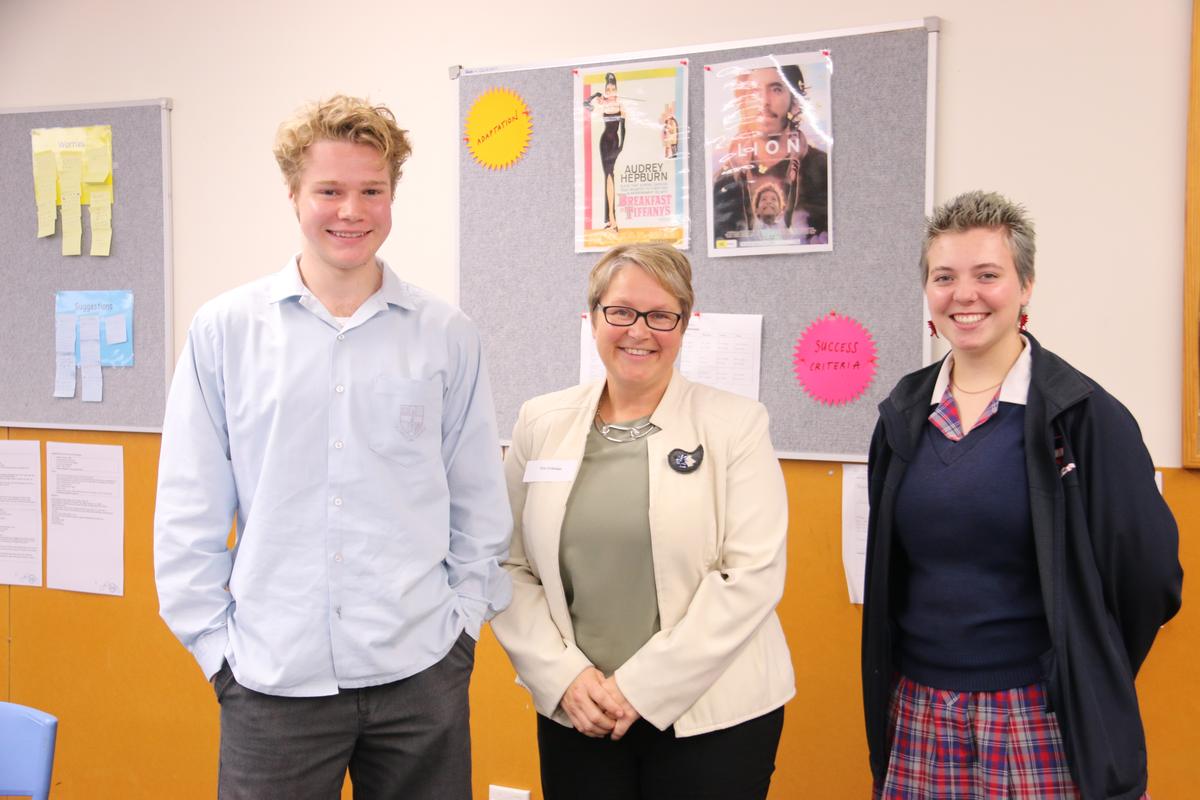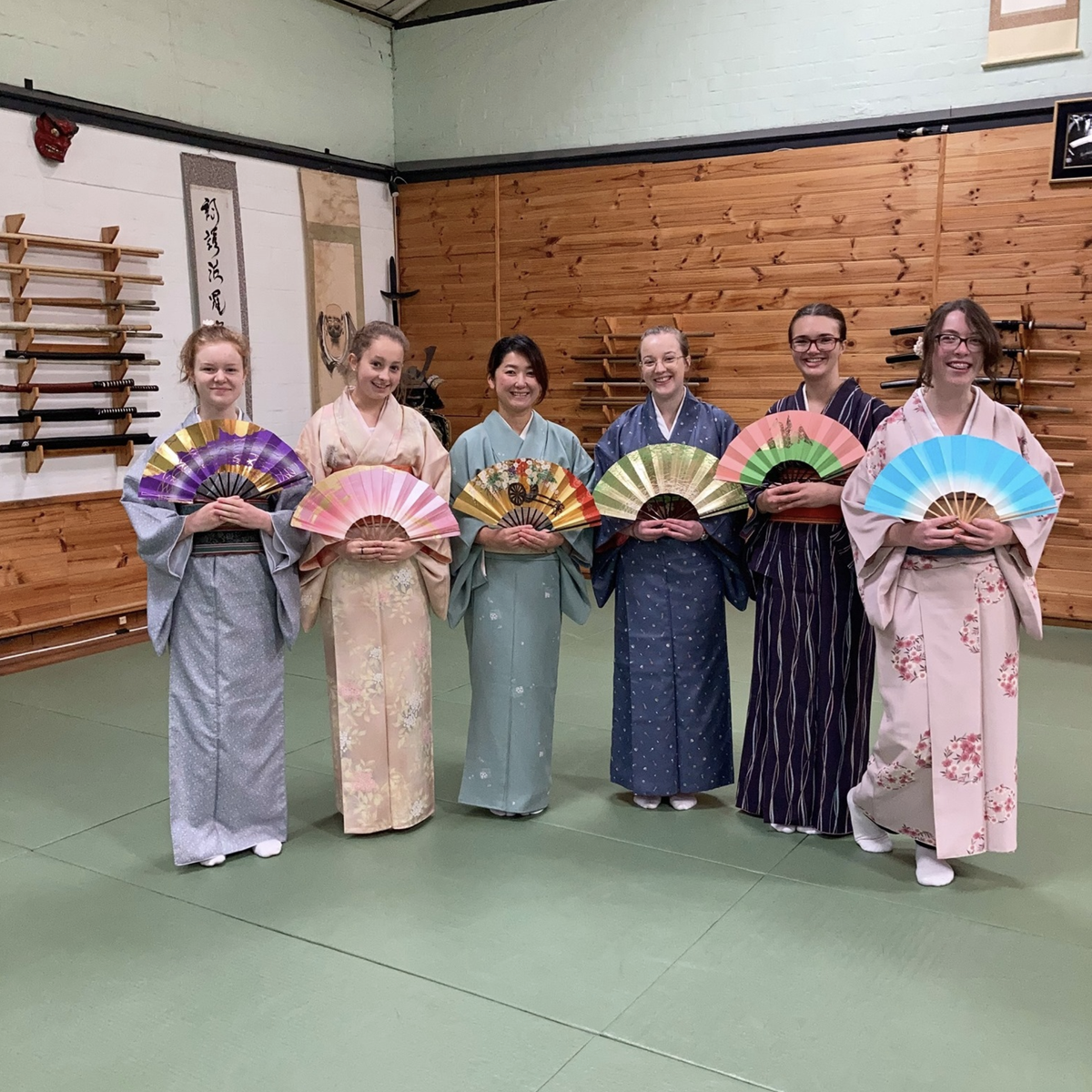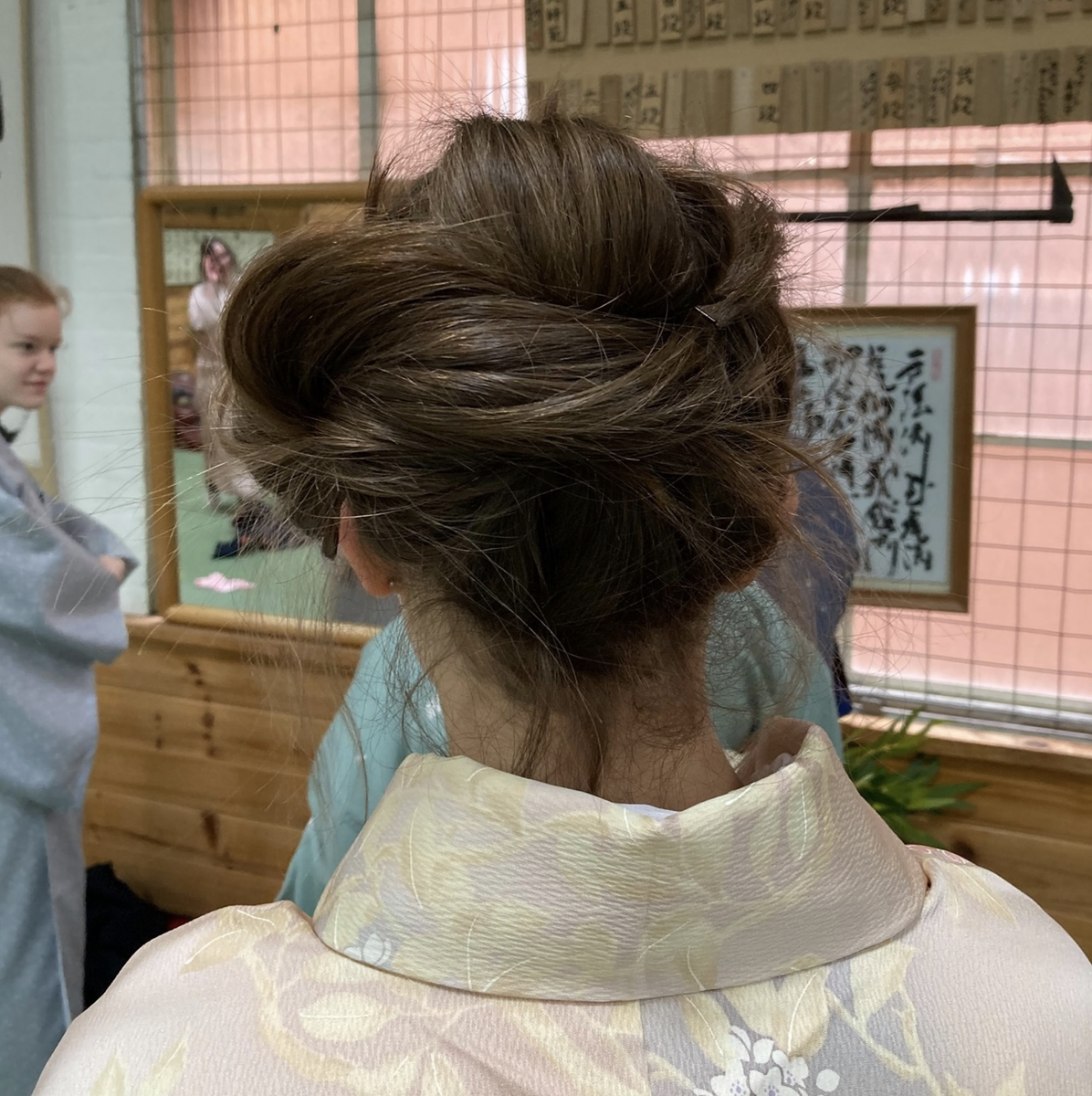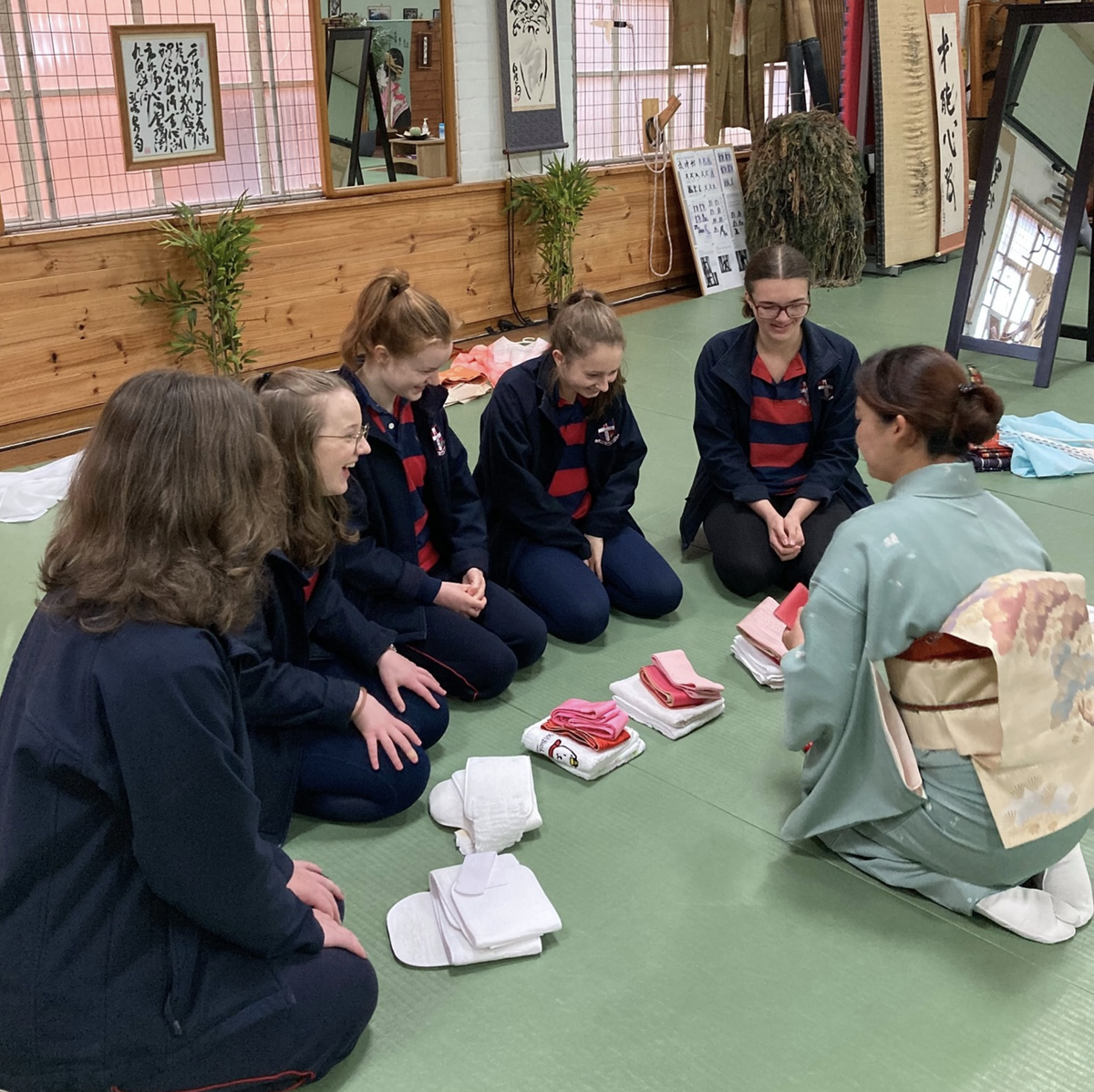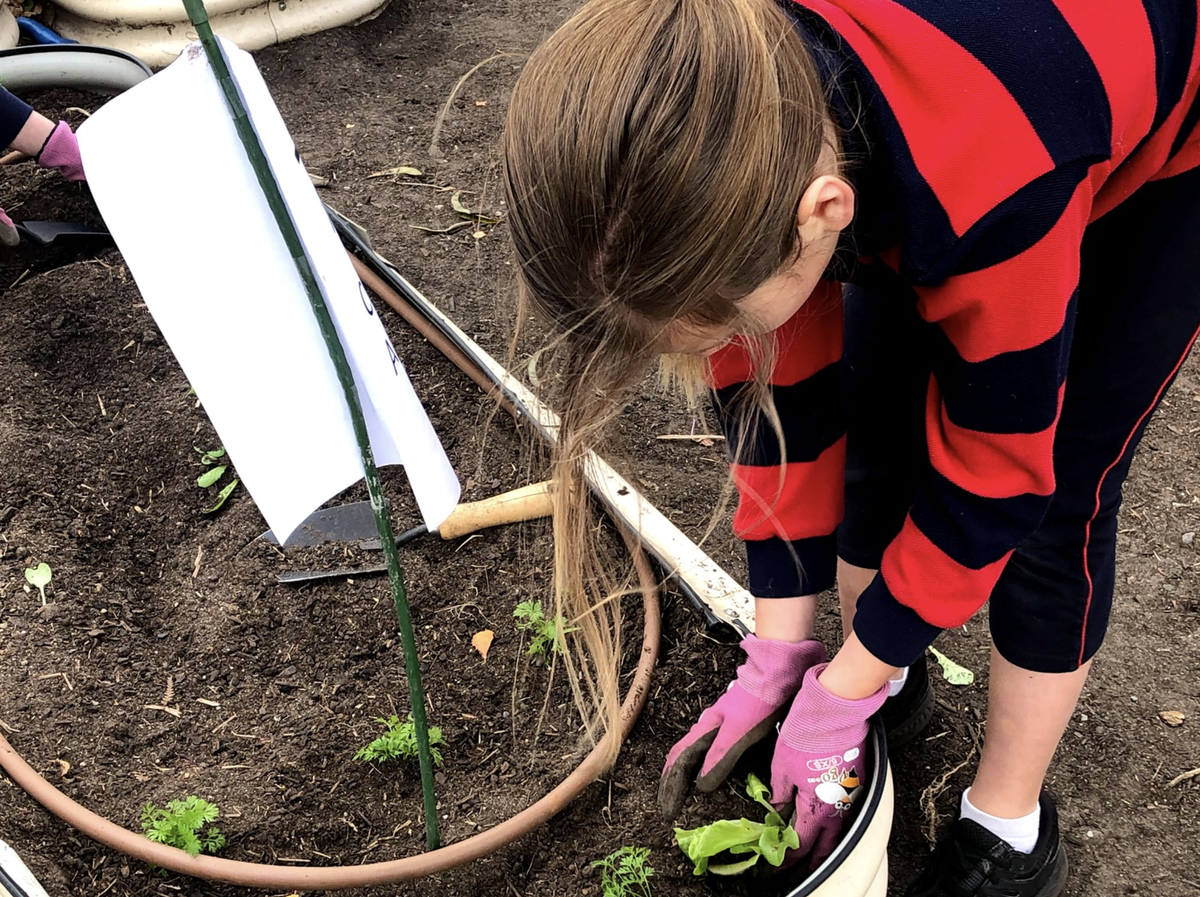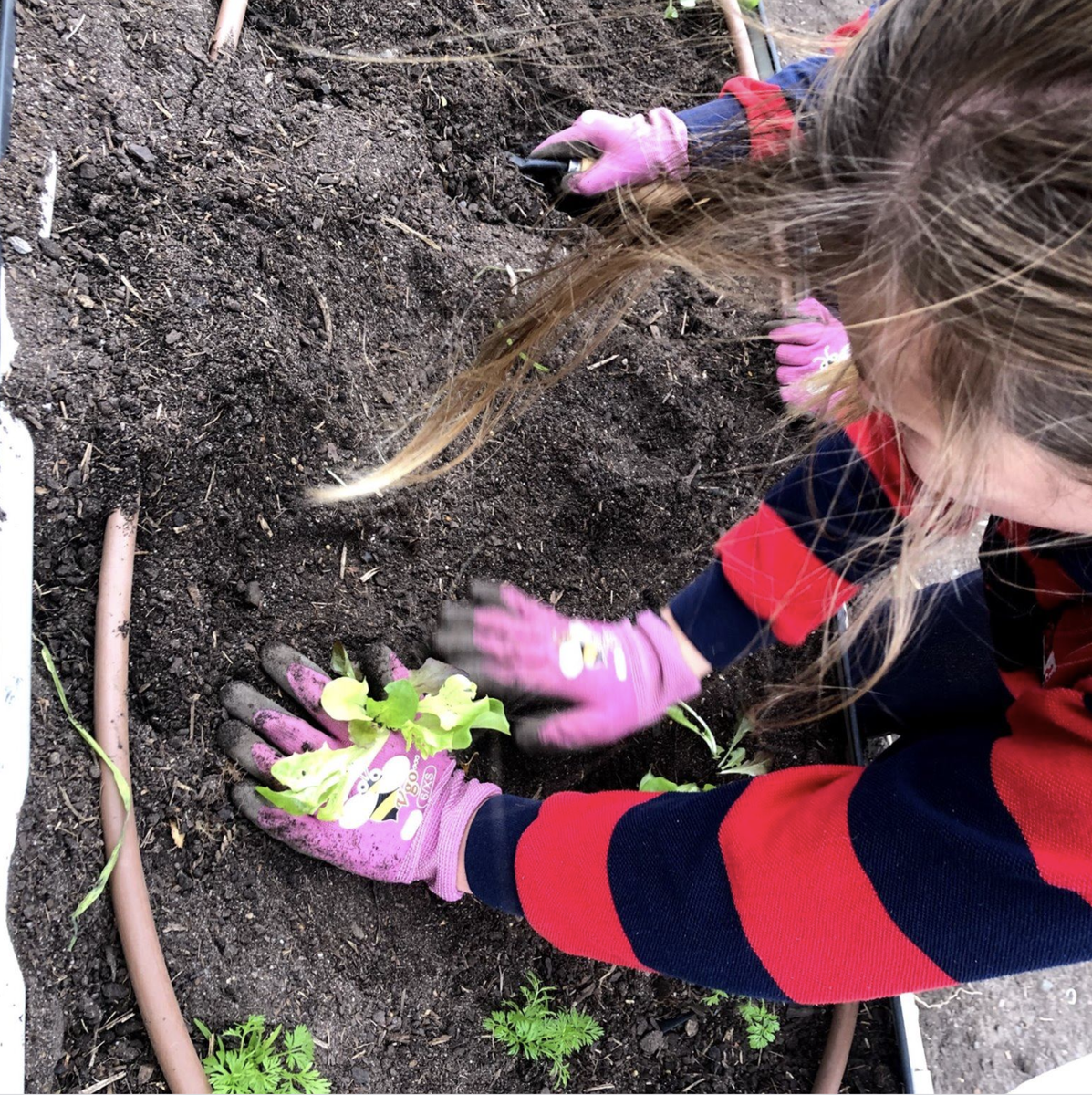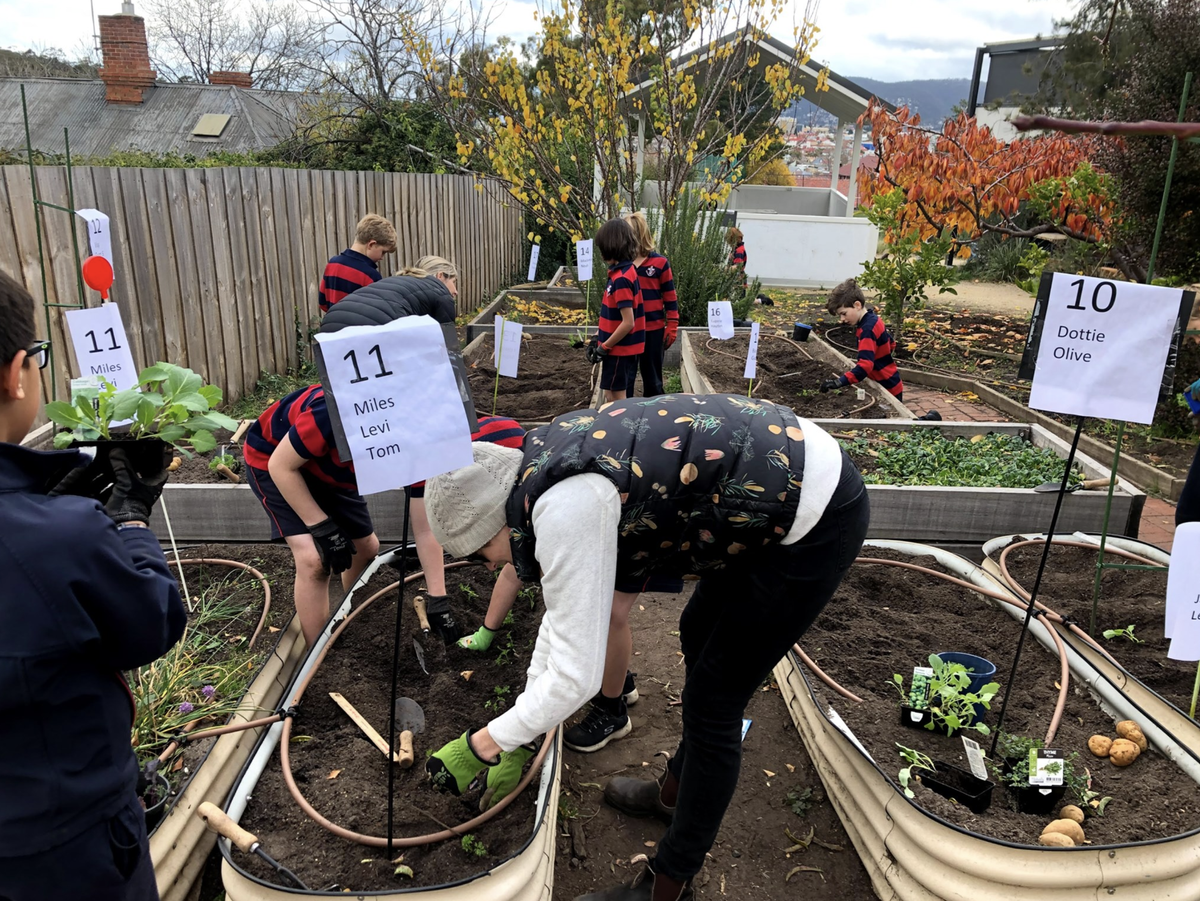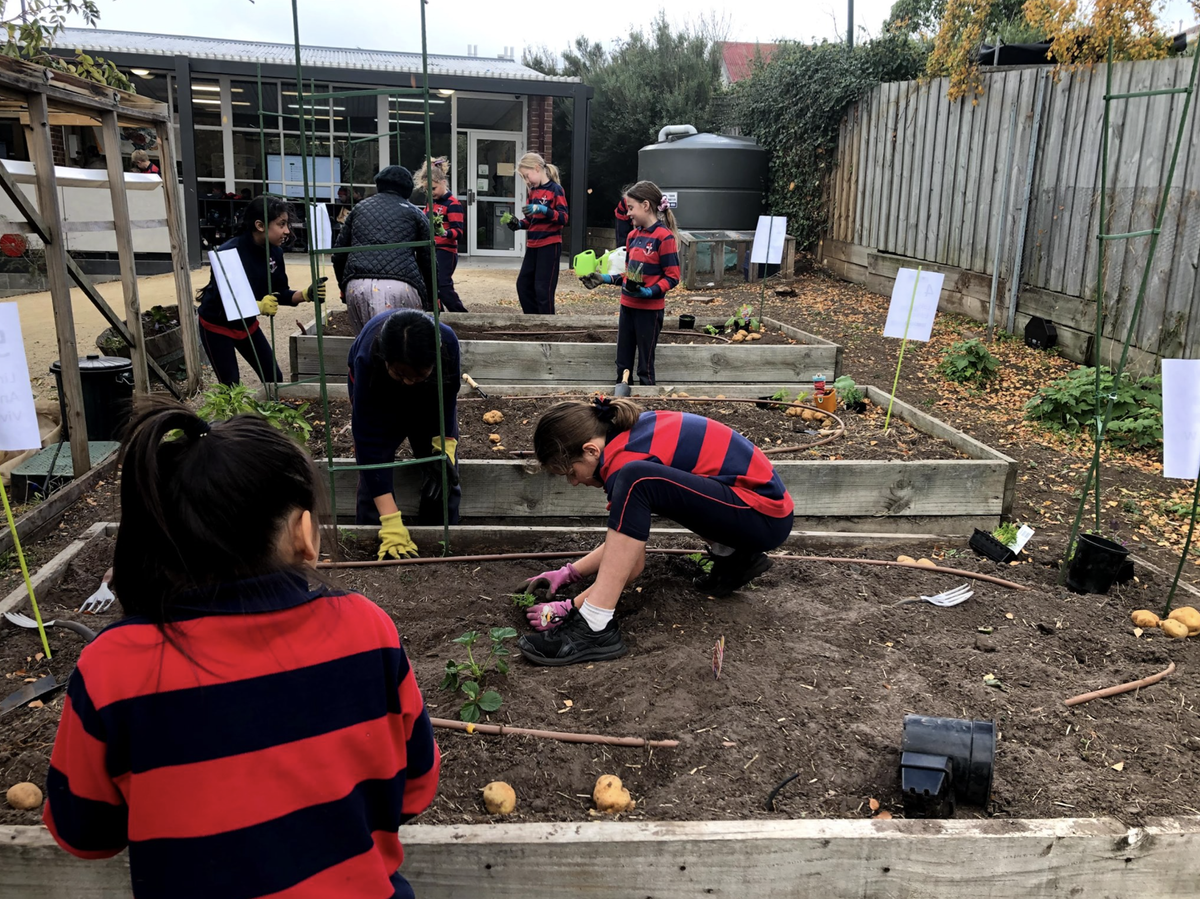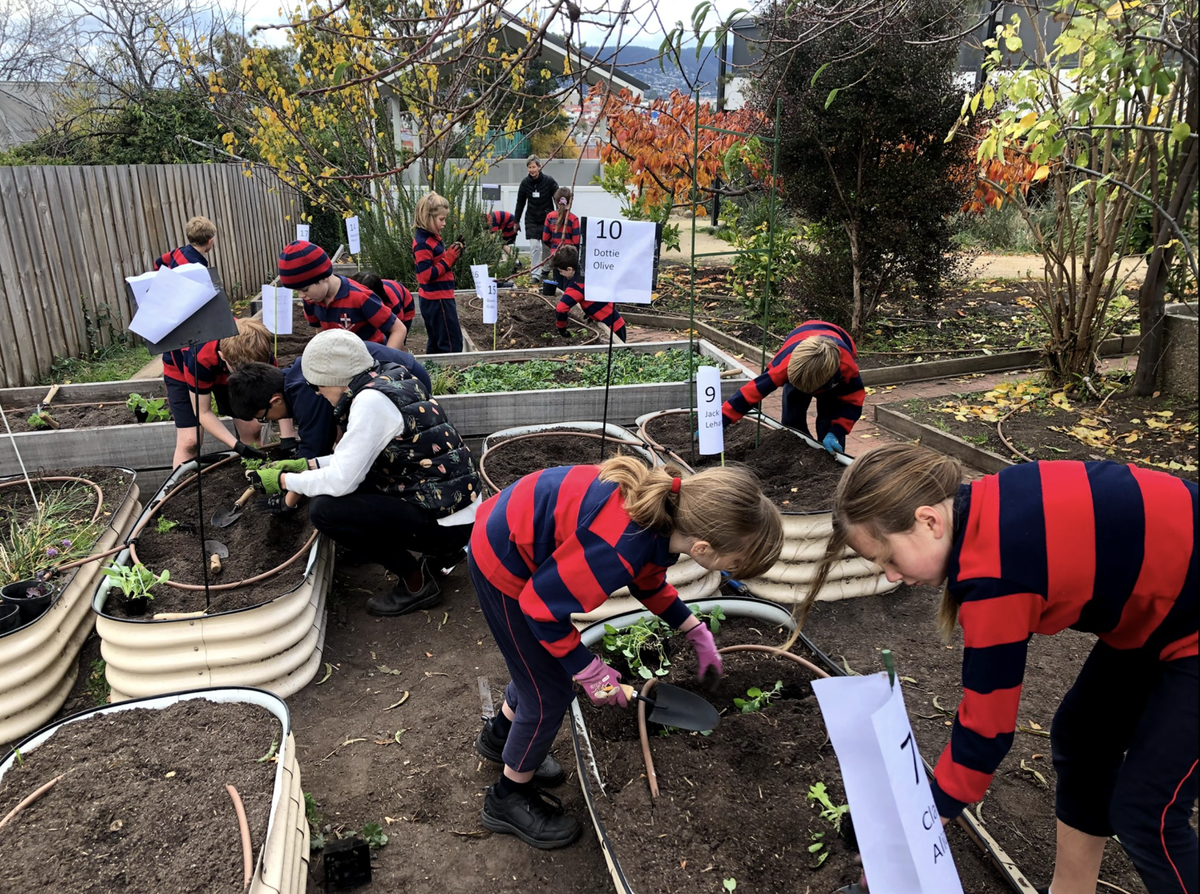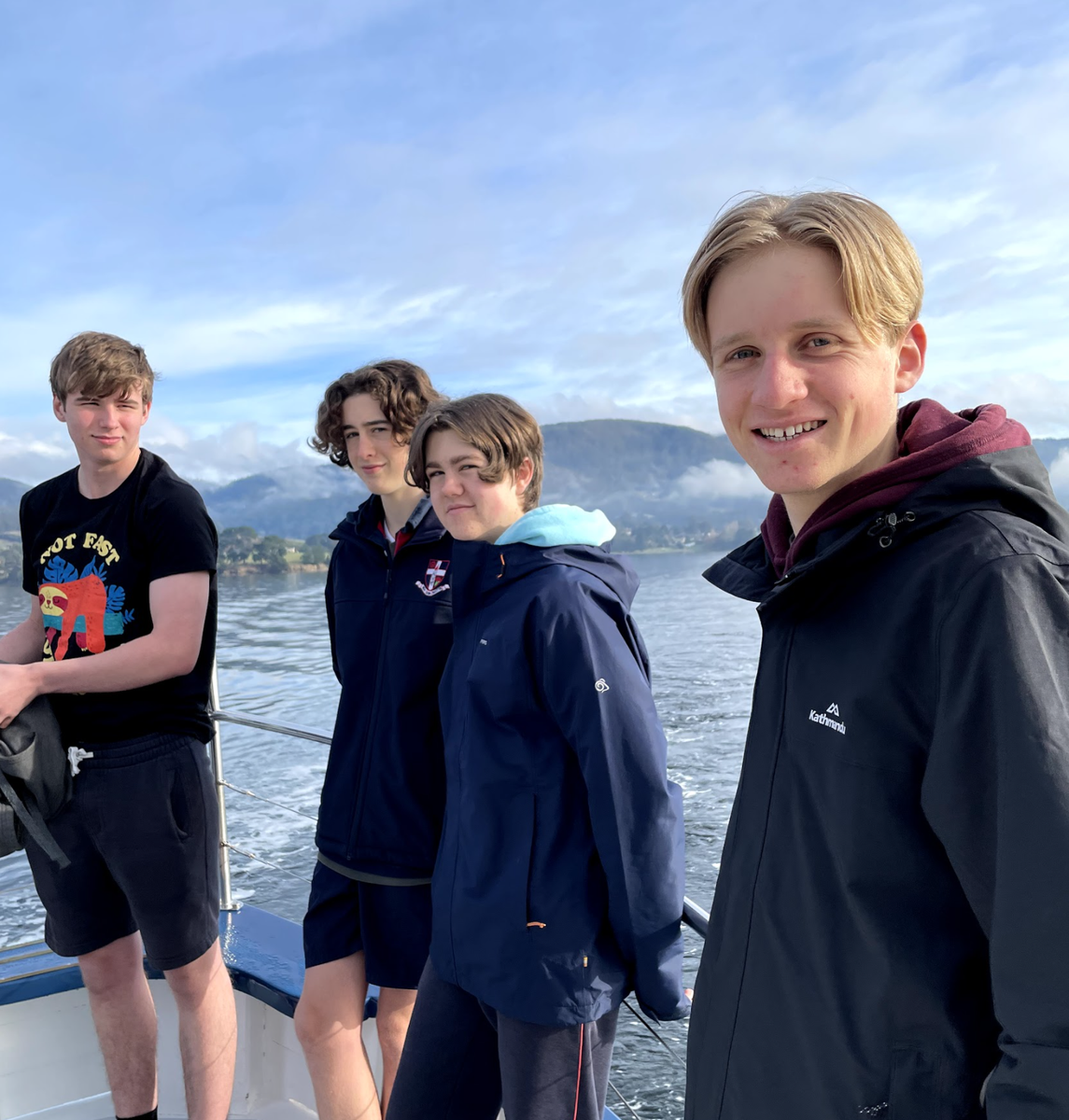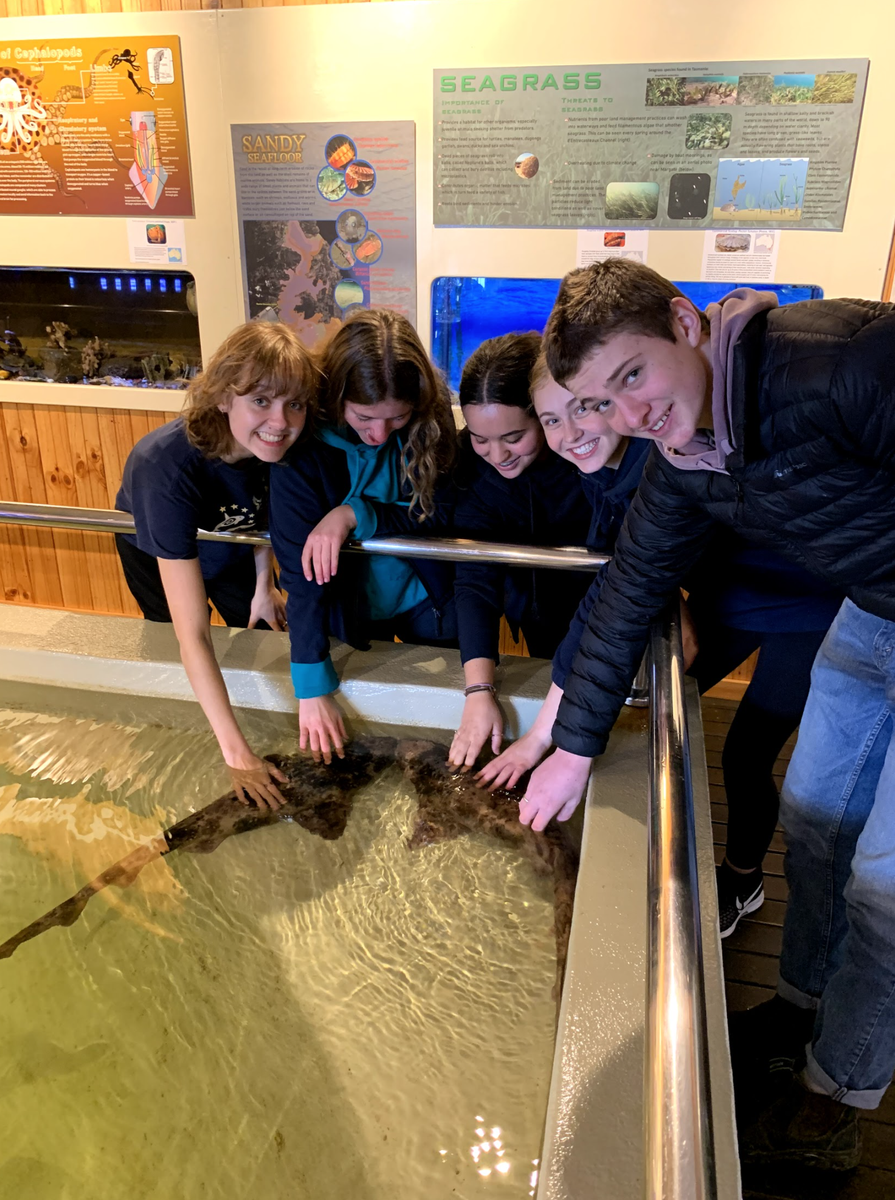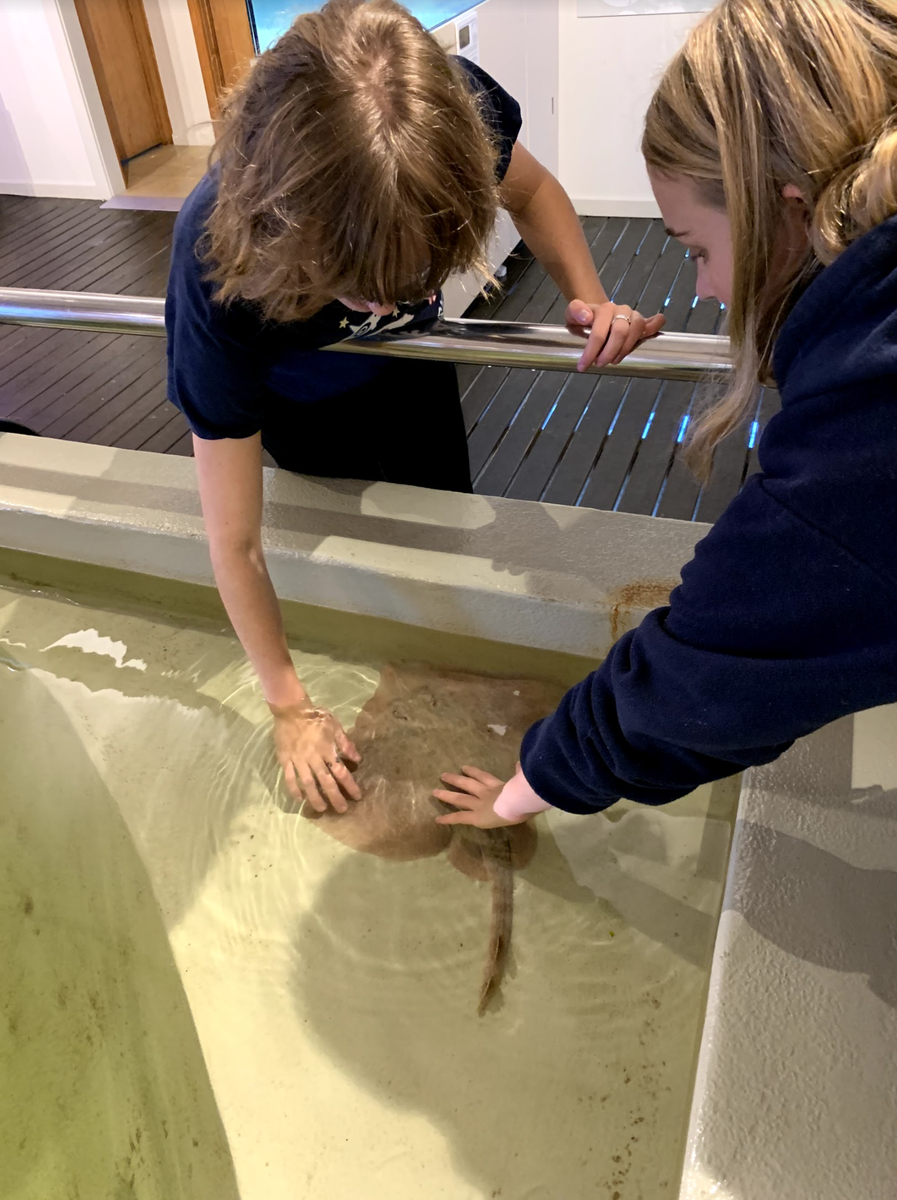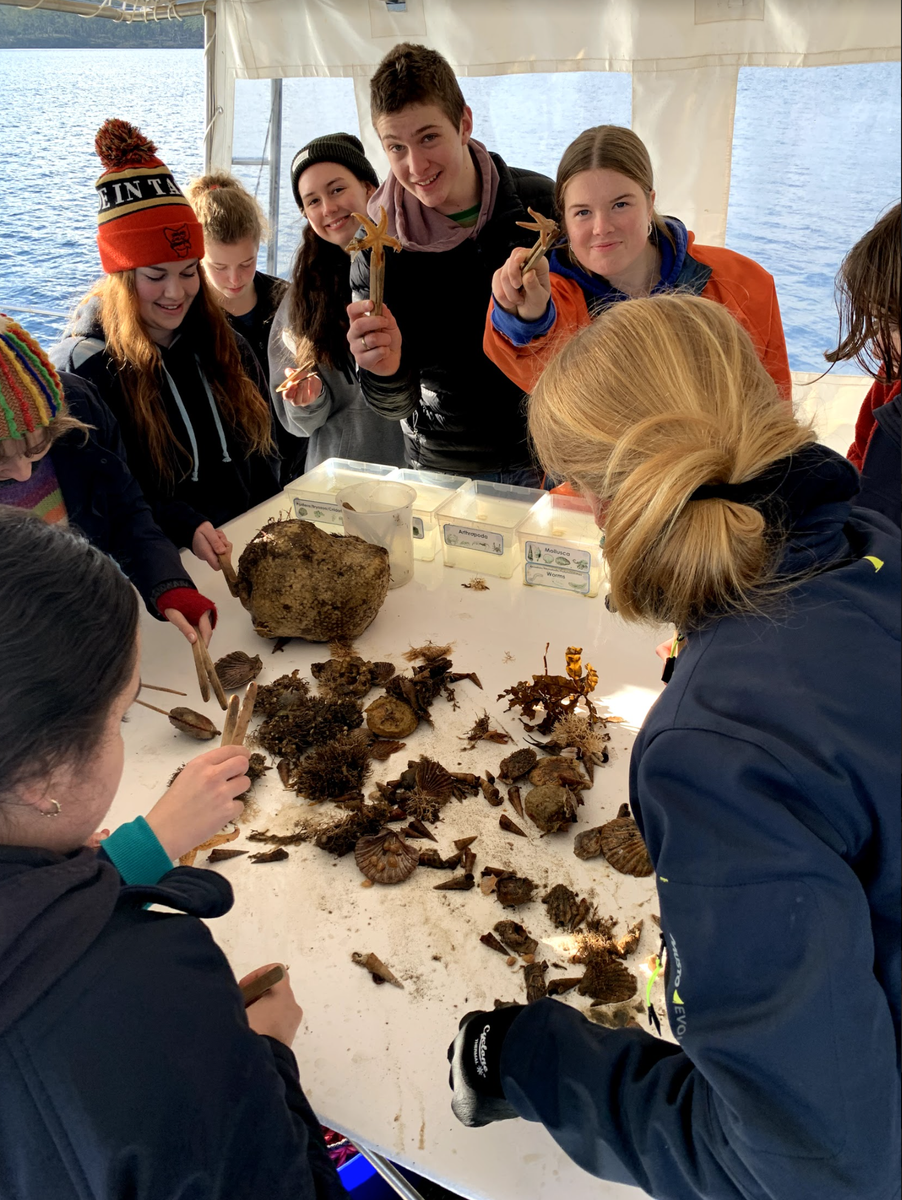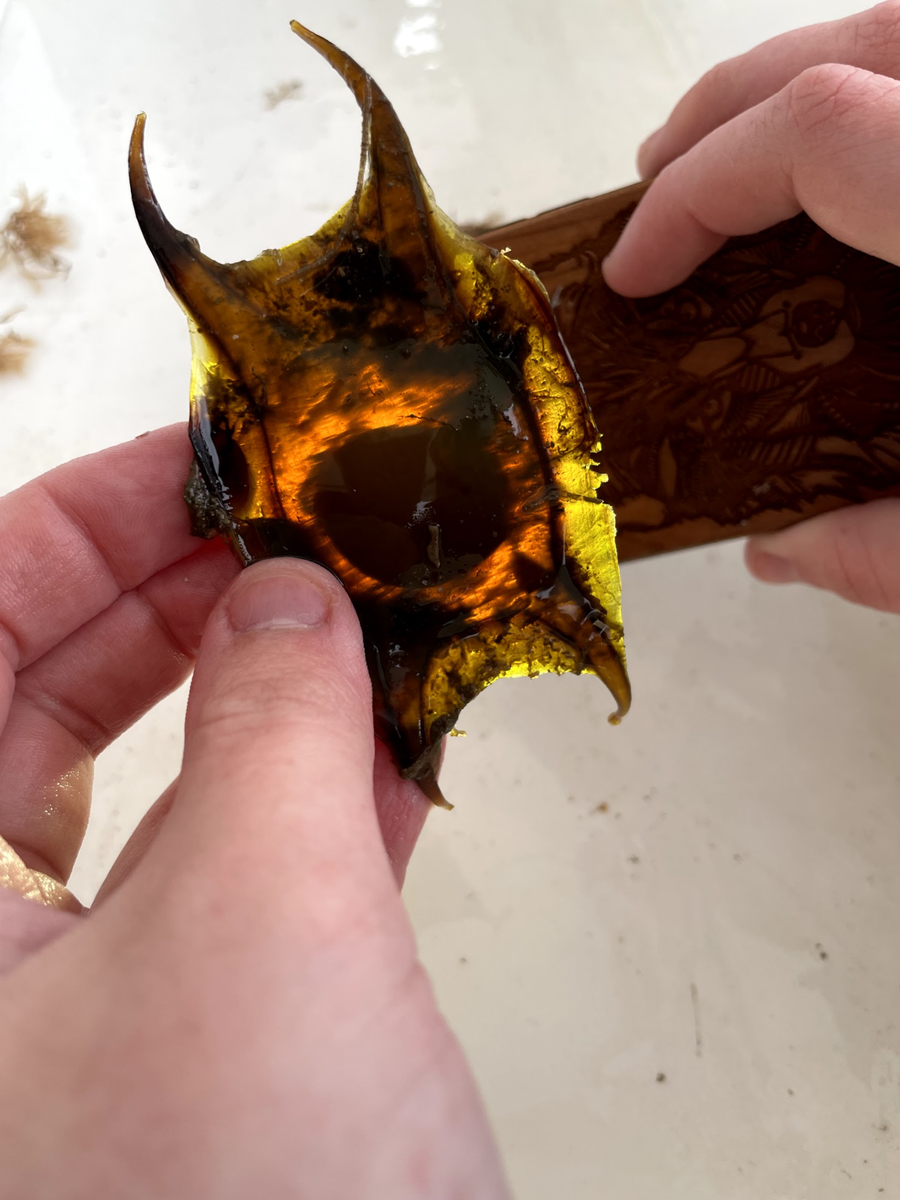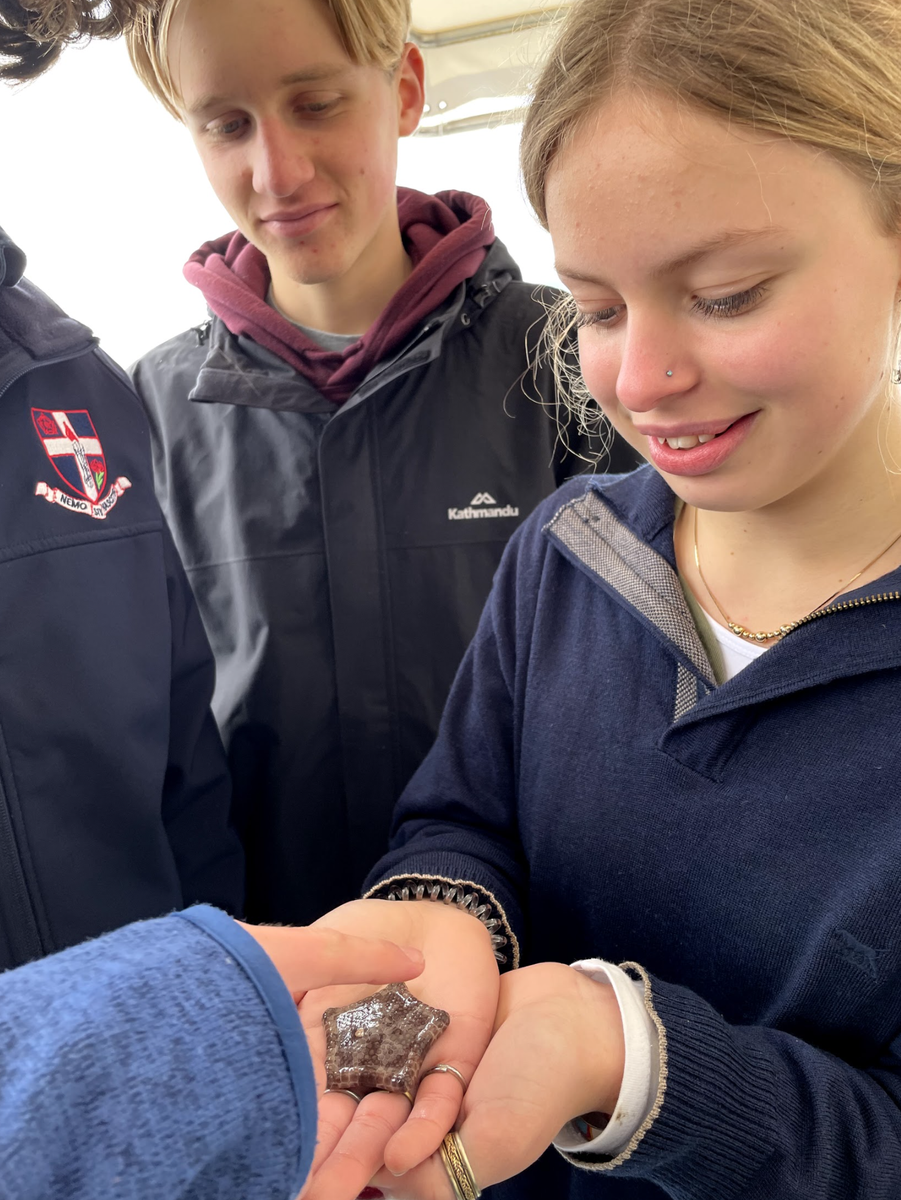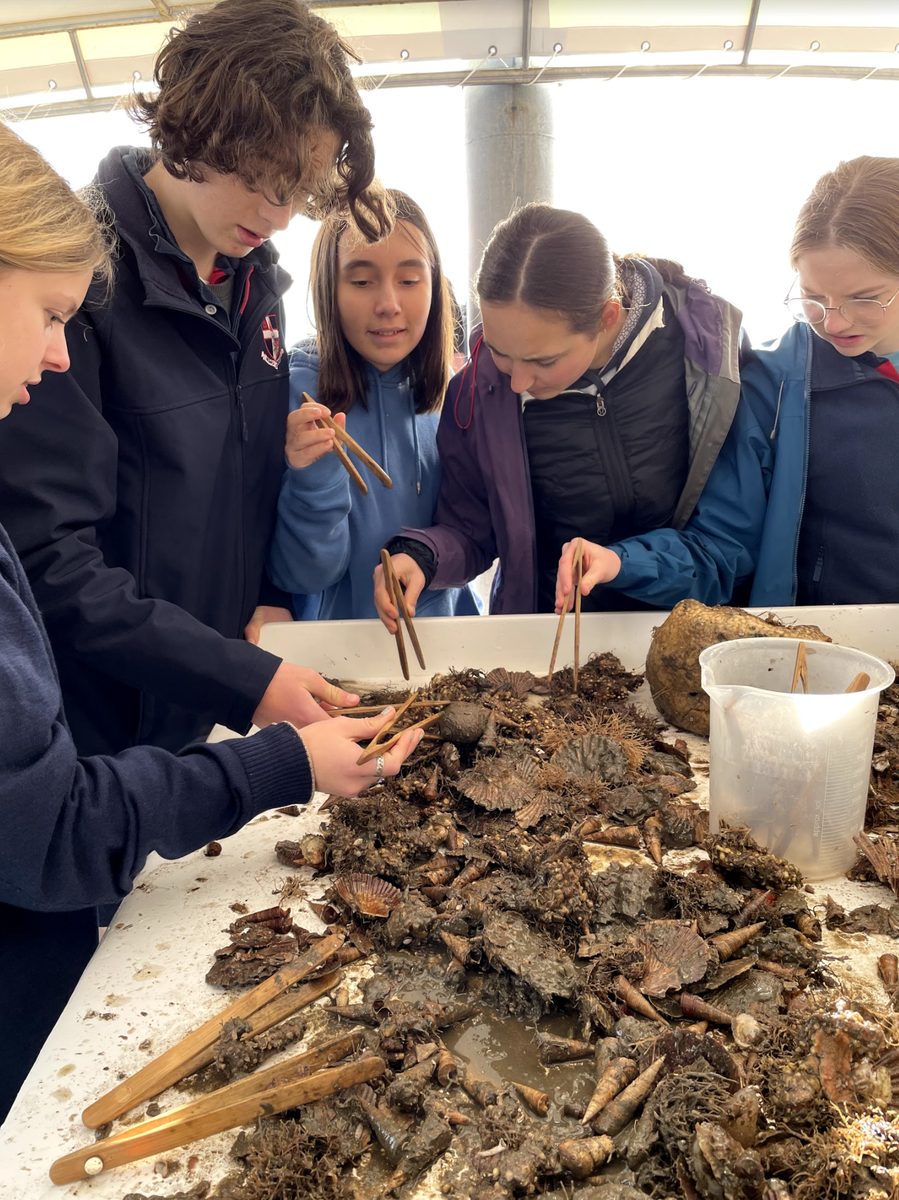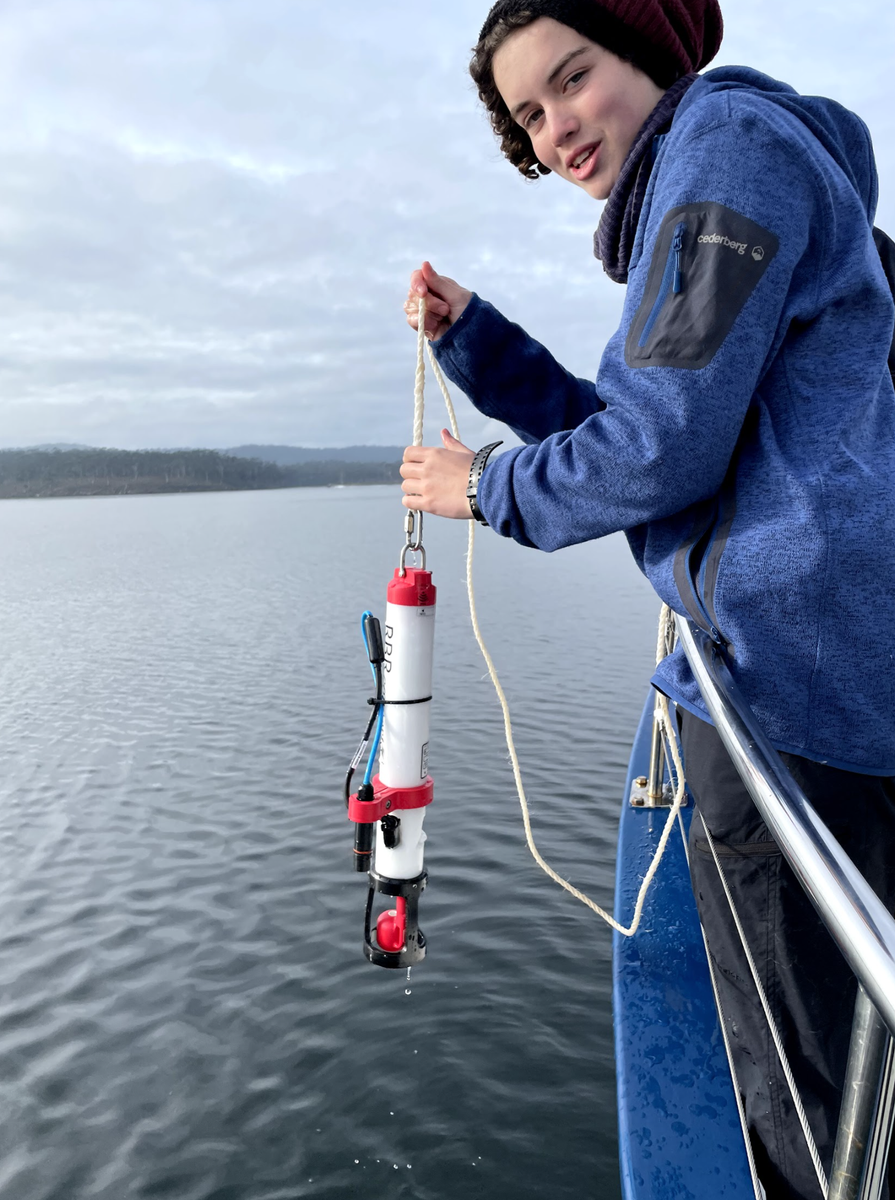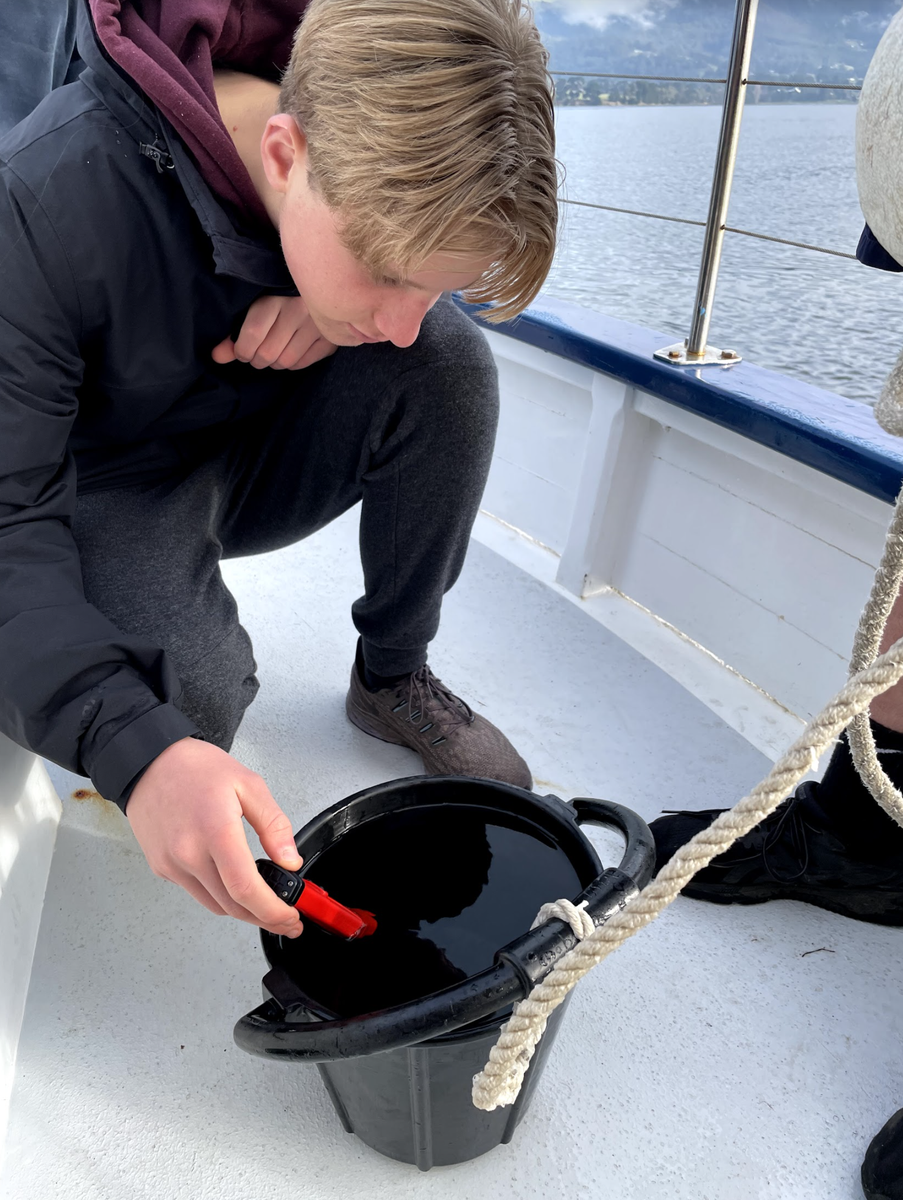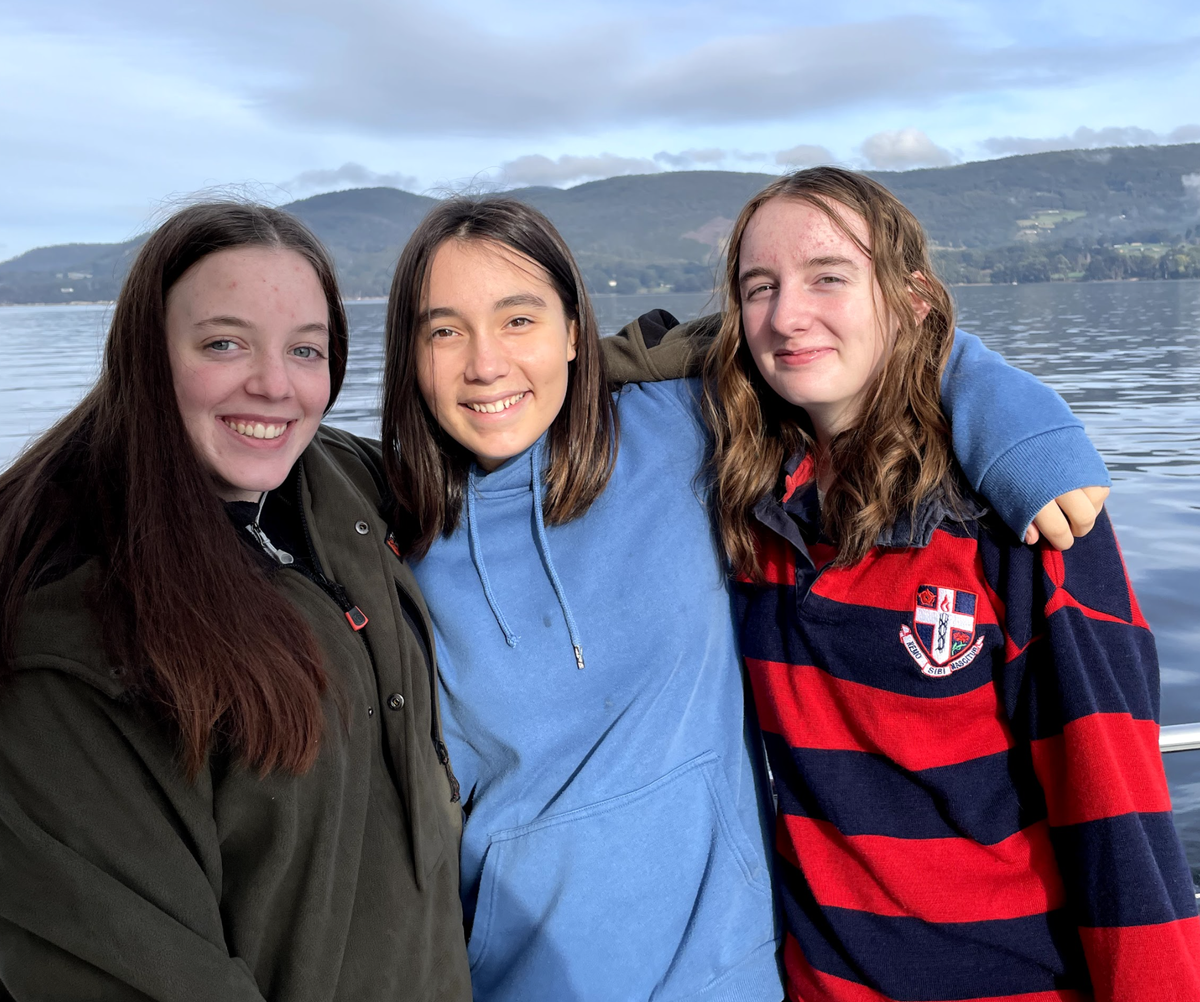Our Learning
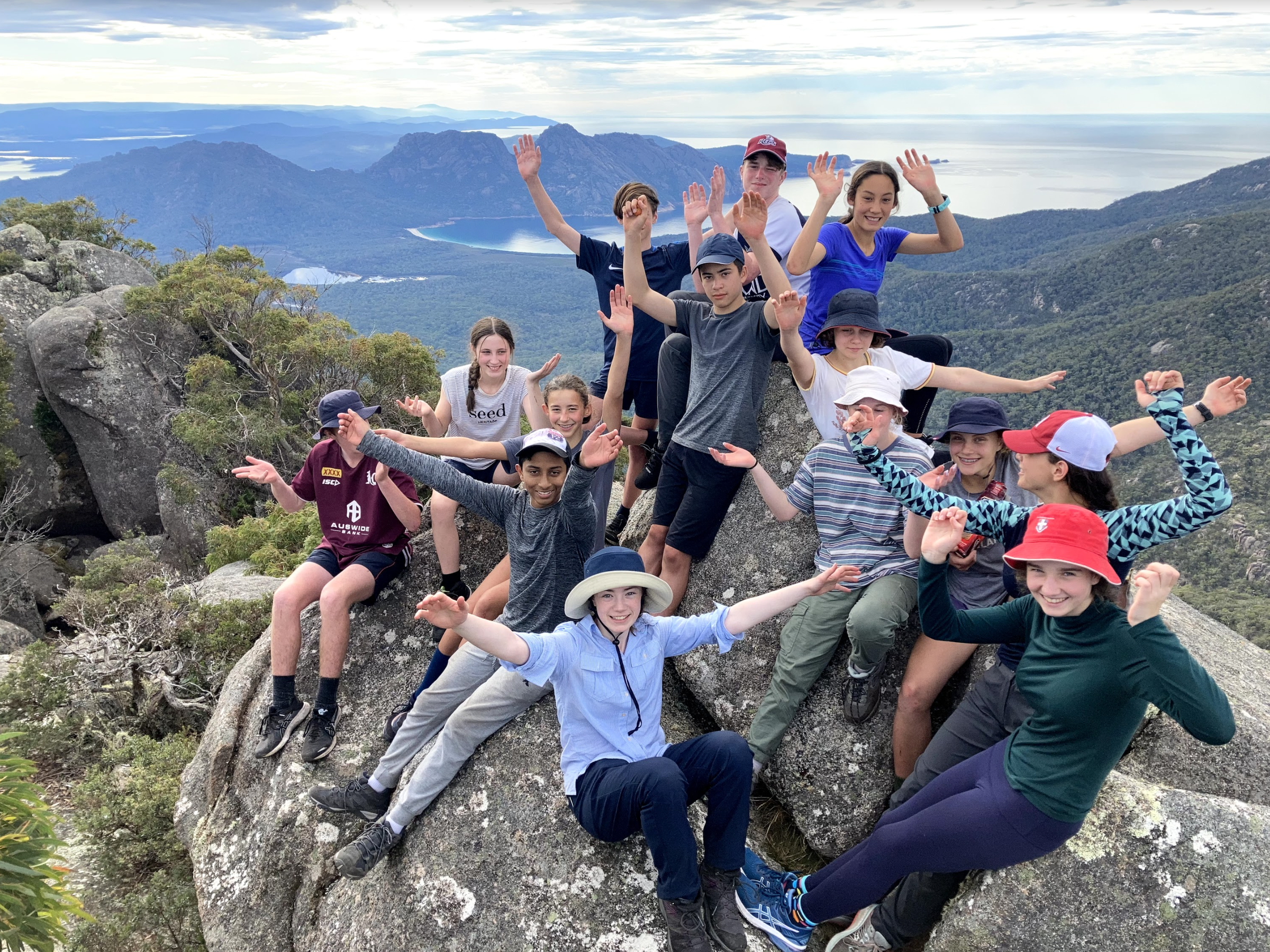
Semester 1 Outdoor Education
Outdoor Education students across the School got to experience some amazing outdoor adventures throughout Semester 1. Check out some of the amazing place they have been in the gallery below.
Year 7 Global Perspective Days
Introduction (Christine Wittlinger)
At the end of Term 2, the Global Perspective Days constituted a new and exciting addition to the Year 7 Connections program. Organised by their respective Language teacher, students were given the opportunity to experience aspects of the target language’s culture for a full day. At the beginning and at the end of each day, the students were encouraged to look at the Friends’ School’s Purpose and Concern statement and explore why having a ‘Global Perspective’ may enrich their outlook on life and increase their appreciation for different cultures. Please see below the short summaries of what happened and enjoy the photos that illustrate the fun on the six Global Perspective Days.
Chinese (Dana Hutchinson)
The theme of the Chinese Day was China’s cultural influence, starting with Lunar New Year traditions. Year 7 Oats learned to make ink and how to draw the character for 福 (fortune) to make decorations. They tried some paper cutting art and tasted some bubble tea. The students also enjoyed a performance by the Chinese Music Ensemble and tried out some of the instruments as well as Chinese costumes. They finished the day learning a contemporary Chinese dance to “Little Apple”, a pop song that was a hit throughout Asia.
French (Katharine Podmore + Adam Shaw)
The French Day gave students in Fry and Walker an insight into some traditional and delicious food from francophone countries and the less well-known sport of jeu de paume (real tennis). Students had the opportunity to make crêpes, gaufres (waffles) and croque-monsieur (fancy French ham and cheese toasties) as well as setting up a restaurant and ordering their food in French from each other. In the afternoon, the students went to the Hobart Real Tennis Club and learnt about the history of the sport and had a go at playing.
German (Agnes Knogler)
The German Day was inspired by the activities that, traditionally, are done by Austrians, Swiss people and Germans during the winter months. Year 7 Mott began the day by baking Butterkekse (butter biscuits)and making Kinderpunsch (a hot, spiced drink on a tea and fruit juice base). Following this, they crafted Martini-Laternen (lanterns), a custom that is usually observed in November and is often done by schoolchildren. The day finished with a trip to the Glenorchy Ice Rink, to allow students to experience the hugely popular winter sport Eislaufen (ice skating).
Japanese (Marissa King)
The Japanese Day focussed on the Japanese school event, undoukai, or Sports Day. This day promotes teamwork and the benefits of physical activity through novelty events and cheering. The students tried some events, including mukade kyousou (caterpillar race), dekapan (huge pants race), and oodama korogashi (big ball roll). Students also designed, created and enjoyed eating kyaraben (character bento boxes). Penn ended the wet day with a film about a time-travelling samurai, while Backhouse spent the morning exploring the Japanese Garden in the Botanical Gardens, sketching some Japan-inspired illustrations.
Learning begins with listening…
At Friends’ Early Learning we have been hard at work for the past 18 months, reimagining our educational approach and strengthening our work alongside children through the practice of ‘intentional listening’. This important strategy ensures that we are always working responsively and respectfully with our young learners and their families, as they learn and grow together. This intent is centred on a view of children as inherently curious, creative, competent and capable. As Loris Malaguzzi suggests, it awakens “a willingness to question all your own abilities, your knowledge, to become humble. Only then will you be able to listen to the child, to set off on a common search to ‘educate each other’ together.”
In our babies room, Lead Educator Anna Riggs and the Green Room team have transformed the learning environment, listening closely to what types of experiences and materials engage our youngest learners. These observations have discovered that our babies have been very interested in objects and experiences that produce and are changed by sound; demonstrating an endless curiosity towards the sound landscapes in our indoor and outdoor learning spaces. Responding to this interest, Anna asked Music Teacher Christine Akerman, who usually works with older students in the school, to bring her viola and play for the babies. This experience brought the entire room to a standstill, as babies and adults alike shared the joy of music together. This has quickly grown into a weekly event and draws quite a crowd of babies and adults as they witness moments of magic when very young children engage with the captivating beauty of music. It is experiences like these that not only introduce our children to new ways to meet the world around them, but also contribute important experiences which support their developing brains.
Driven by the enormous potential of curiosity and creativity, we know children are equipped with a hundred billion neurons and an insatiable desire to wonder, to question and to learn. A child who knows many things and is eager to share these with others, a child that is powerful from the moment they are born, adept at building relationships and seeking connections, encountering the world with high expectations, not to be disappointed in the search for meaning. This is the foundation of our renewed approach to learning at Friends’ Early Learning, and provides important building blocks for new knowledge and experience to be built over time.
In our Blue Room, the Kindergarten program for three to four year olds also continues to build and grow. Recently, in response to discussions and learning engagements in Reconciliation Week, the children have been investigating the significance of coming together around a fire for community building and connection. The children have developed this keen interest in the concept of fire after exploring connections and sharing camping stories and experiences from home. Hearing this interest, Lead Educator Lisa Brooke and the Blue Room team, quickly seized the opportunity to plan for a real campfire to be held at school and explored all avenues of preparation and planning with the children.
Together the children learned all about fire and fire safety, they met with Mark Febey, Head of Early Learning and Primary, and worked through the process of completing a risk assessment form to ensure all aspects of our campfire experience were ready and planned!
The children selected a site on the Bottom Green, made arrangements for safe participation and most importantly, spent a long time considering and selecting appropriate sticks for toasting marshmallows.
The campfire experience did not disappoint! In fact we suspect it will be an experience that is repeated again as part of the ongoing program. Honouring and supporting the real life experiences of children such as these, helps us to understand children’s incredible everyday capacities for knowledge building, research, planning and making connections; all of which contribute to the enduring understandings and the skills of lifelong learning.
Auslan at Clemes
During Term 2, a group of Clemes students has been taking part in a course to learn ‘Auslan’. Auslan is short for Australian sign language, a system developed by, and for, Australians who are deaf or hearing impaired. It’s a visual form of communication that uses a combination of hand shapes, movements and facial expressions to convey meaning.
Every Monday after school during Term 2, 15 eager Clemes students have been participating in lessons with Michelle, an instructor from Expressions Australia. The whole class is taught by signing with no speaking allowed! Students have learned a range of basic signs including greetings and introductions, the alphabet and numbers, talking about themselves and asking questions of others.
The course is a great example of service to others which helps break down the walls that keep us isolated in our own lives and in our own communities. All of the students have gained confidence in their ability to sign and an insight into the language of the deaf and hearing impaired community.
The Friendly Conference
The Friendly Conference and Peter Underwood Peace and Justice lecture are biennial events designed to explore an important contemporary issue in order to produce new understandings and principled action in line with the School’s Purpose and Concerns statement. The theme for this year’s conference was selected as part of the School’s strategic priority of working towards producing a Reconciliation Action Plan which is a formal statement of commitment to reconciliation with Australia’s First Peoples.
The keynote lecture aims to commemorate the life, values and achievements of the former Chief Justice of the Supreme Court and Governor of Tasmania, Peter Underwood. Peter had a strong connection with the school for many years and served as the Presiding Member of the Board of Governors in the 1990s. Peter’s mantra was that ‘We must all actively strive for peace and justice on a daily basis.’ which was a statement that captured his highly developed social conscience. Peter used his platform as Governor of Tasmania to advocate for Indigenous issues, such as land rights and education. The establishment of the Peter Underwood Centre after his death focuses on research, partnerships and initiatives that contribute to positive and sustained change for all Tasmanians.
The School community was extremely fortunate to hear a presentation from highly respected Tasmanian Indigenous elder, Aunty Patsy Cameron, who travelled from her home on the north-east coast of Tasmania. She was accompanied by esteemed Professor Tim McCormack who has developed an international reputation for his expertise in humanitarian law and public advocacy of Indigenous rights. Together, they shared an insightful knowledge and experience of Indigenous history titled ‘Trick or Treaty.’ This theme aligns with our work with the Tasmanian Reconciliation Collective on our Reconciliation Action Plan. We heard what it means to contribute to Reconciliation and how as a School we can strengthen and put into practice what is stated in our Acknowledgement of Country, with the values of Peace and Justice at the forefront of the issue.
Follow this link to watch the lecture in full.
Students then had the opportunity to take part in interactive workshops aimed at increasing cultural awareness and understanding on a range of Indigenous issues. Indigenous presenters guided students through an array of activities, discussions and reflections aimed at gaining an informed understanding of this important national issue. Many students were able to make meaningful contact with Indigenous people and other key stakeholders for the first time in their formal education in order to engage in genuine discussion and reflection. A key outcome of The Friendly Conference and Peter Underwood Peace Lecture is for students to arrive at an understanding of the personal role they can play in contributing to reconciliation and having input into a RAP. This work has been ongoing as part of service-learning initiatives over the past term.
Art2Words
The Art2Words competition was held in Term 1 and received a wide selection of truly remarkable entries from across the School. Chris Champion, Director and Editor of Forty South and judge of the prize, was incredibly impressed with the calibre of the competition entries, going on to say that “Every one of the finalists in all four sections earns an Editor’s Star”.
Follow the link to read the full story and to read the winning and shortlisted entries.
Careers Expo
Thank you to all our community members who took the time to come and share their working experiences at our Careers Expo. We had 46 different exhibitors share their experiences in various professions with our Year 10 - 12s, including areas such as Psychiatry, Fire-Fighting, Physiotherapy, Real Estate, Geology and so many more.
Opening the morning, our Keynote speaker, Rufus Black (Vice-Chancellor of the University of Tasmania) discussed all the exciting opportunities the university has to offer.
Our Careers Expo is a fantastic opportunity for our students to learn about the many different paths a career might take and see what steps they need to take in their schooling to achieve their goals.
Japanese
Tuesday 11 May saw our Clemes TCE Japanese class head to the Bujinkan Tasmania Budo Dojo & Japanese Culture Centre for a first-hand lesson in Kimono dressing. Minako Stewart, our ‘Sensei’ for the morning, instructed the class through the art of Kimono. The students were led through the different stages of dressing and thoroughly enjoyed the unique opportunity to wear such beautiful, culturally important garments.
The session, delivered fully in Japanese, provided the class with the opportunity to develop their understanding of Japanese culture, while simultaneously challenging their language comprehension. Upon return to class, the students applied their language skill to generating a journal entry in Japanese, incorporating complex grammar and scripts to share their messages.
Year 3 Gardening
This term Year 3 students have been exploring the climatic conditions and vegetables that are suitable to grow in Hobart. Each student or team of students have their own garden beds and self-chosen produce to care for. The students have been applying their self-management and interpersonal skills to achieve their gardening goals. They are looking forward to the journey ahead and hopefully using their produce in our Outdoor Kitchen, including planting the oregano for the pizzas.
Bio Science at Woodbridge Marine Discovery Centre
Biological Sciences students have recently had the opportunity to participate in some field work around the Global Systems unit being studied in class. Students from all three classes visited the Woodbridge Marine Discovery Centre, where they spent the day exploring concepts such as animal adaptations in the touch tanks (as well as patting the sharks and skates), conducting experiments on the impacts of climate change as well as collecting raw data on the temperature, pH level, turbidity and oxygen concentration of the water at various depths. Students then sorted some of the organisms that were dredged up by the boat, and identified some of the range extension species that have migrated south as a consequence of warming waters in the south. Students had a fantastic day full of exciting and relevant learning opportunities and experiences.

